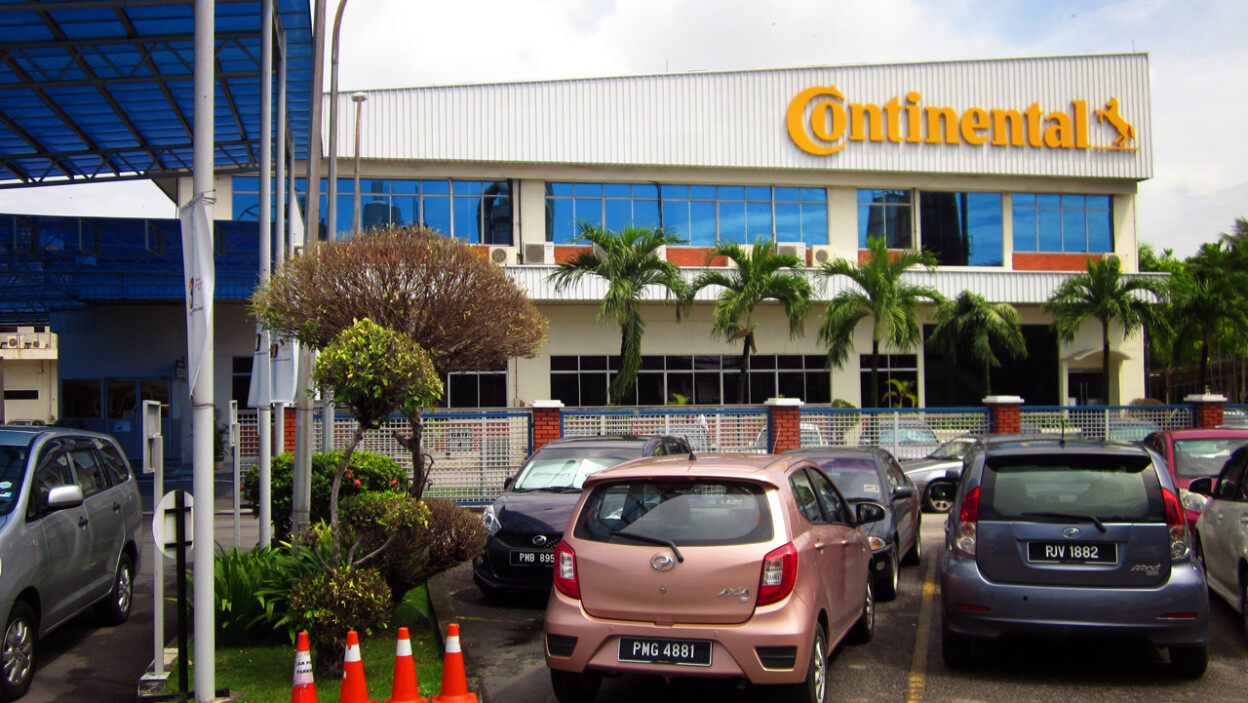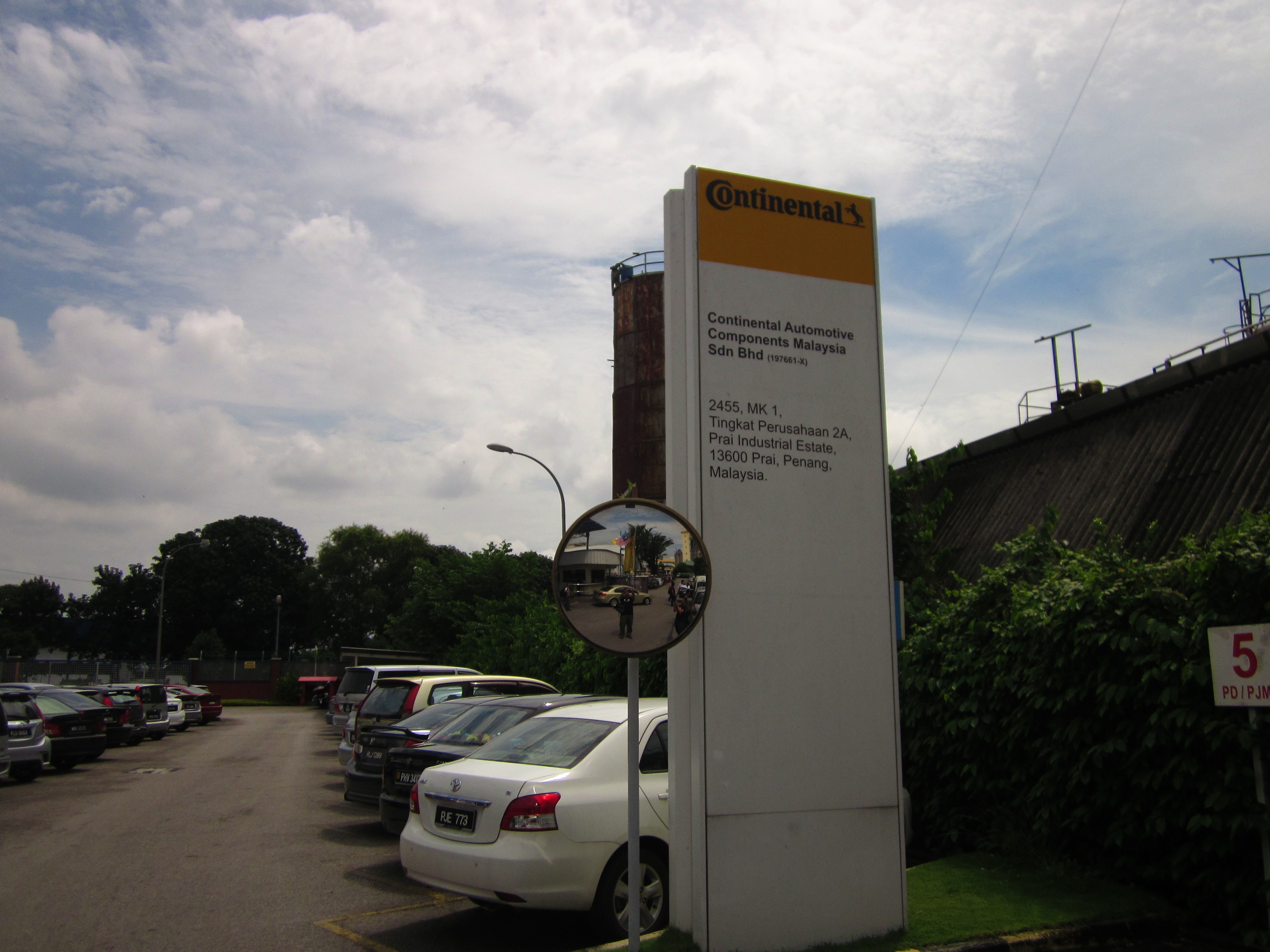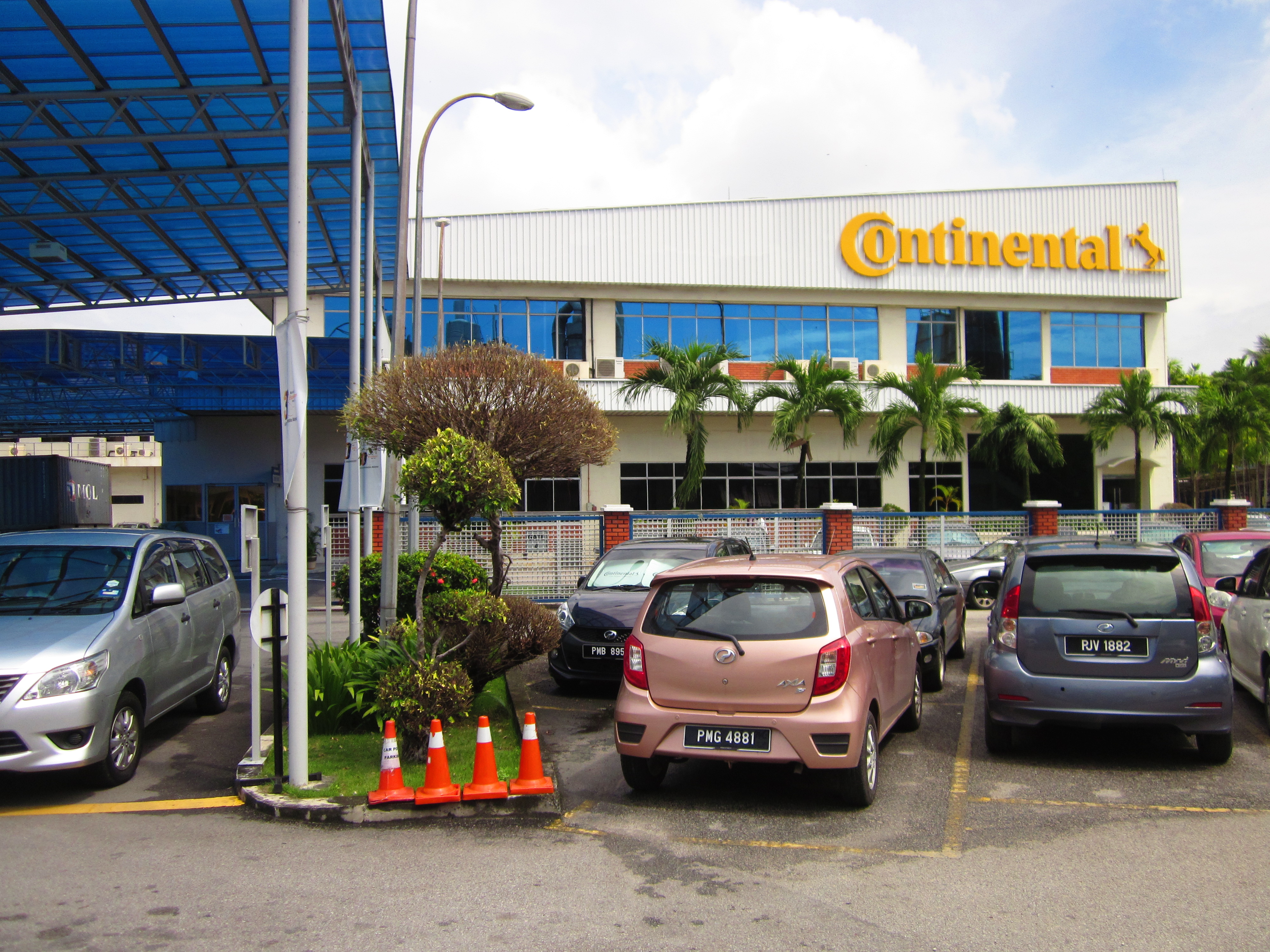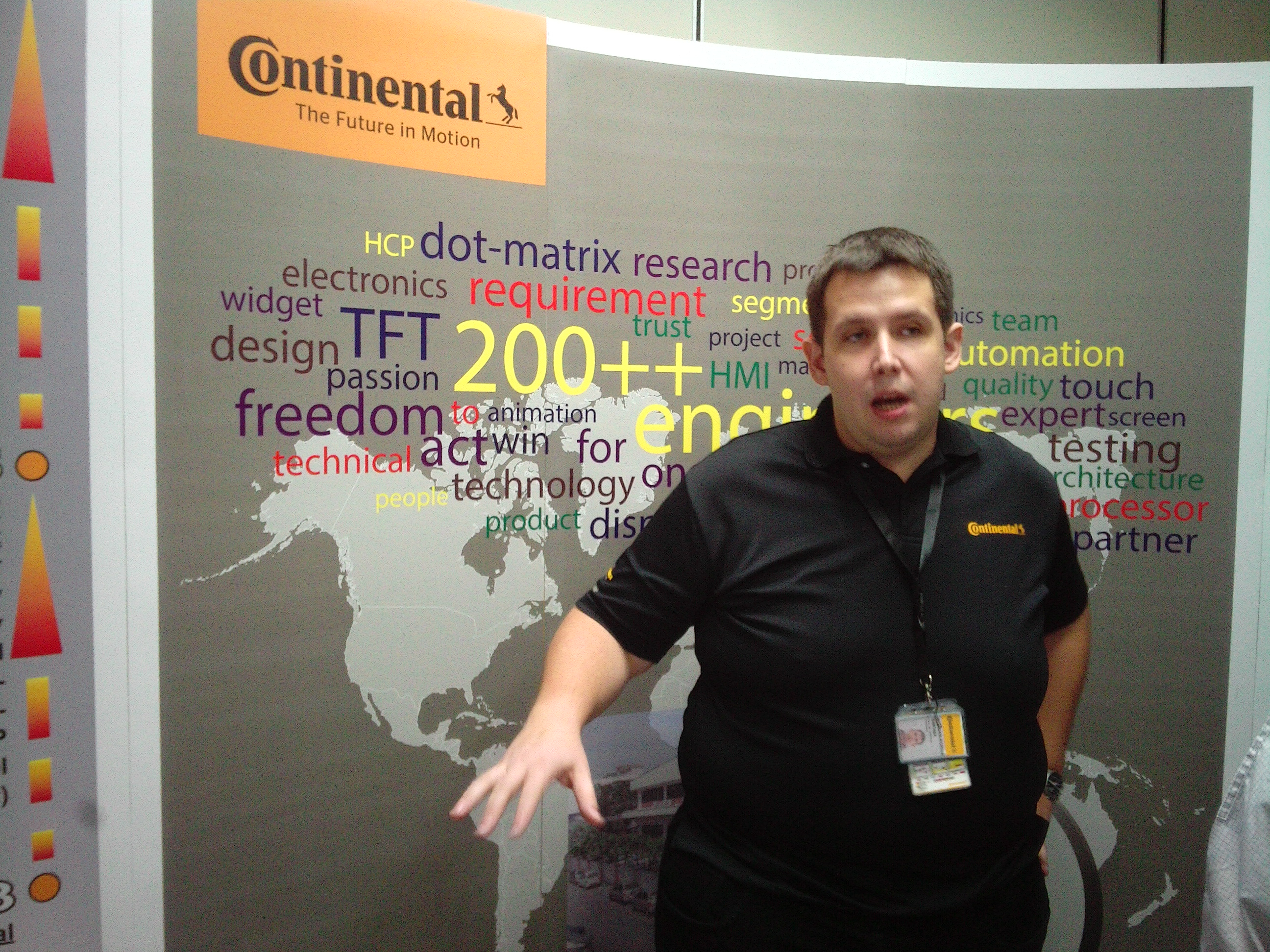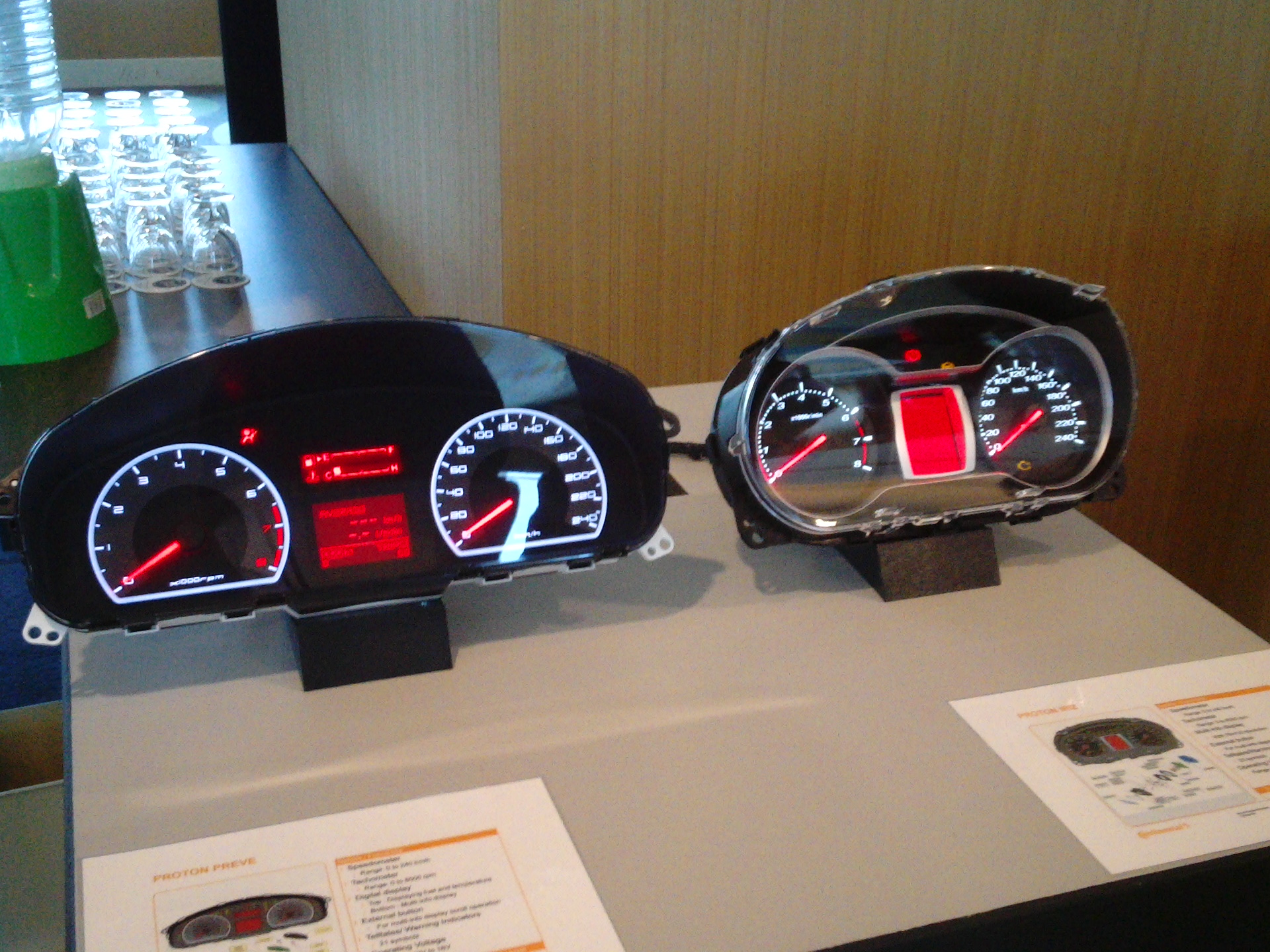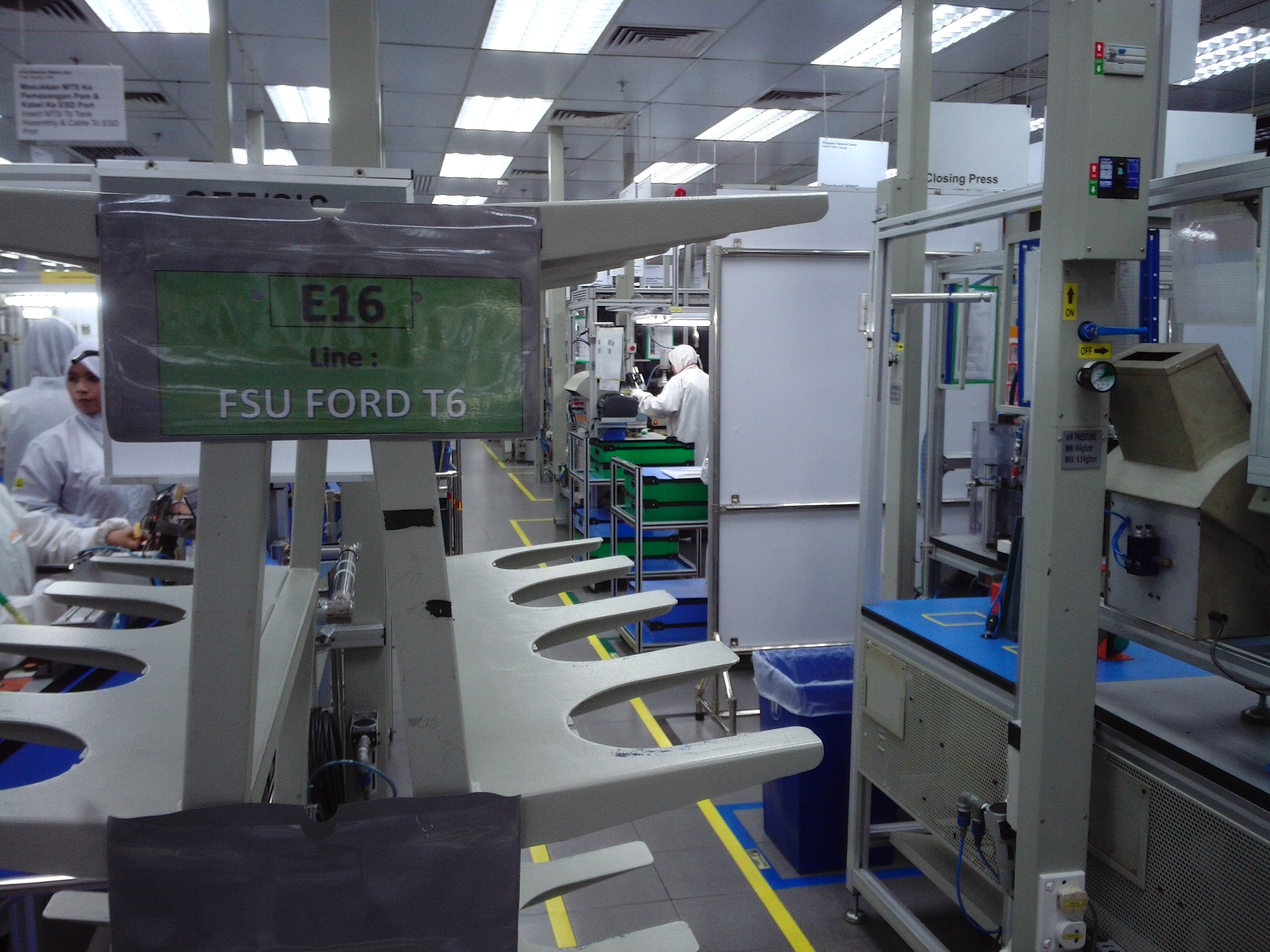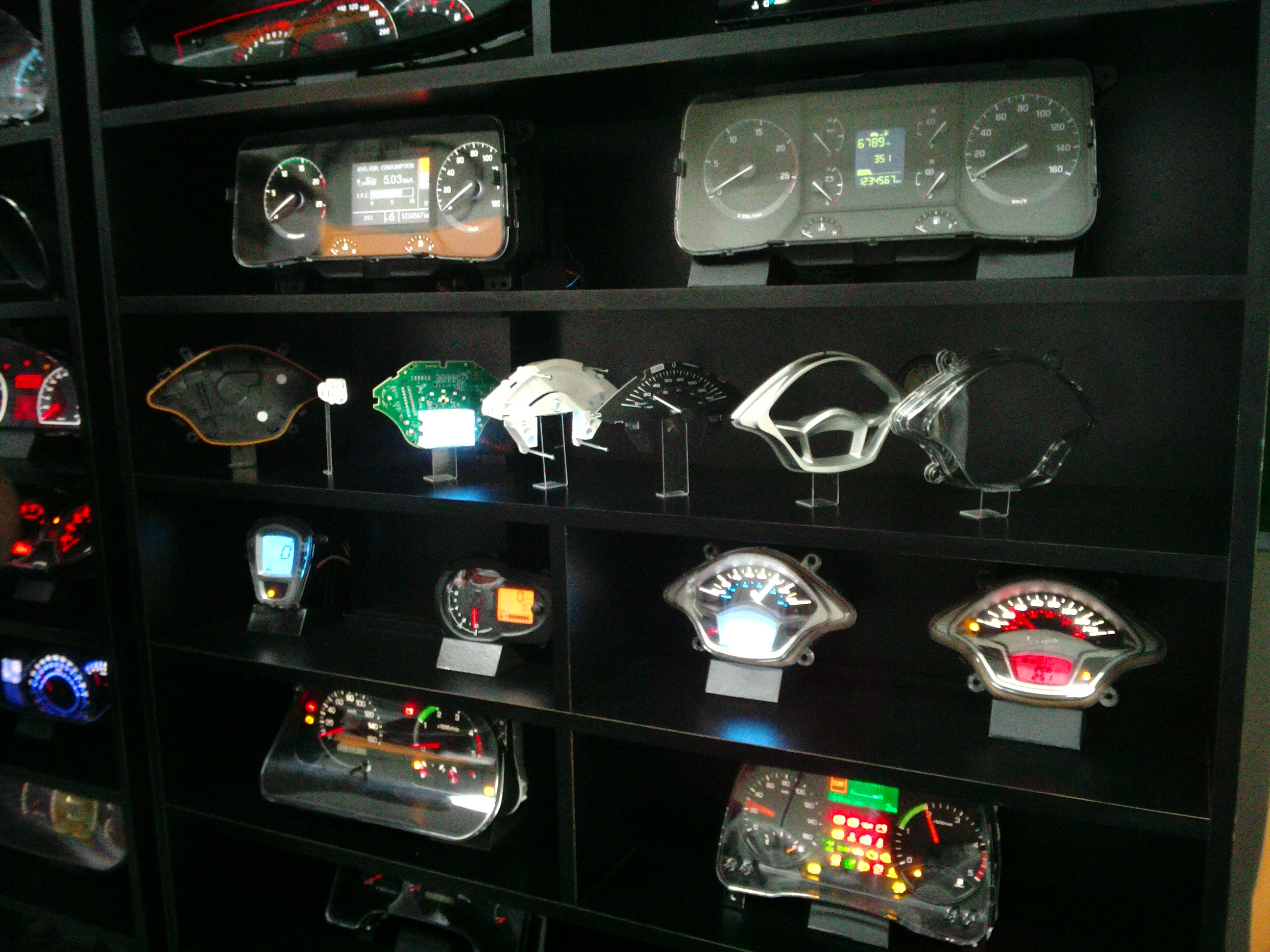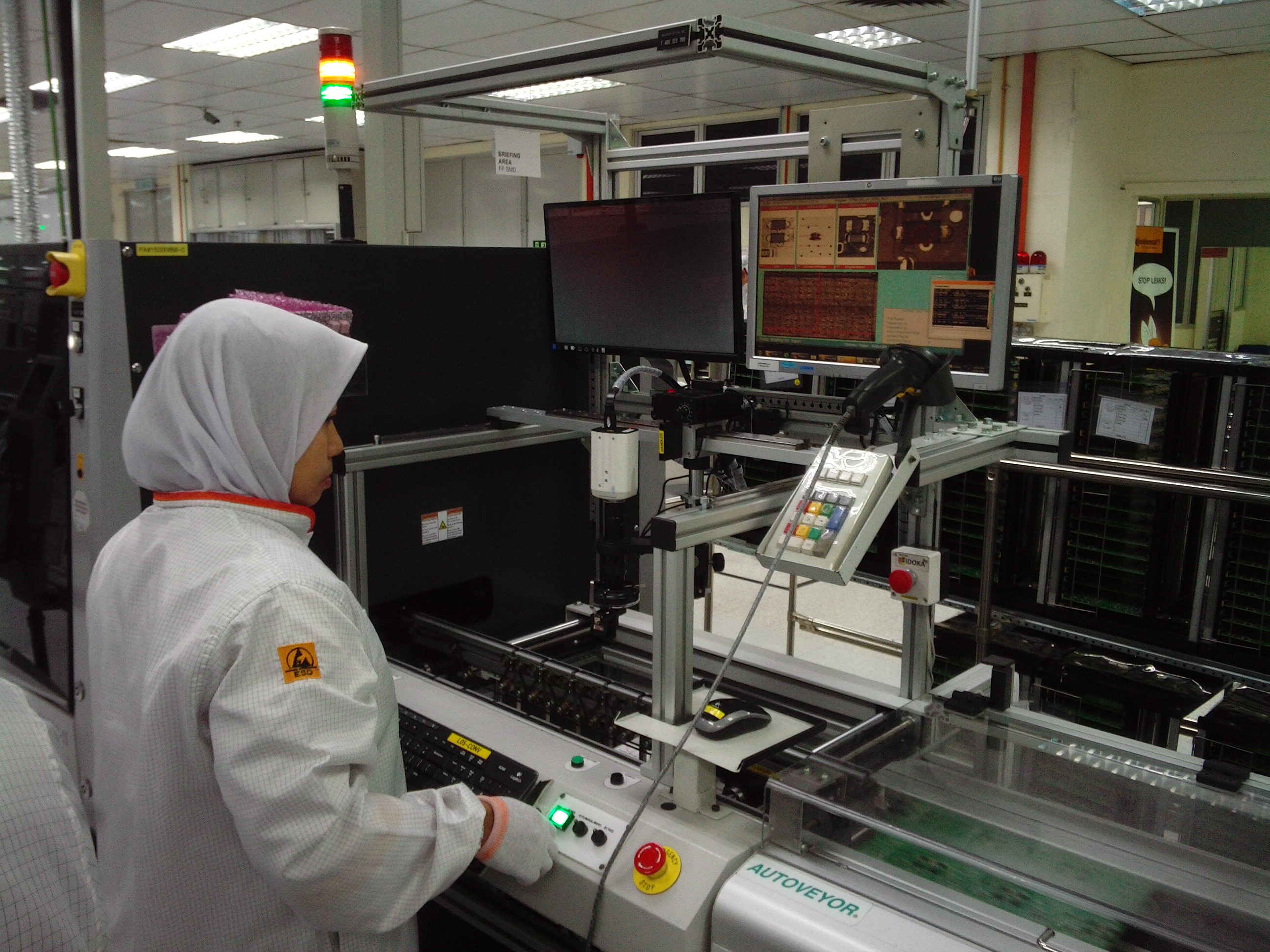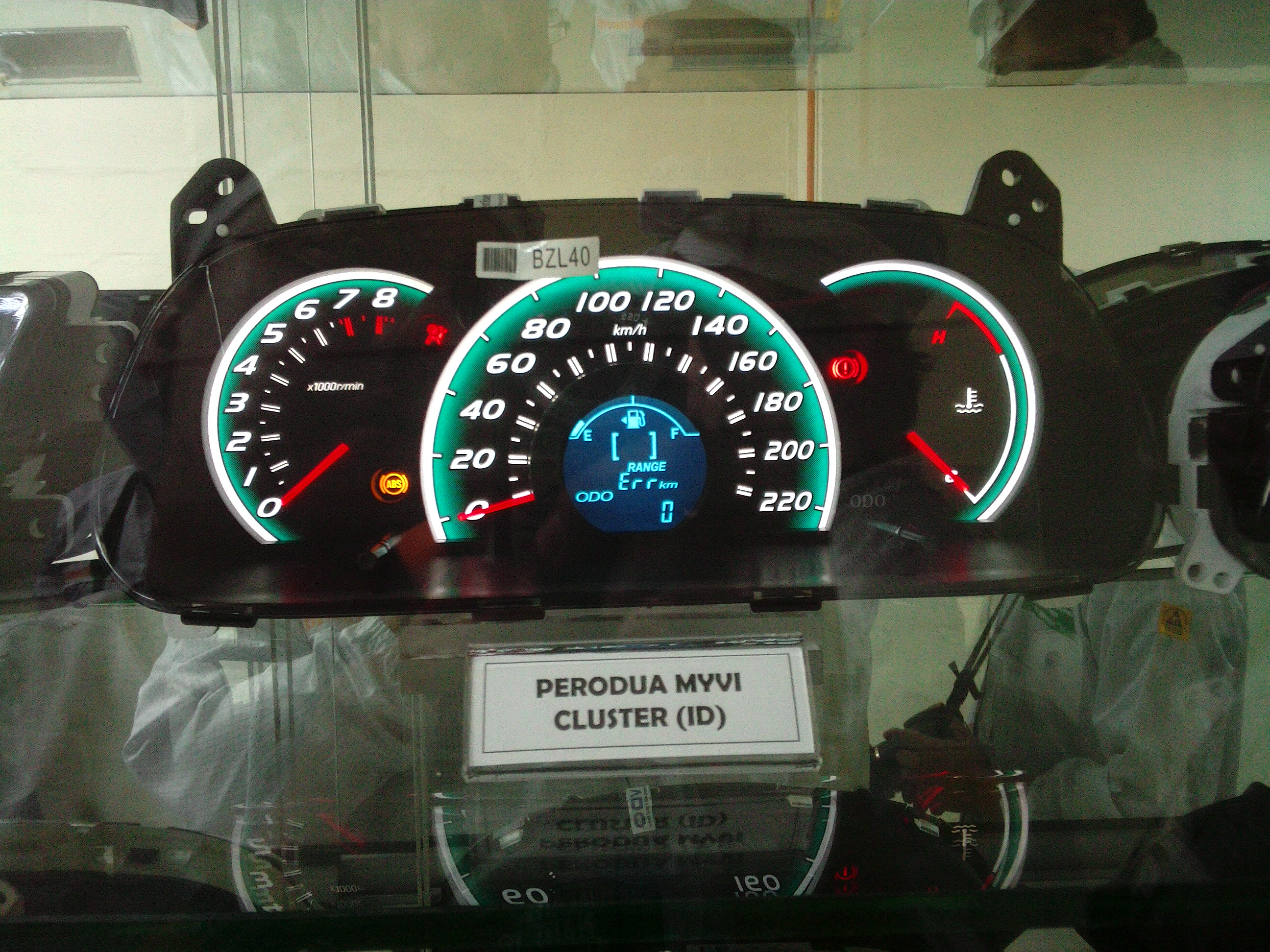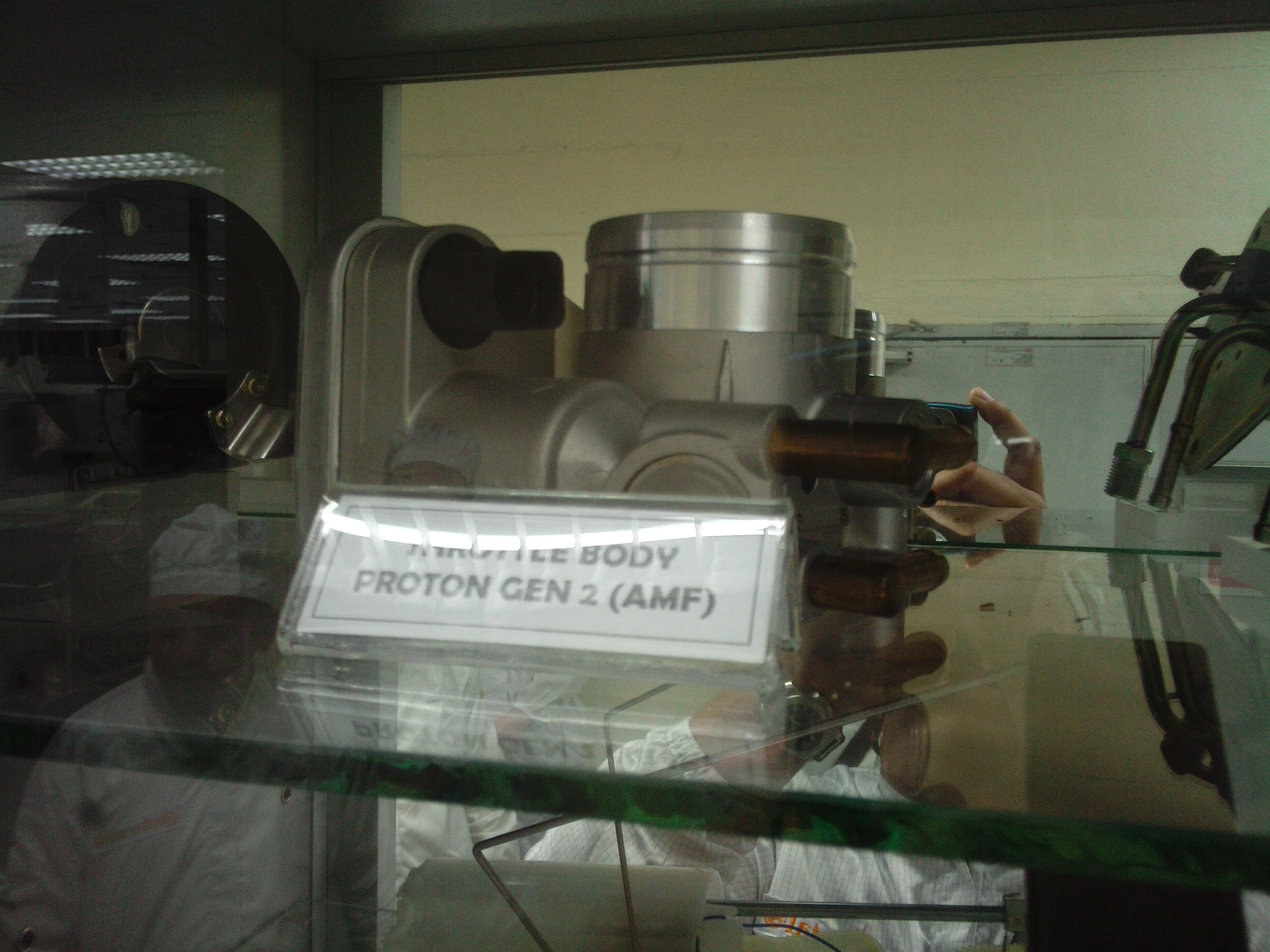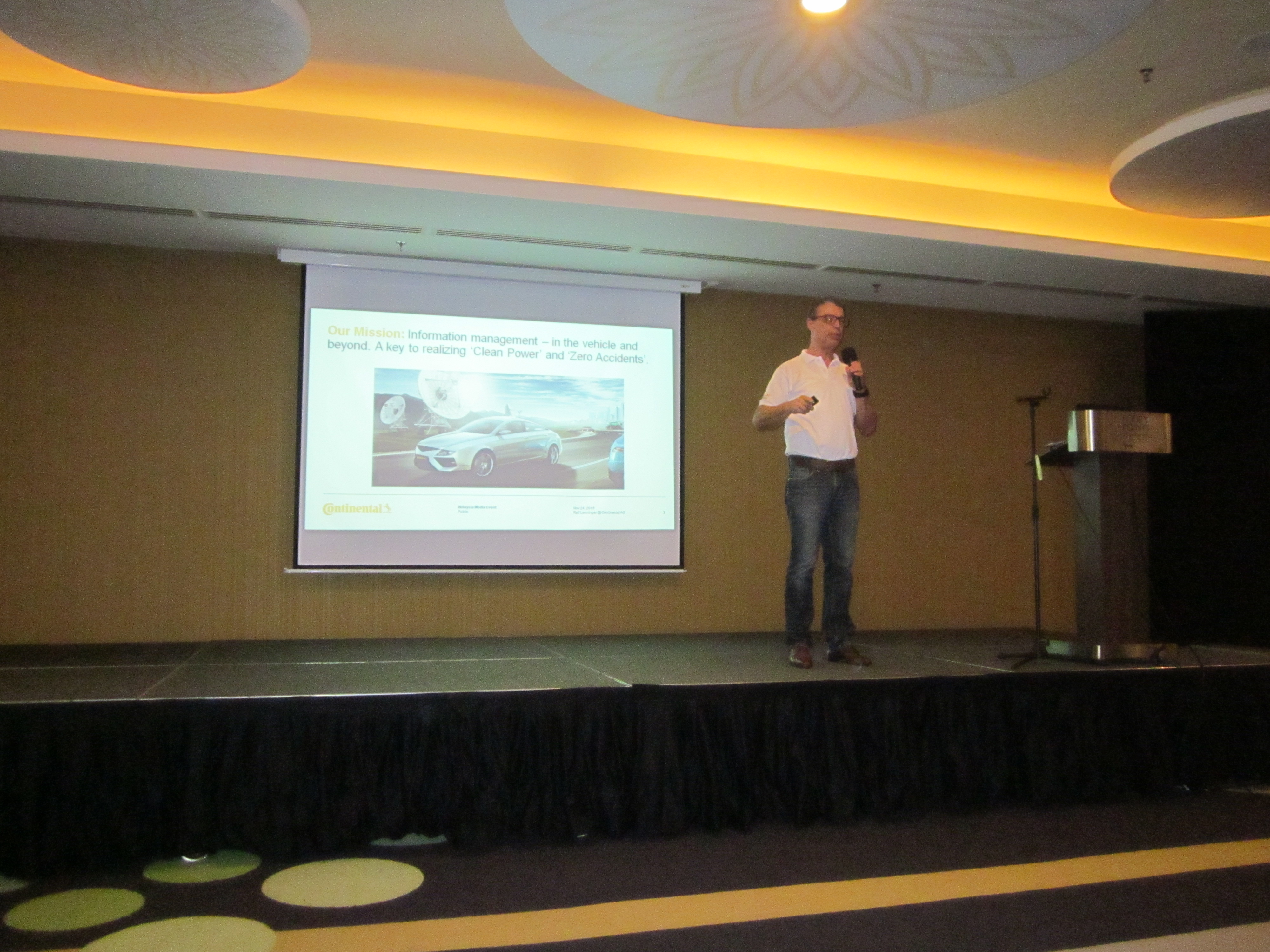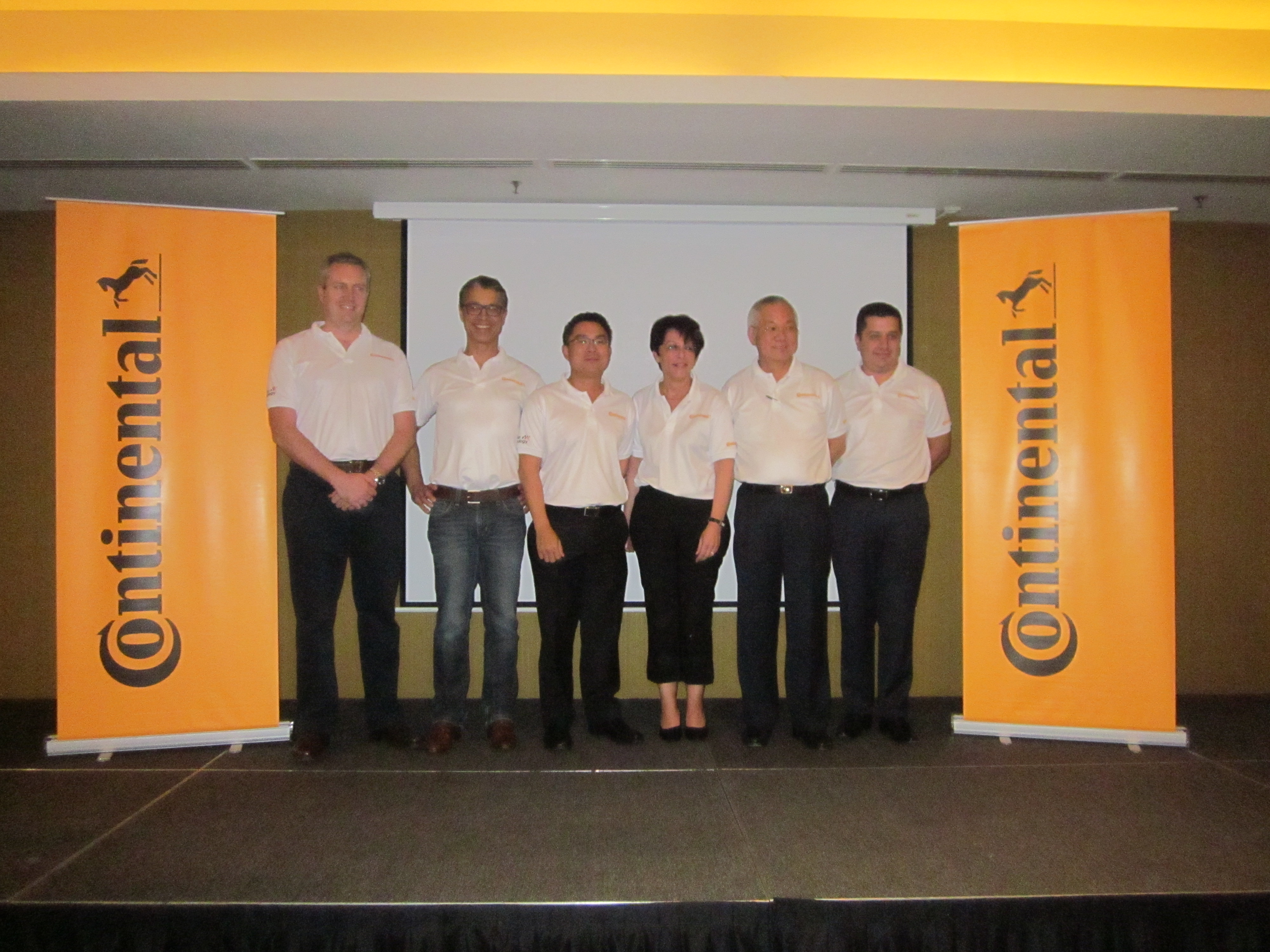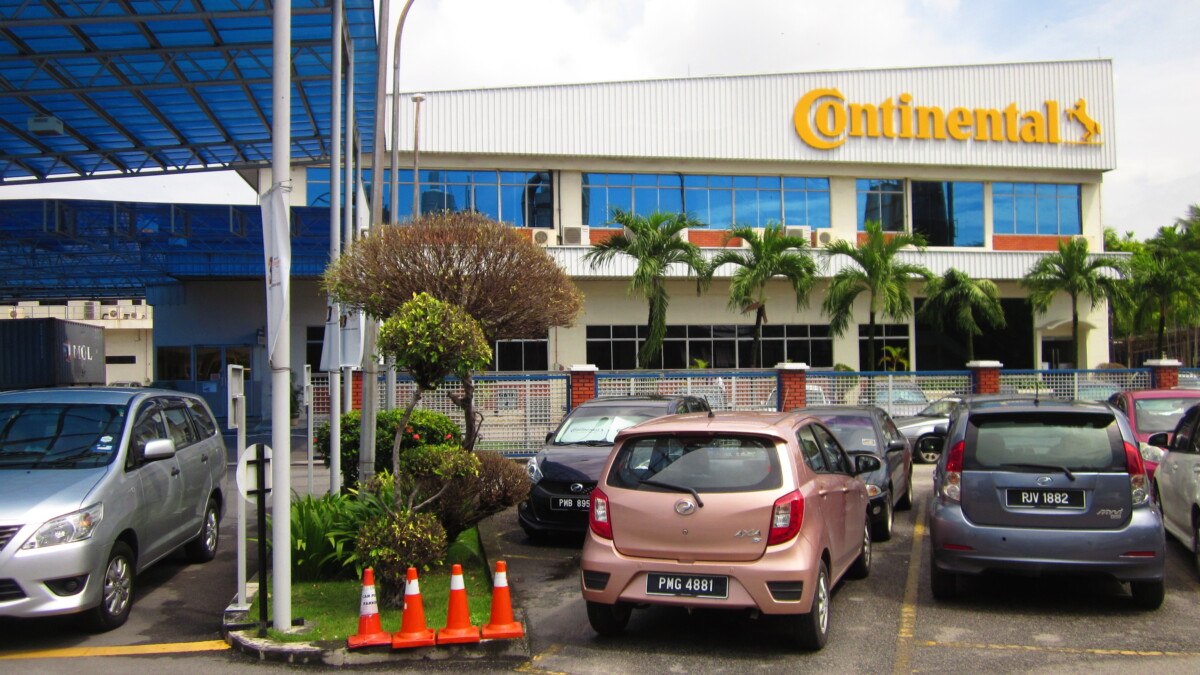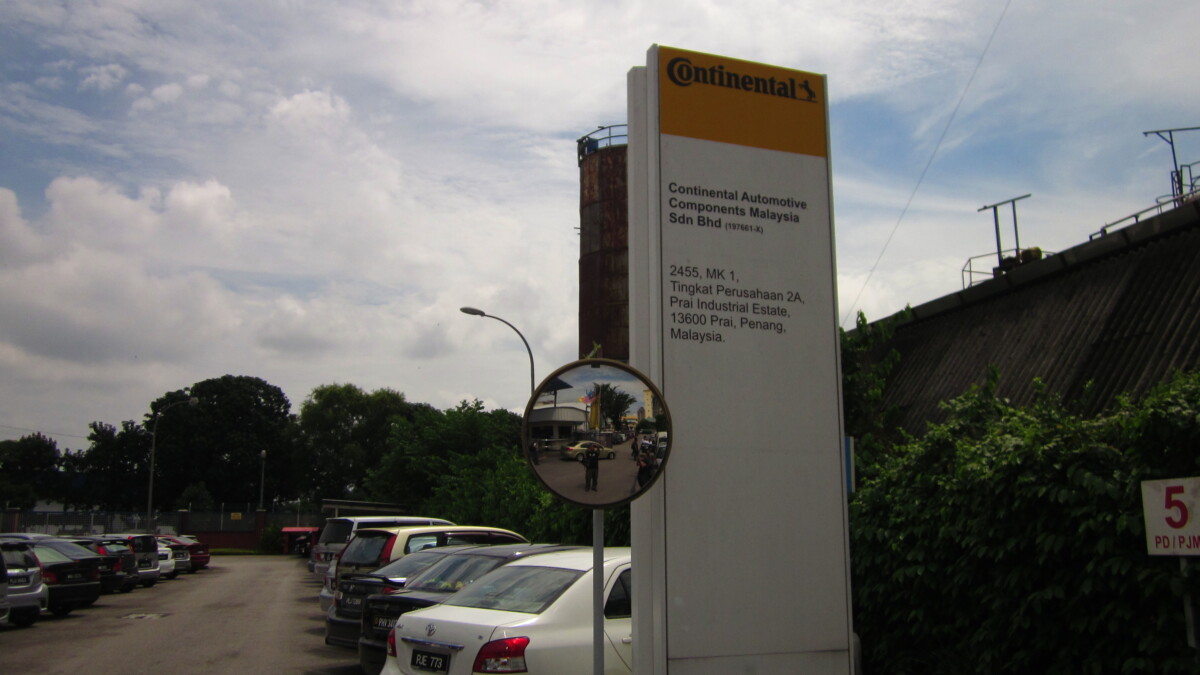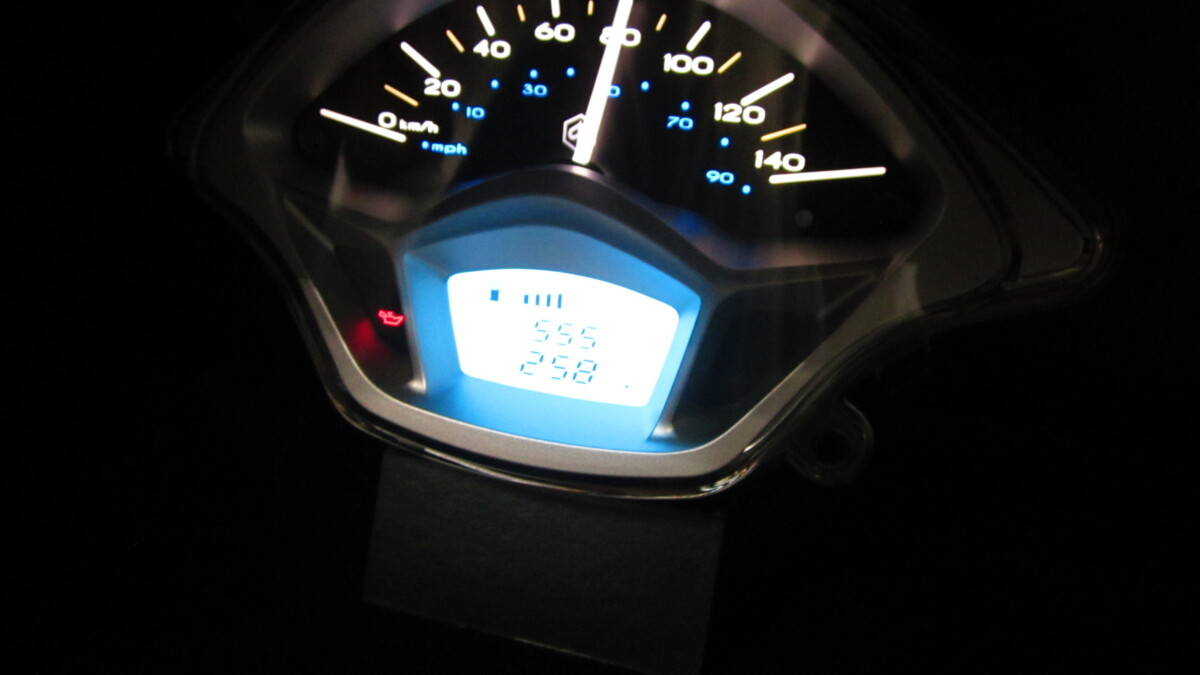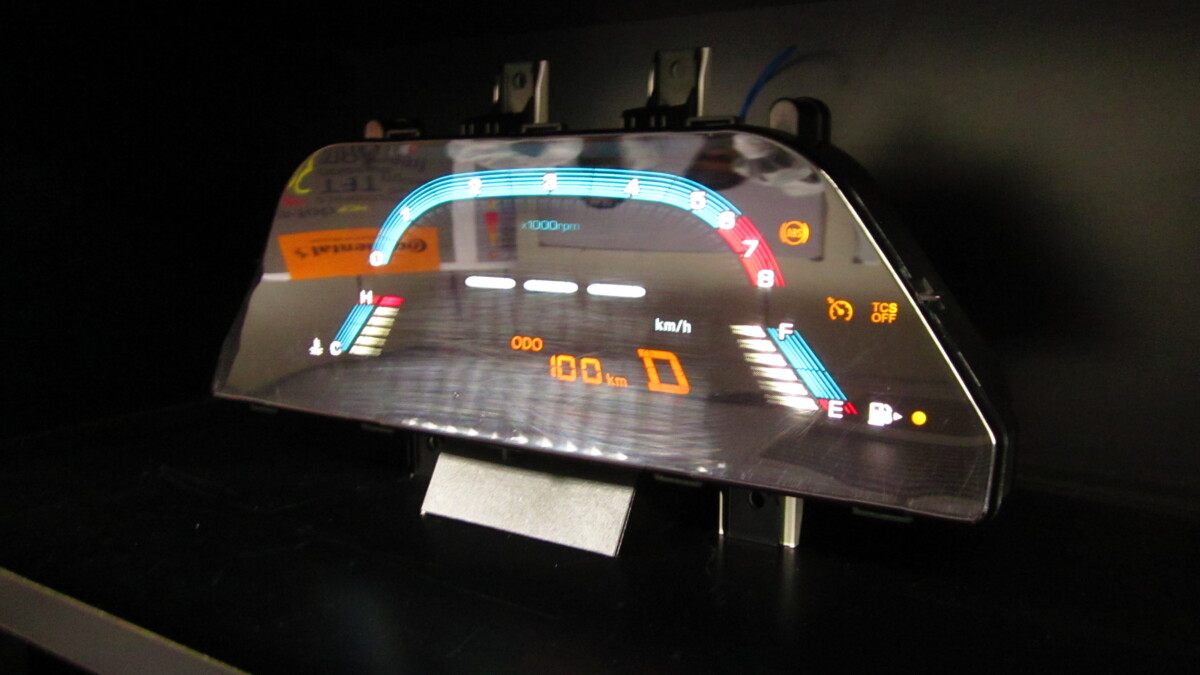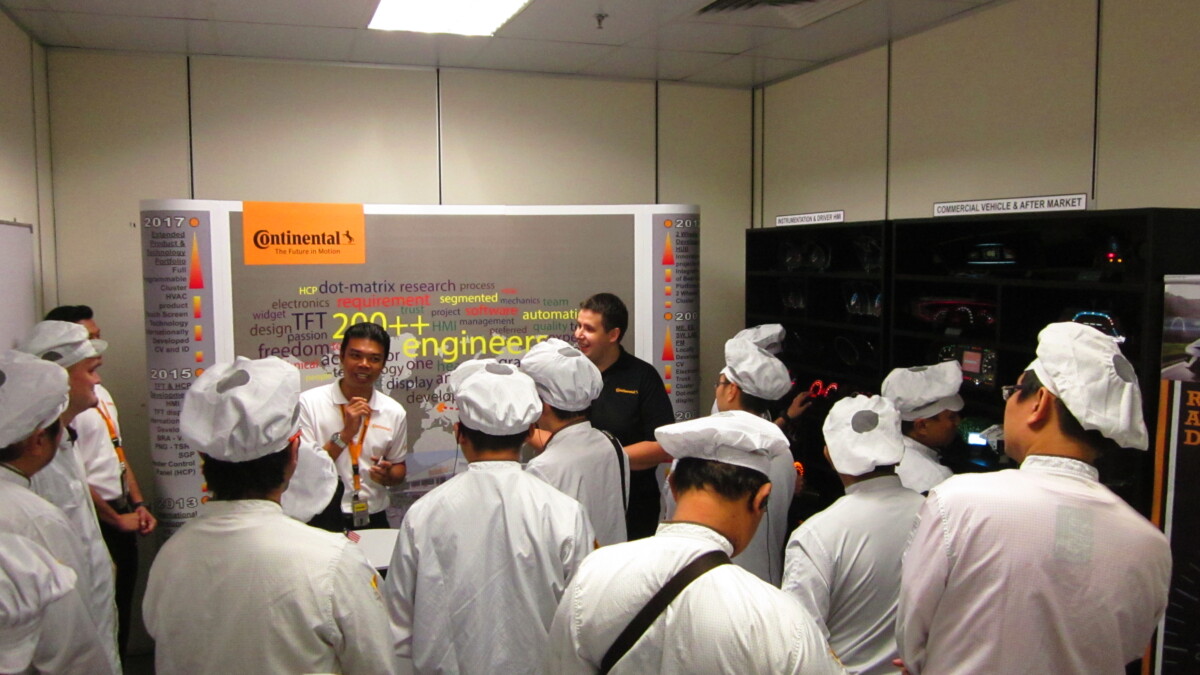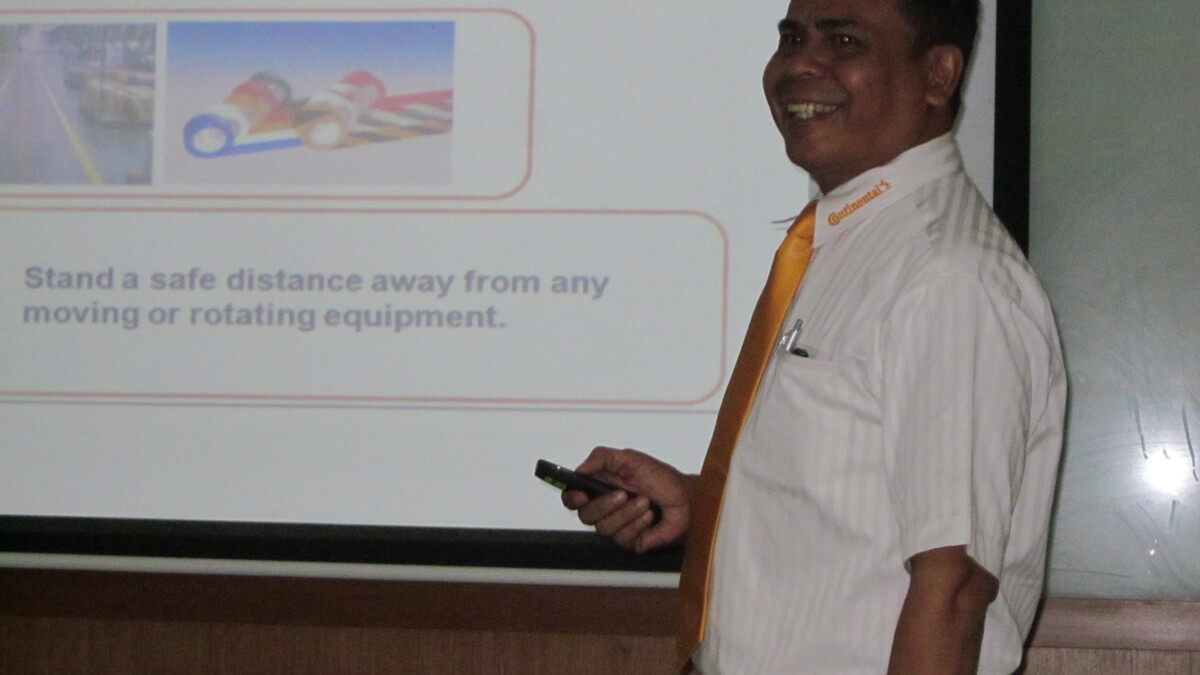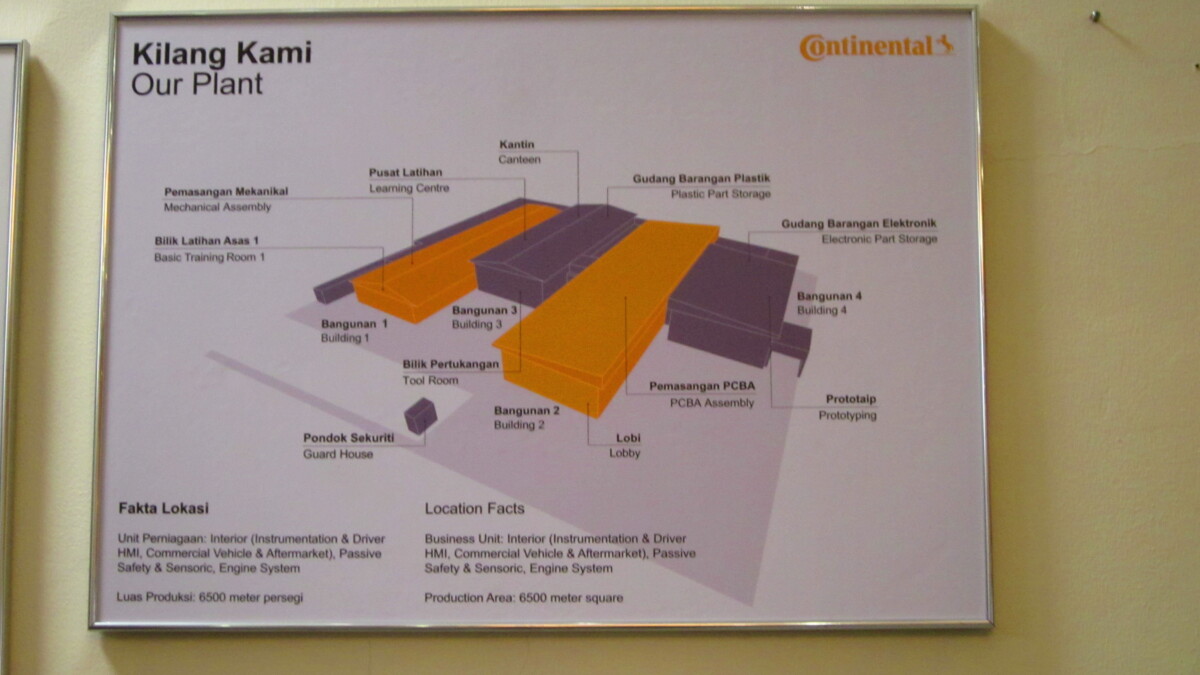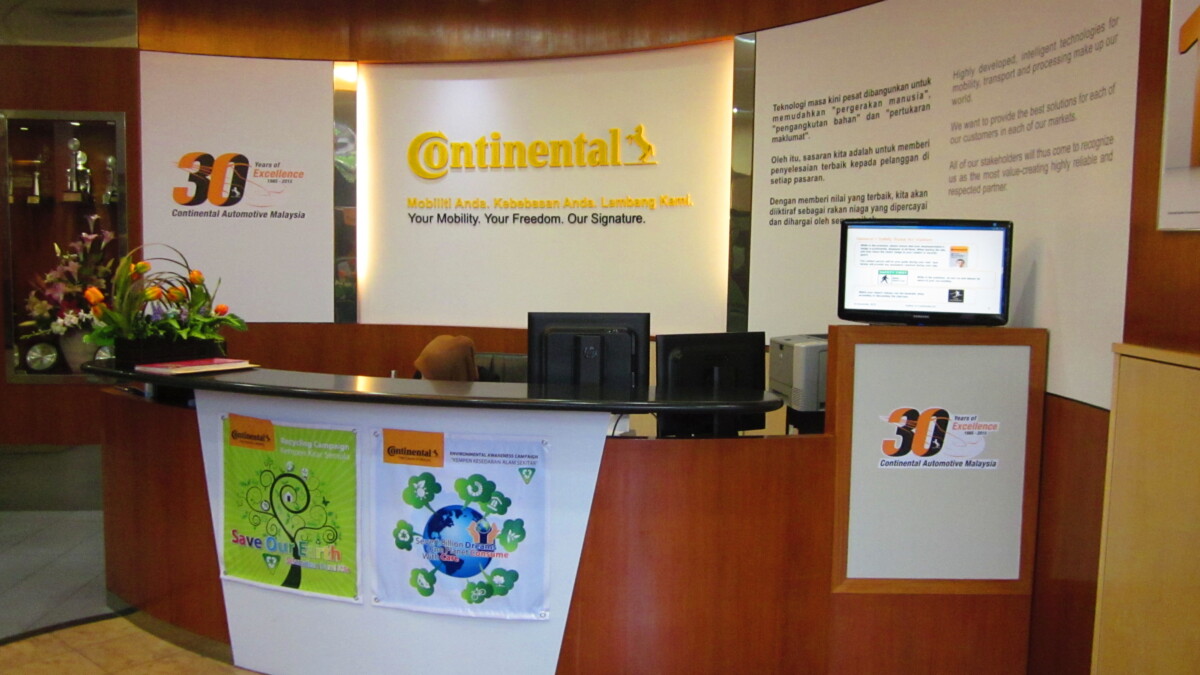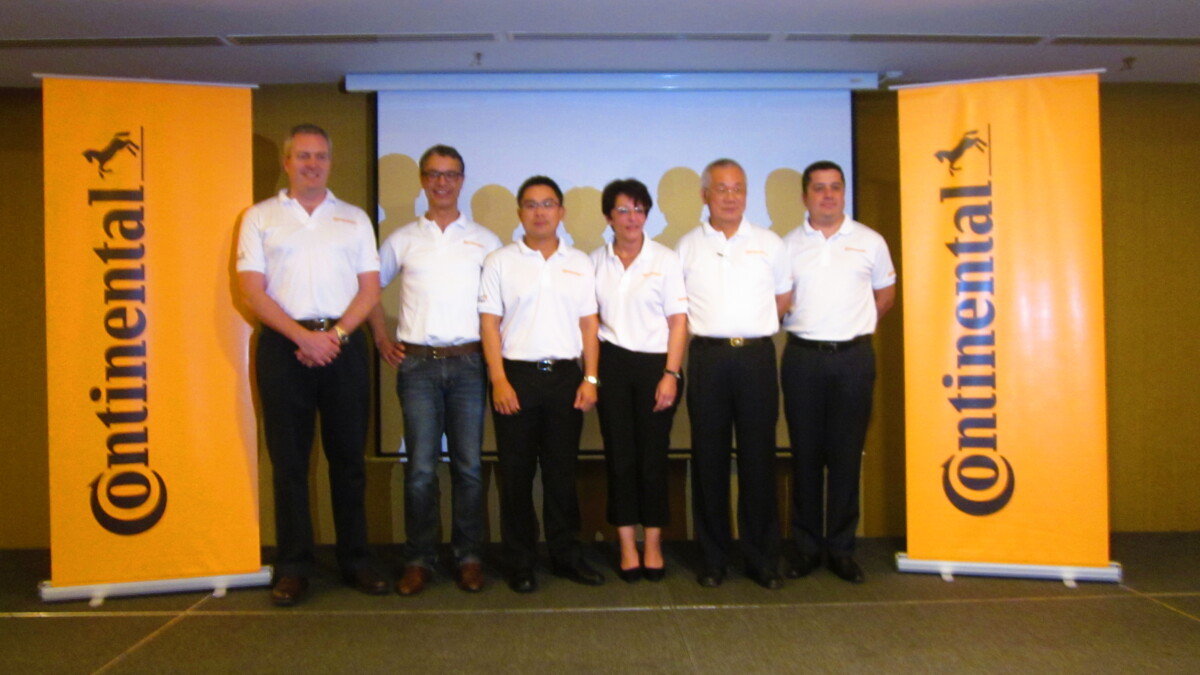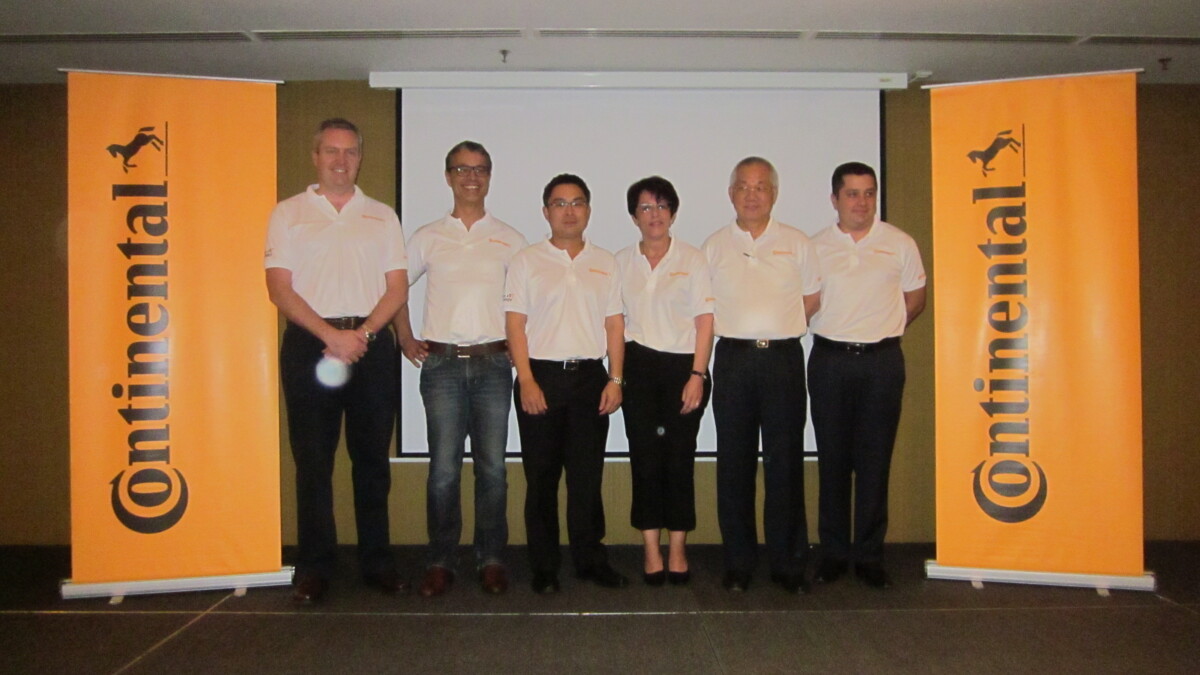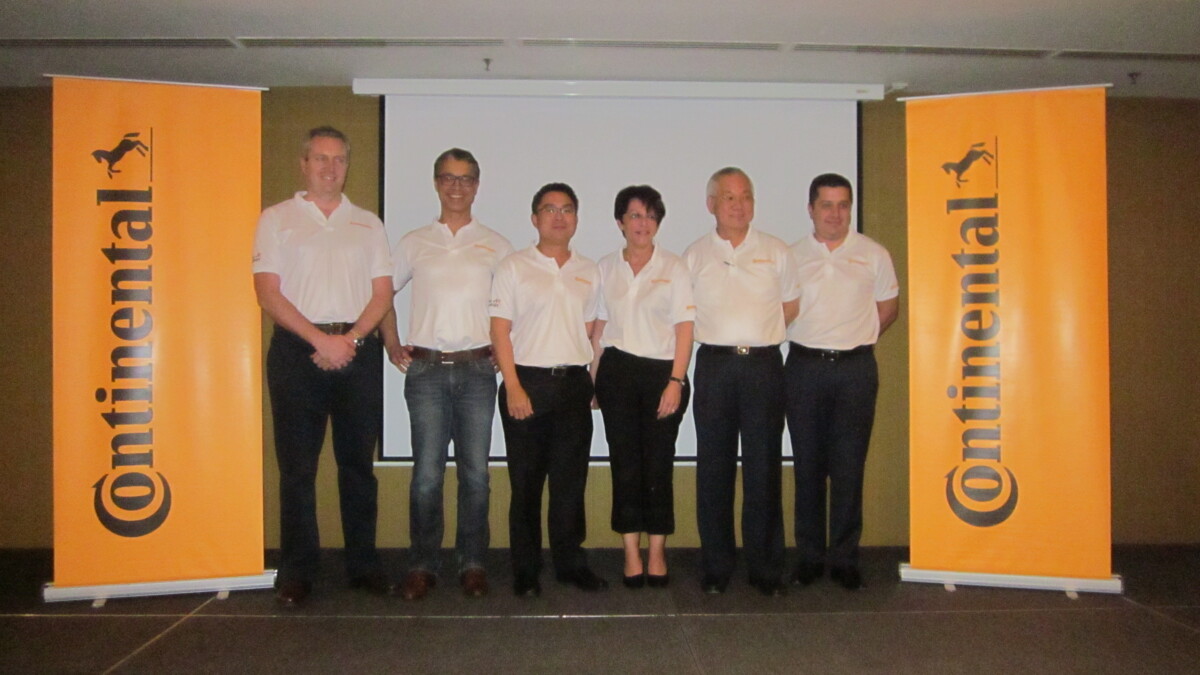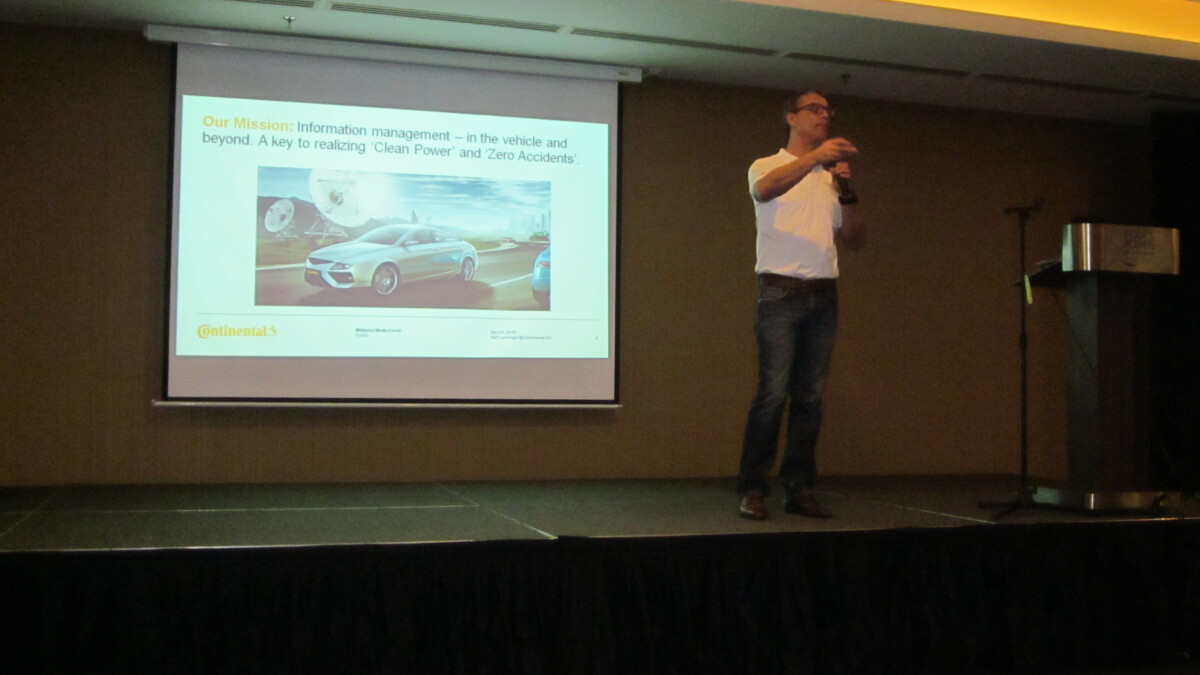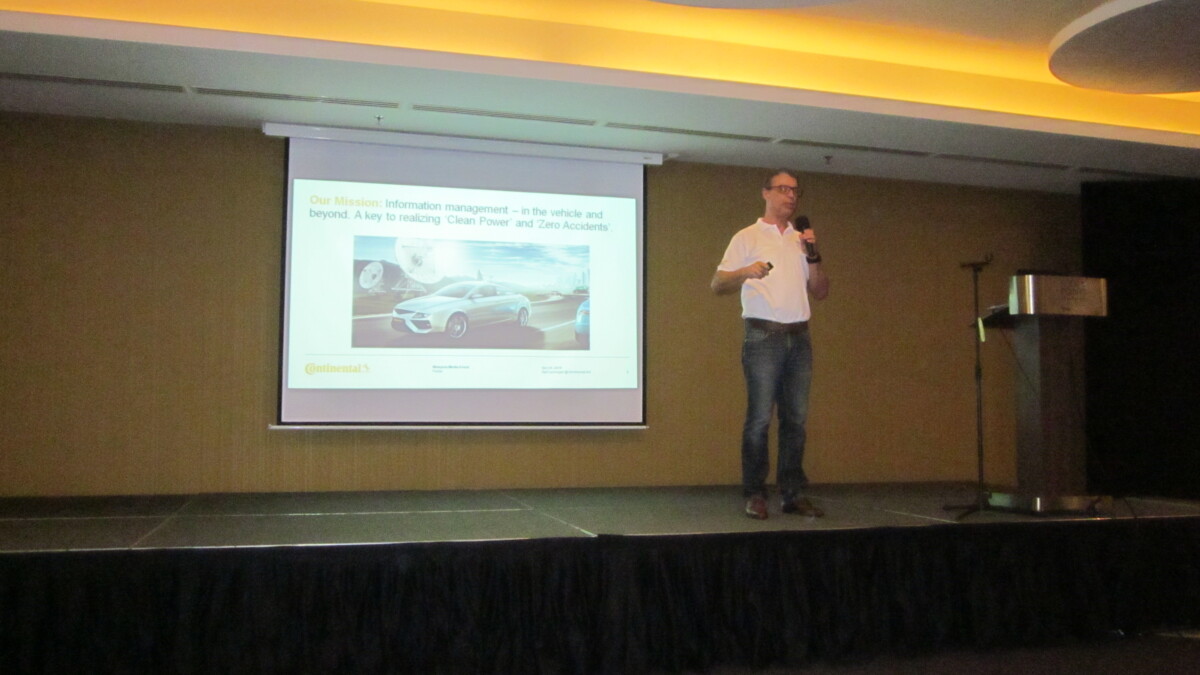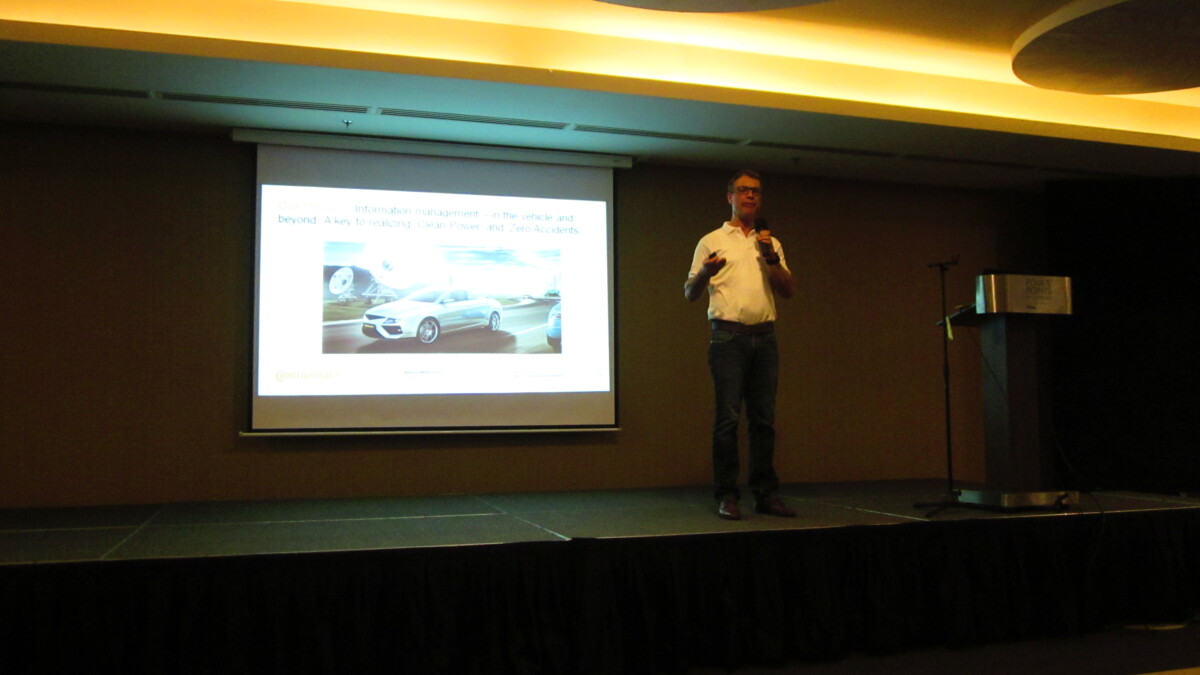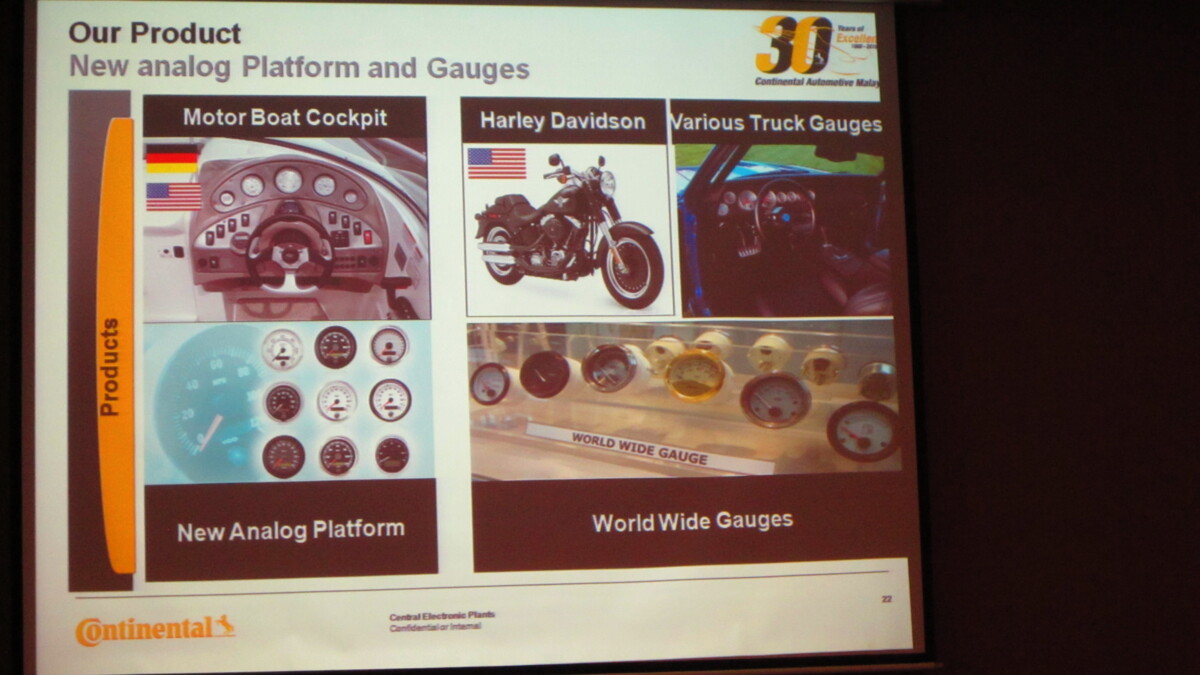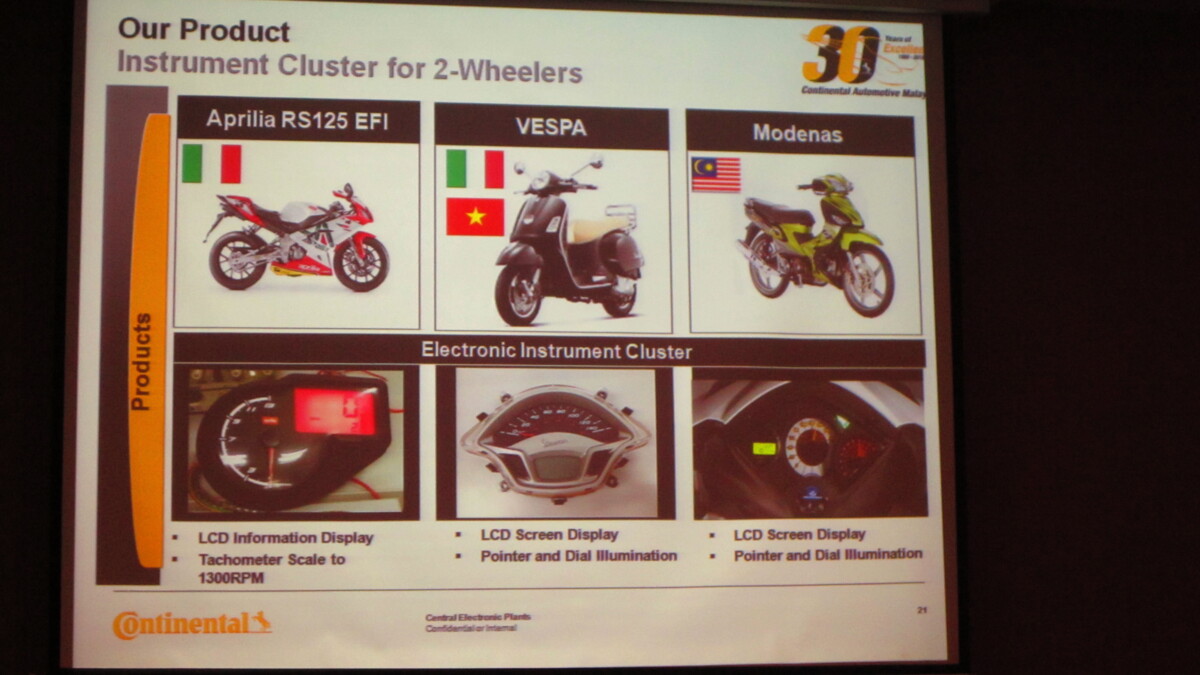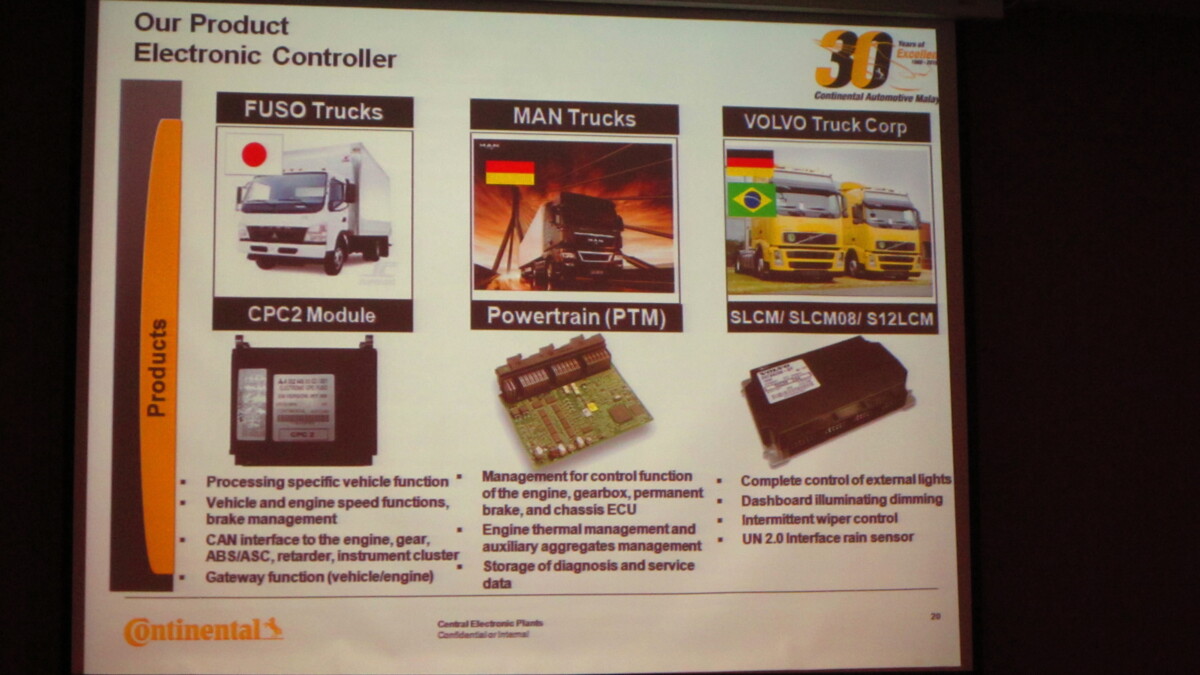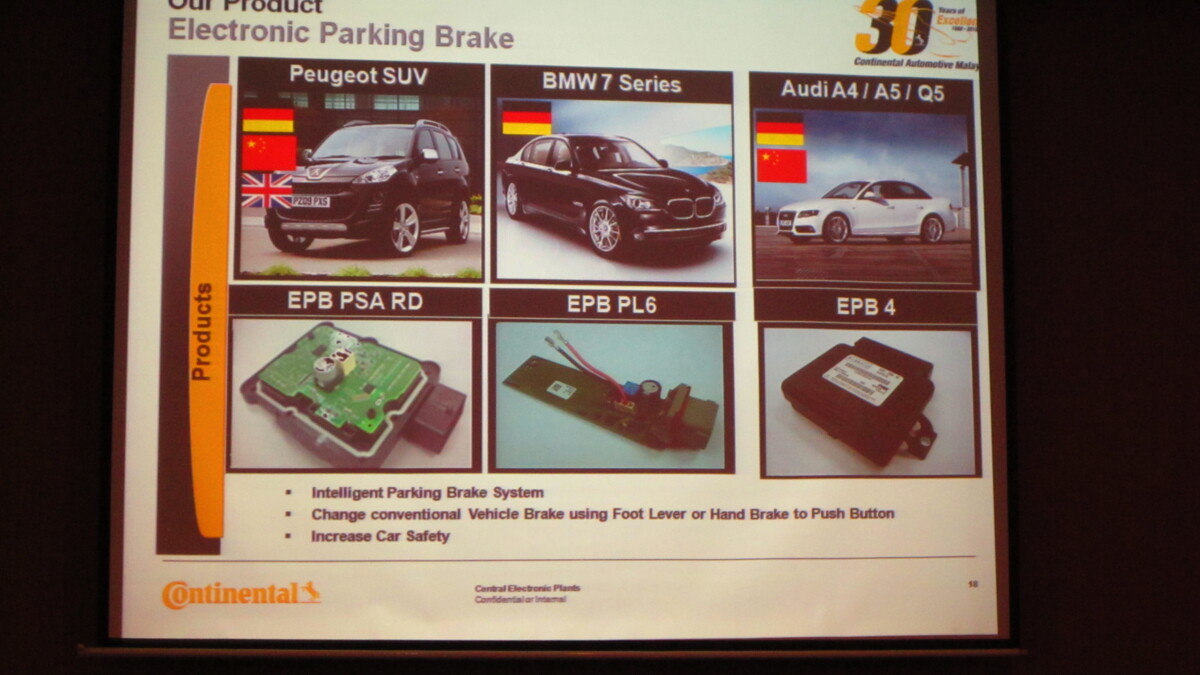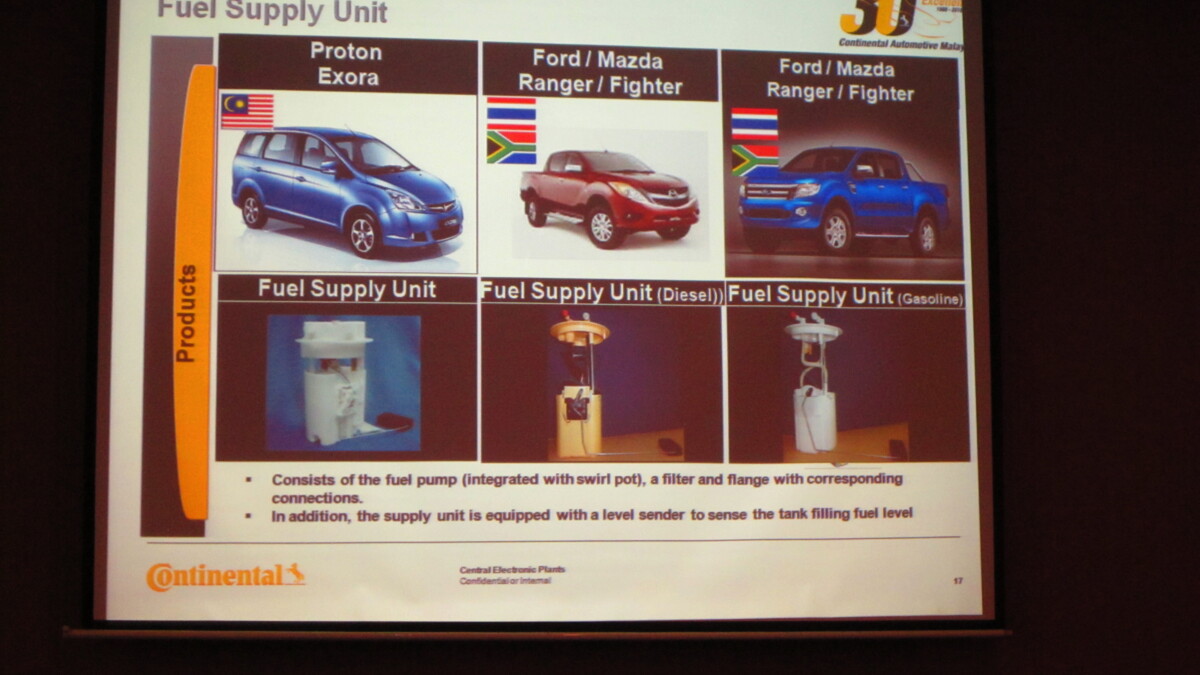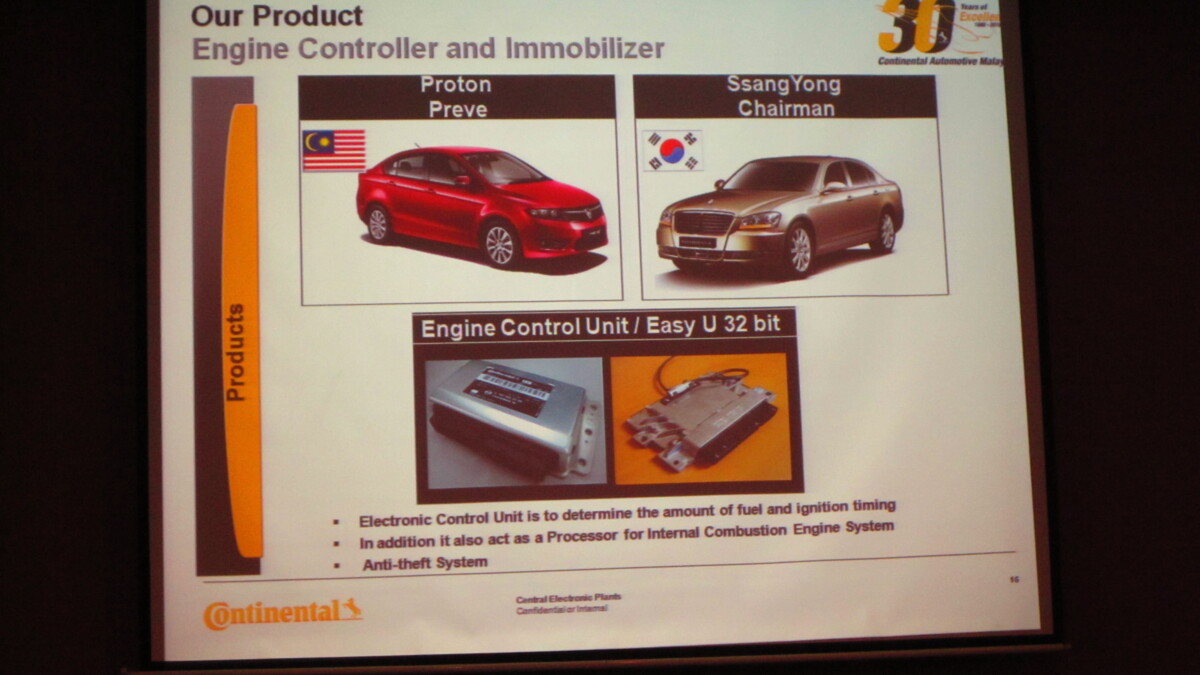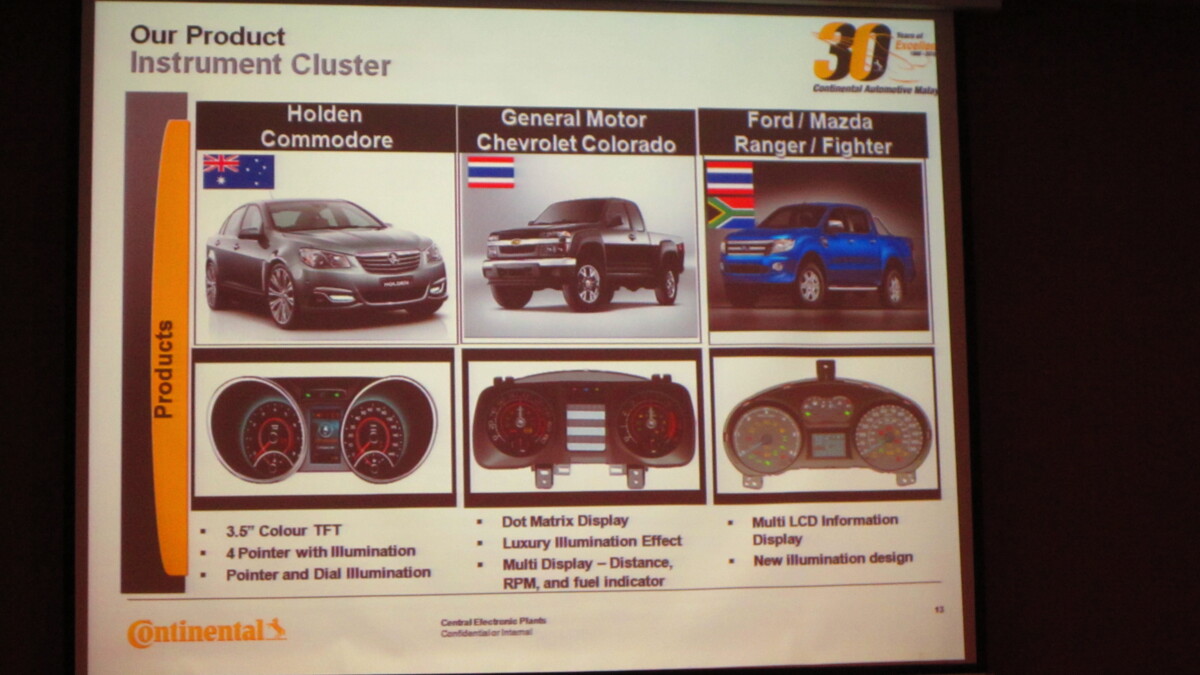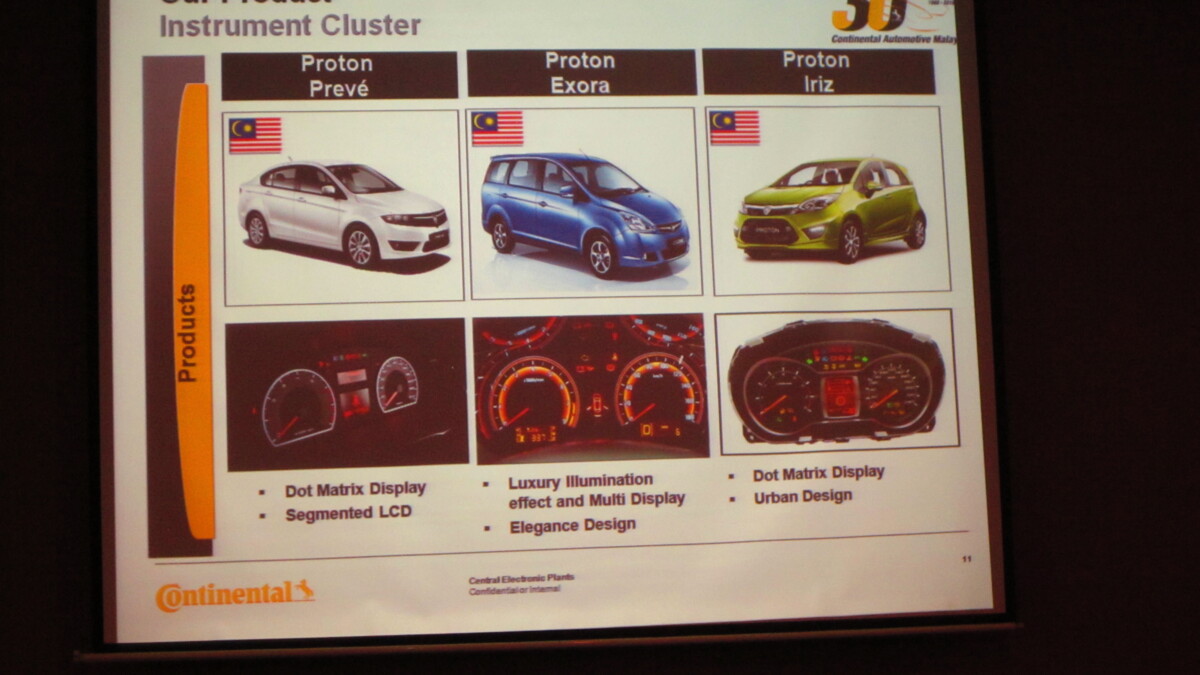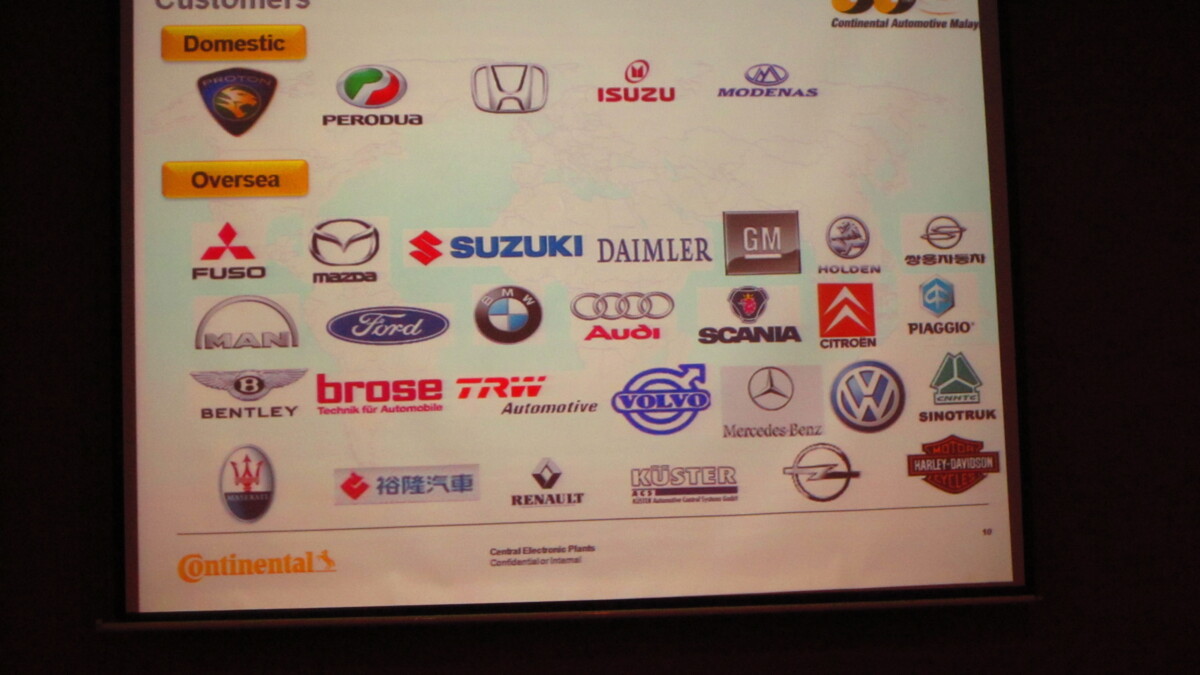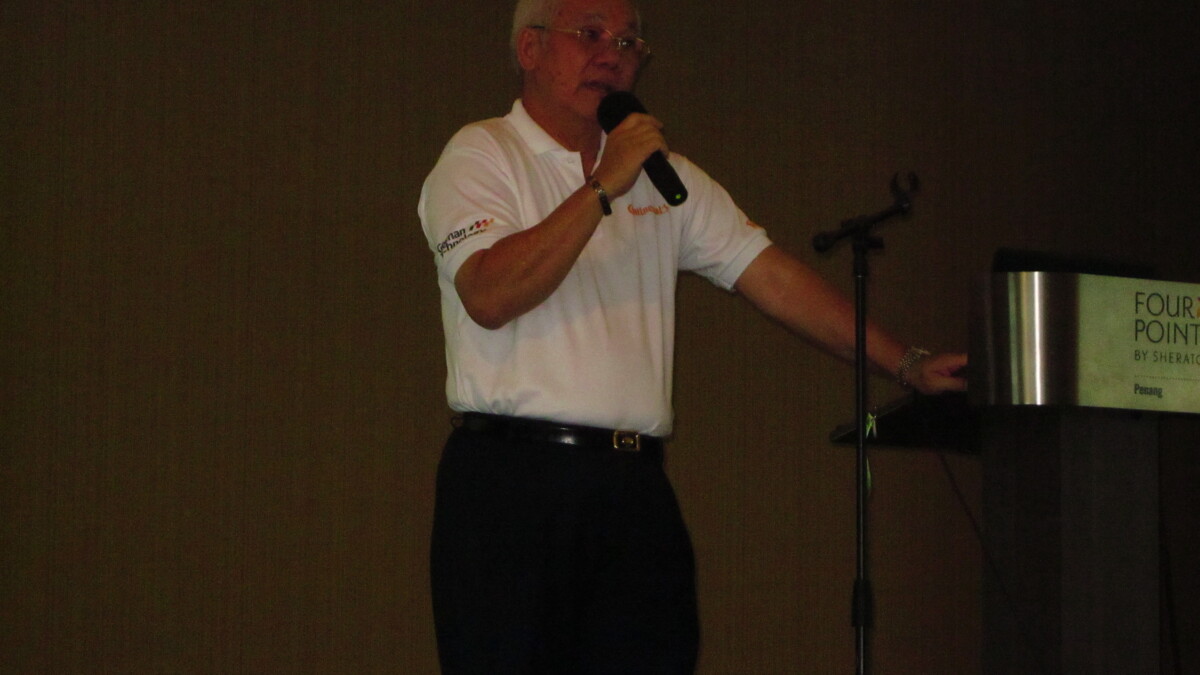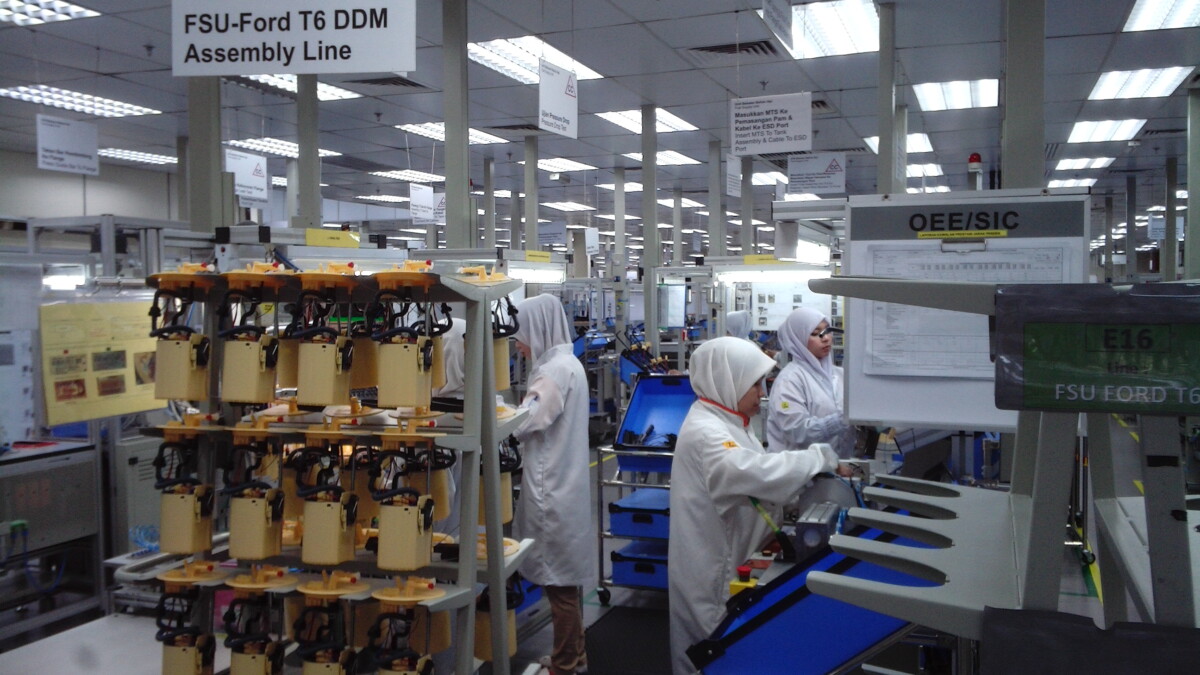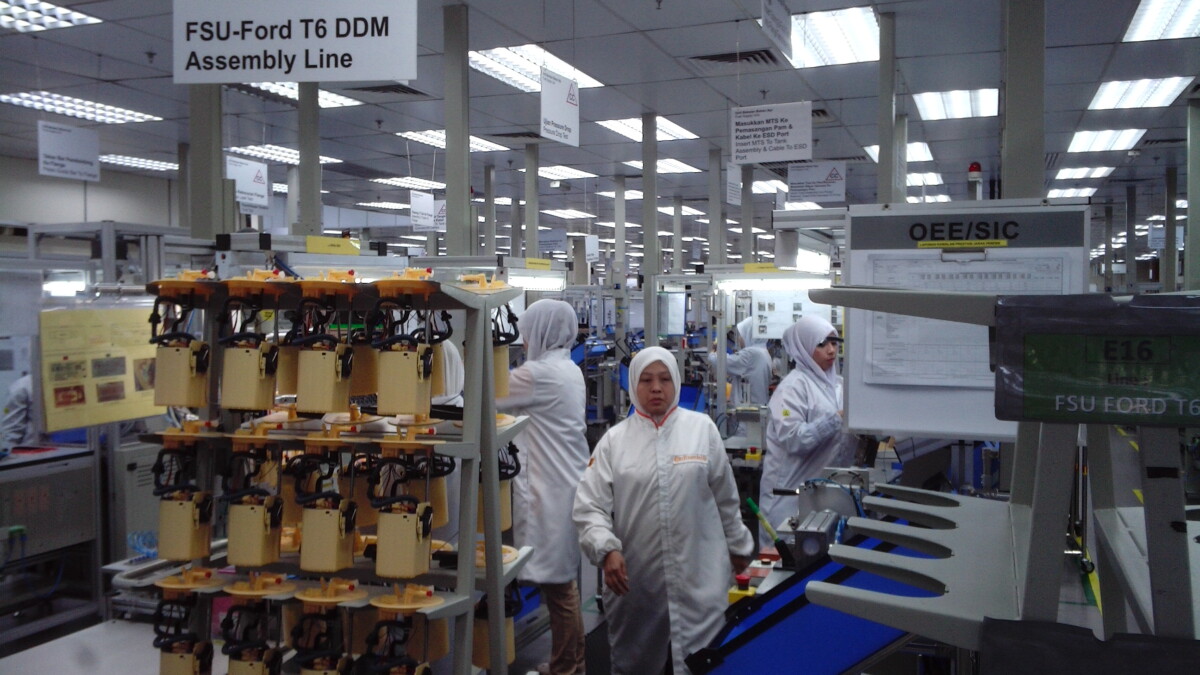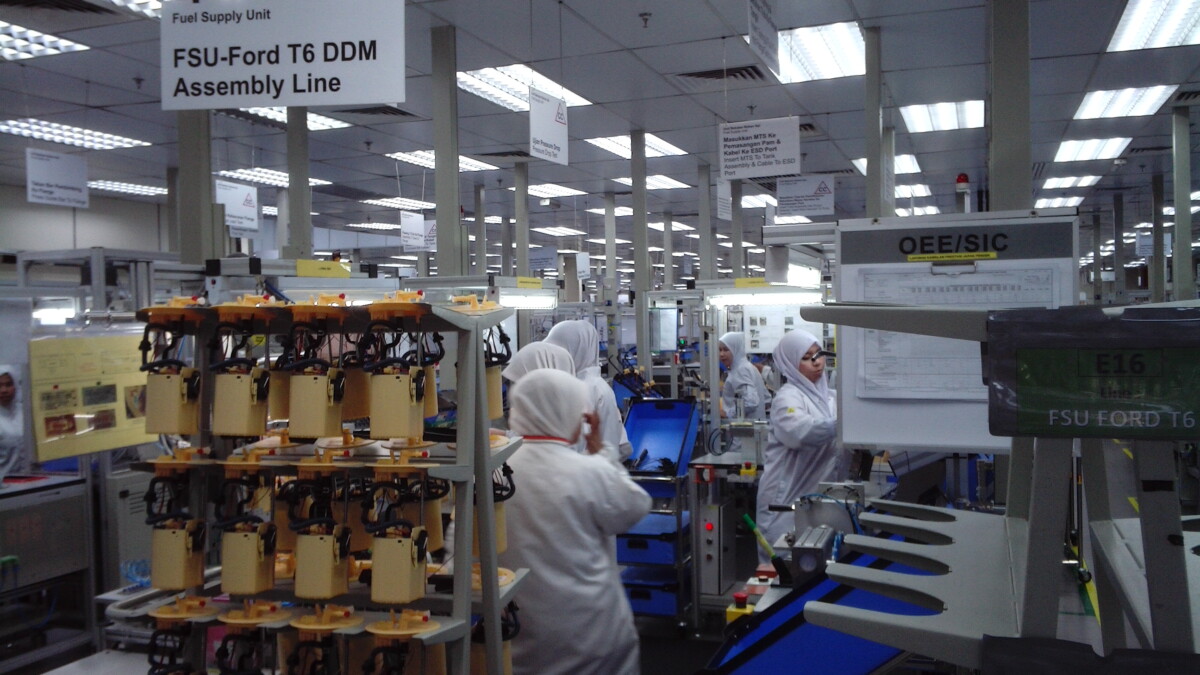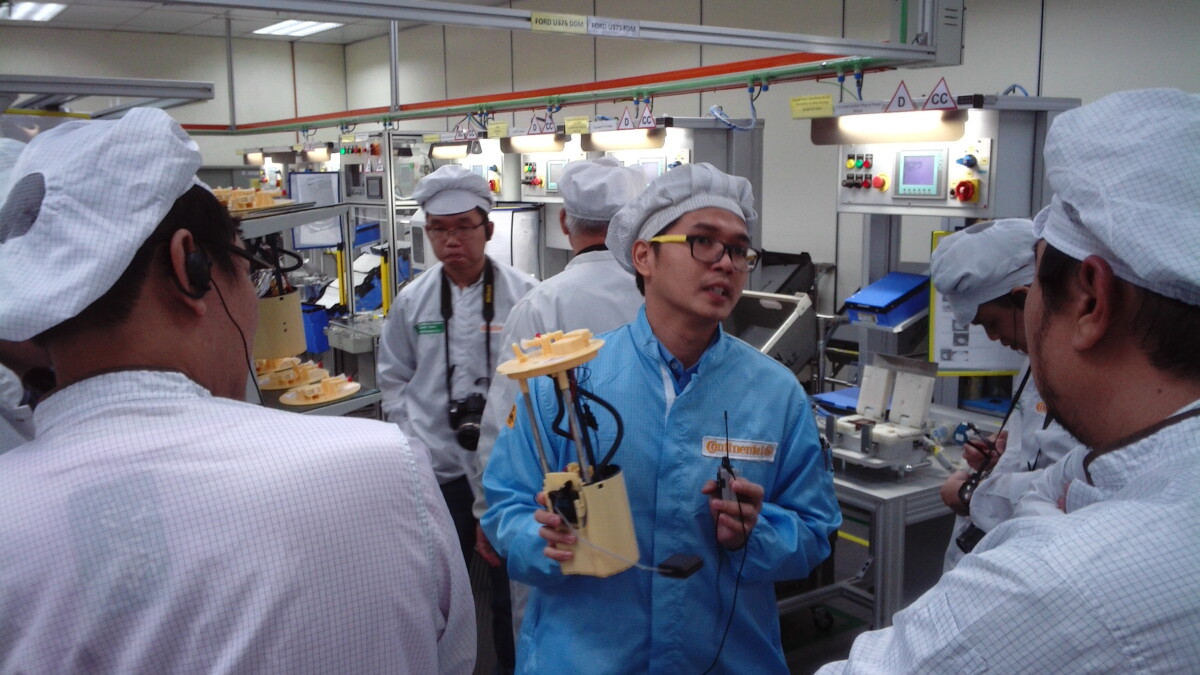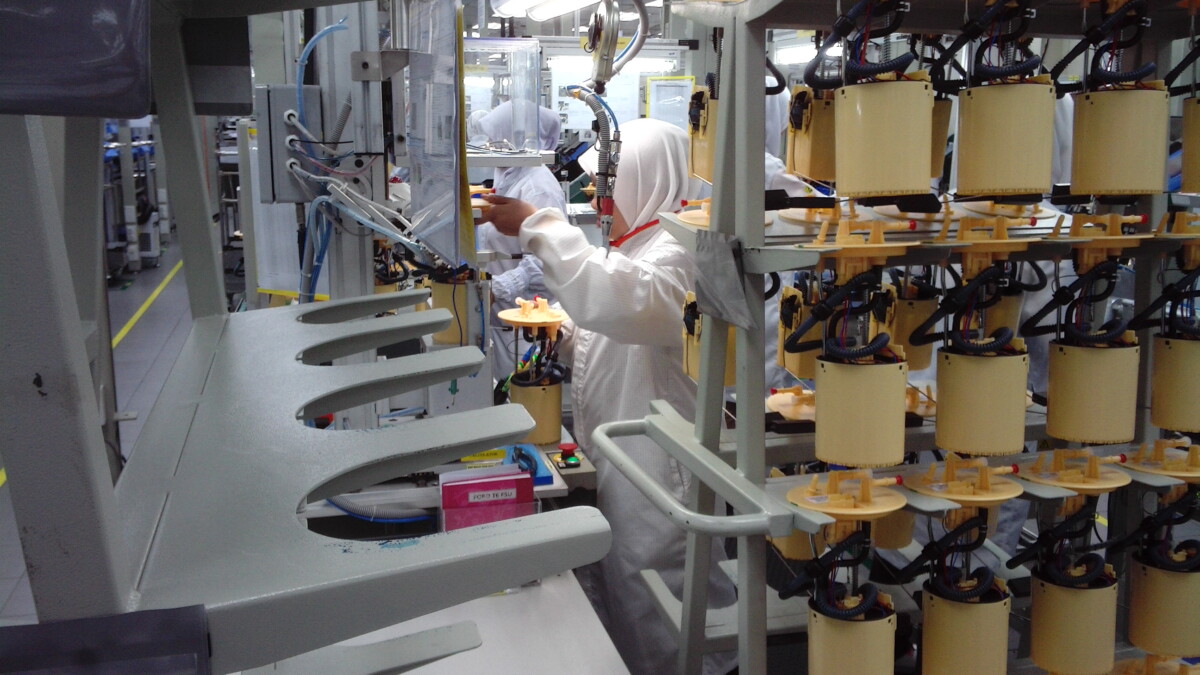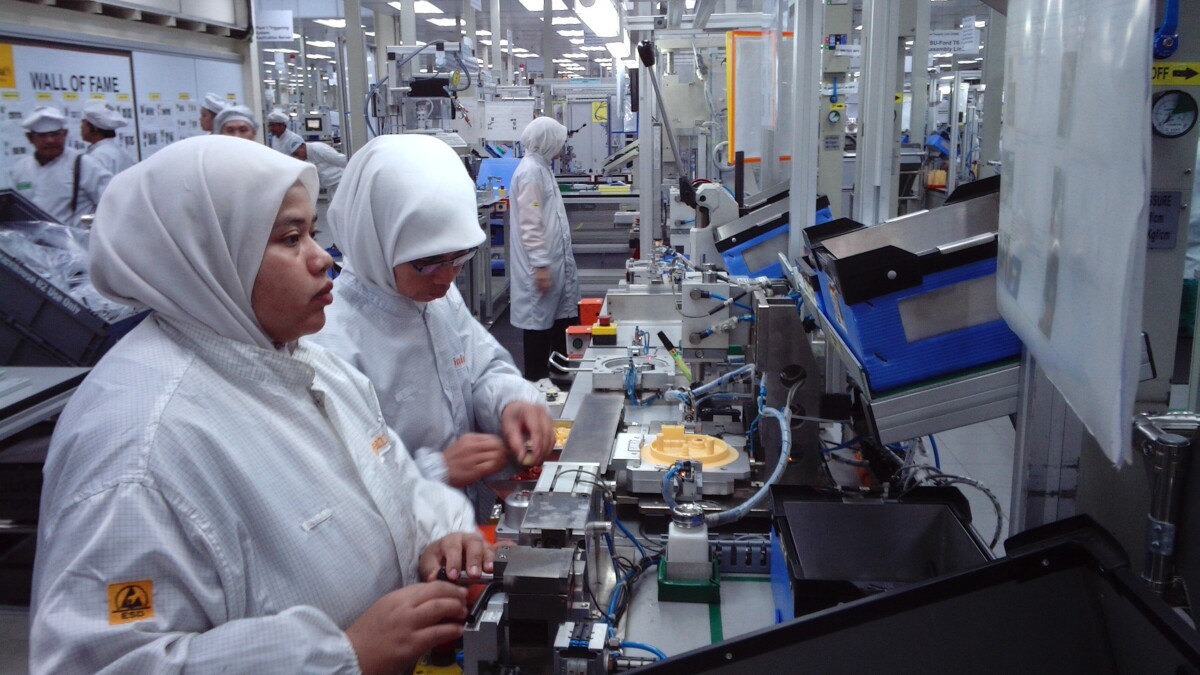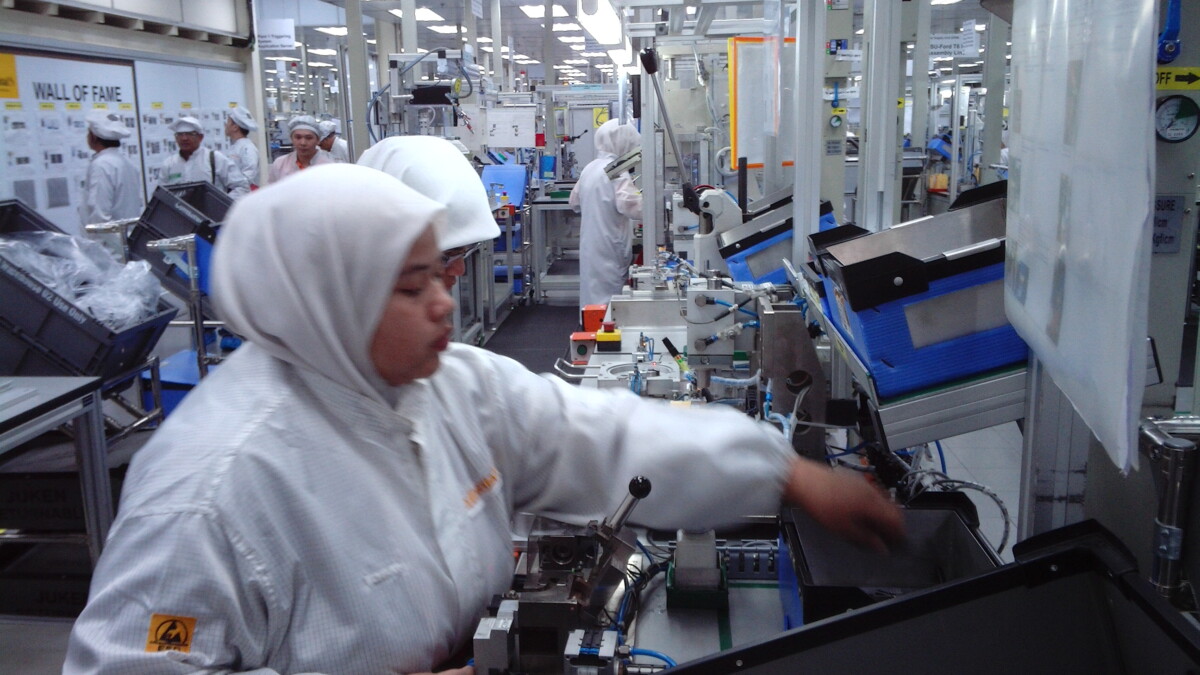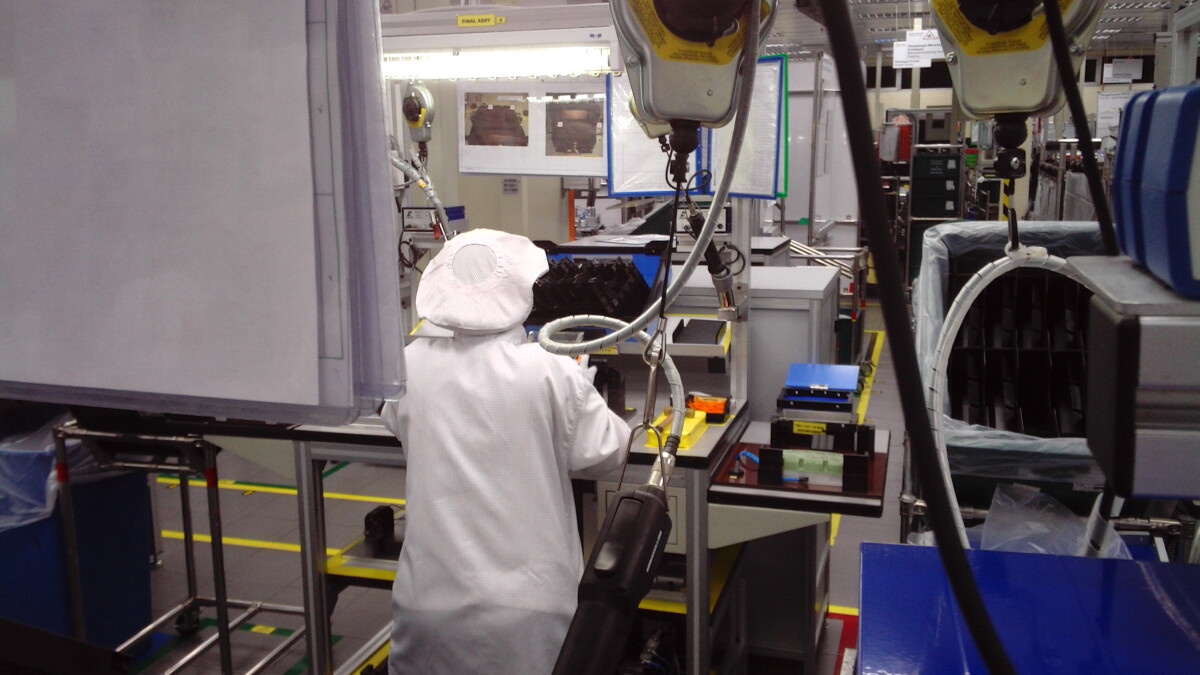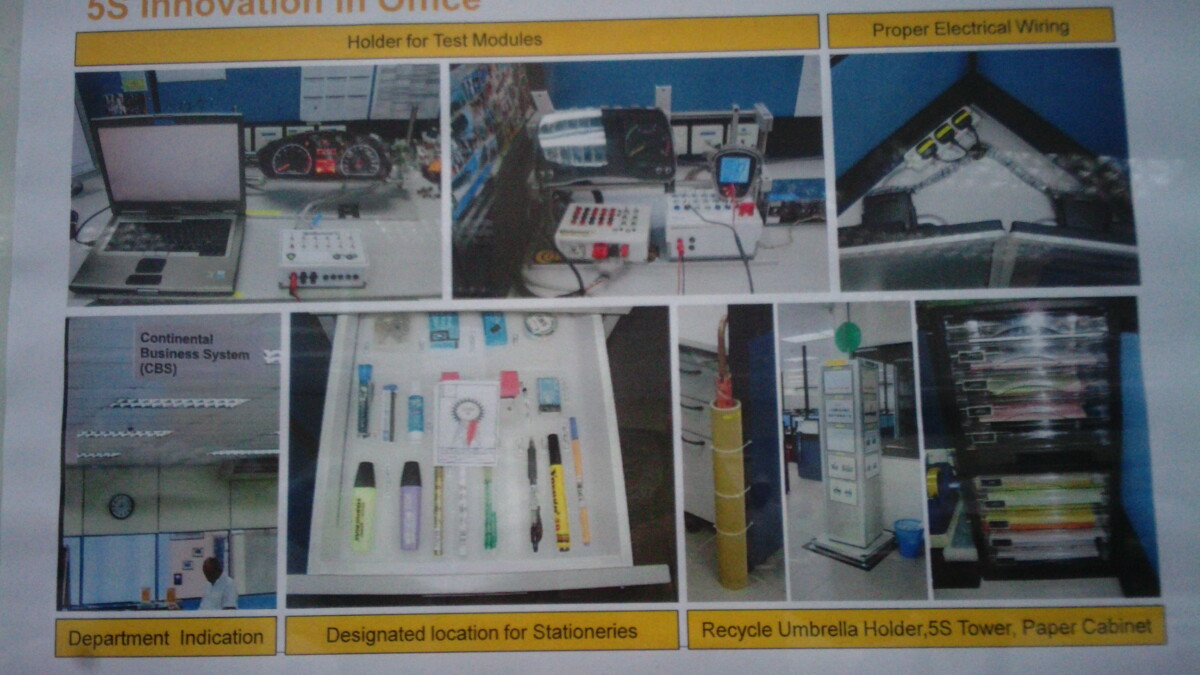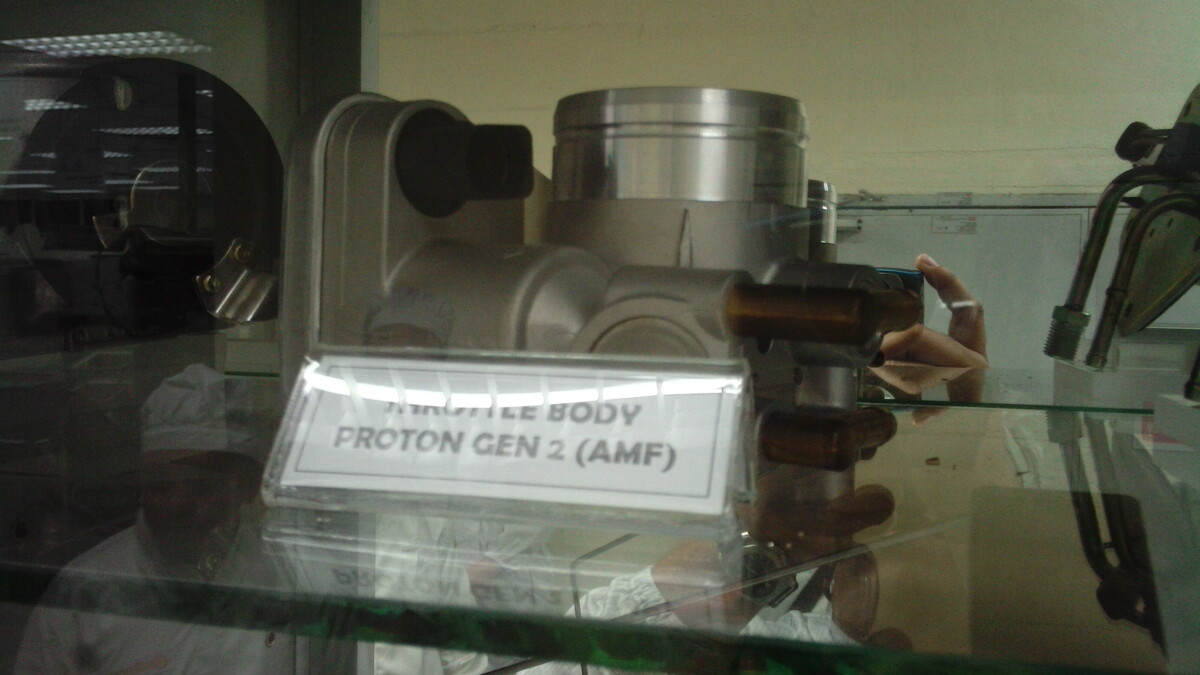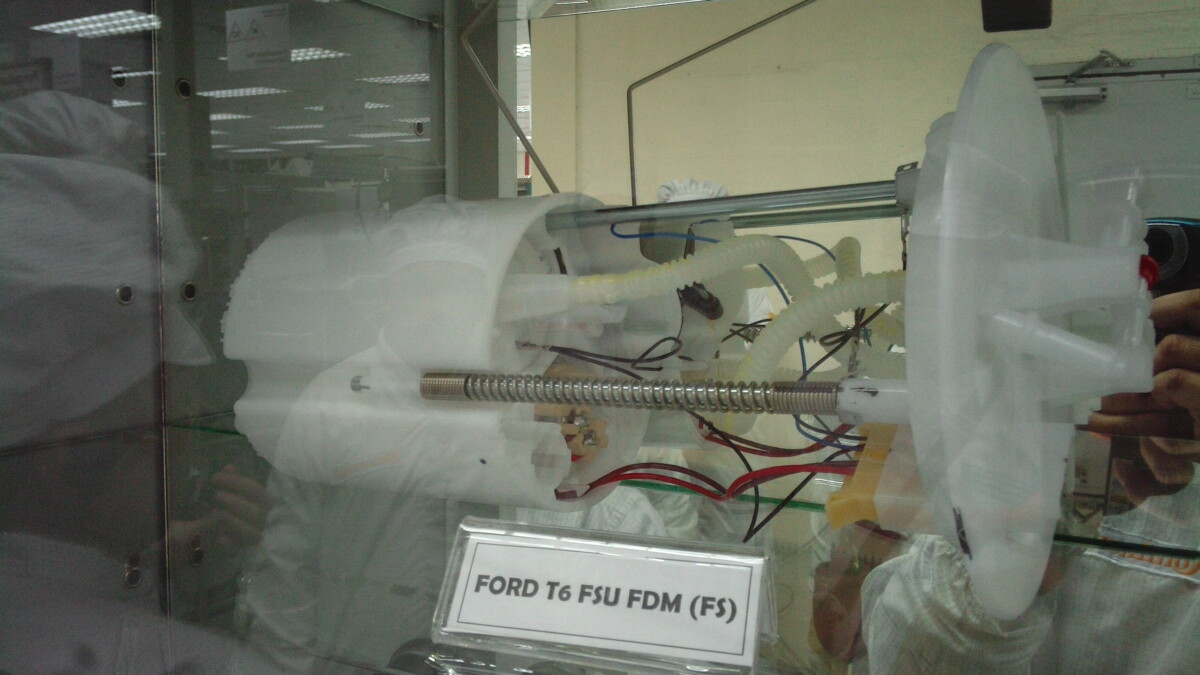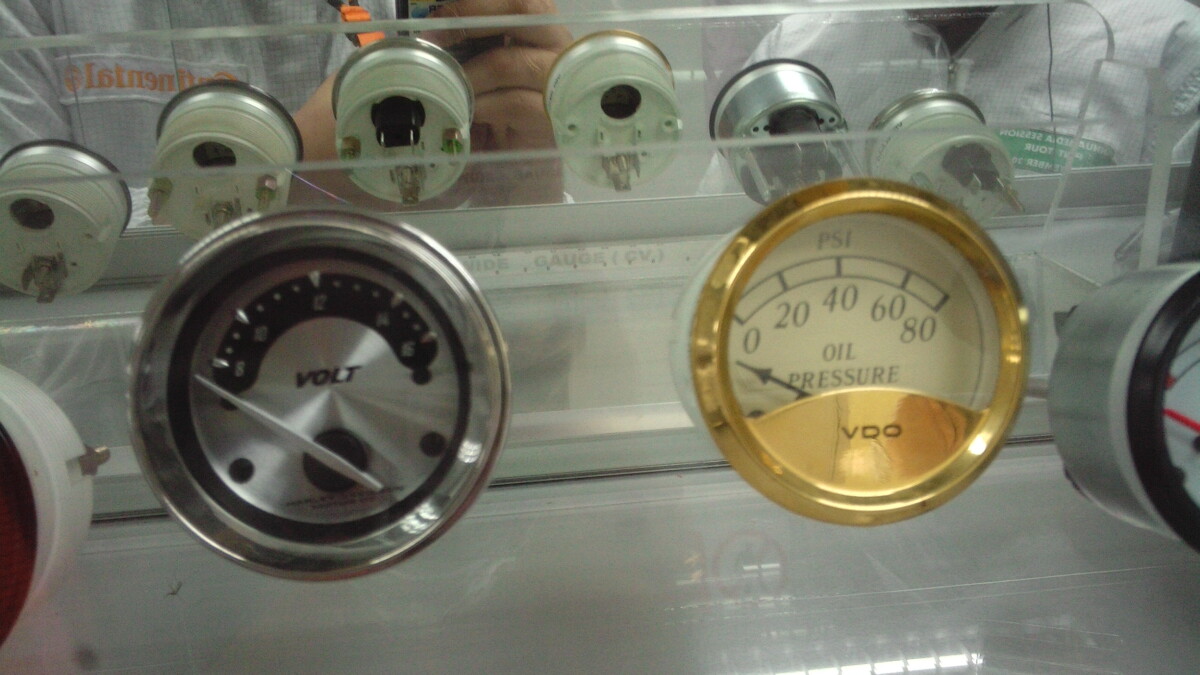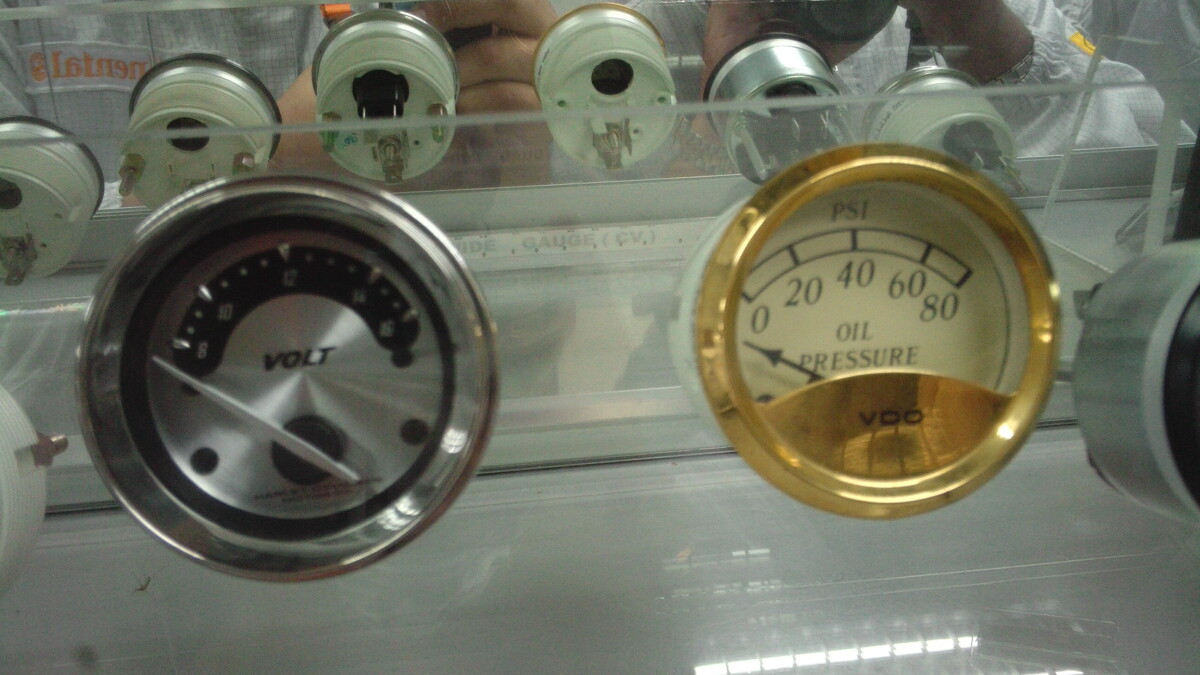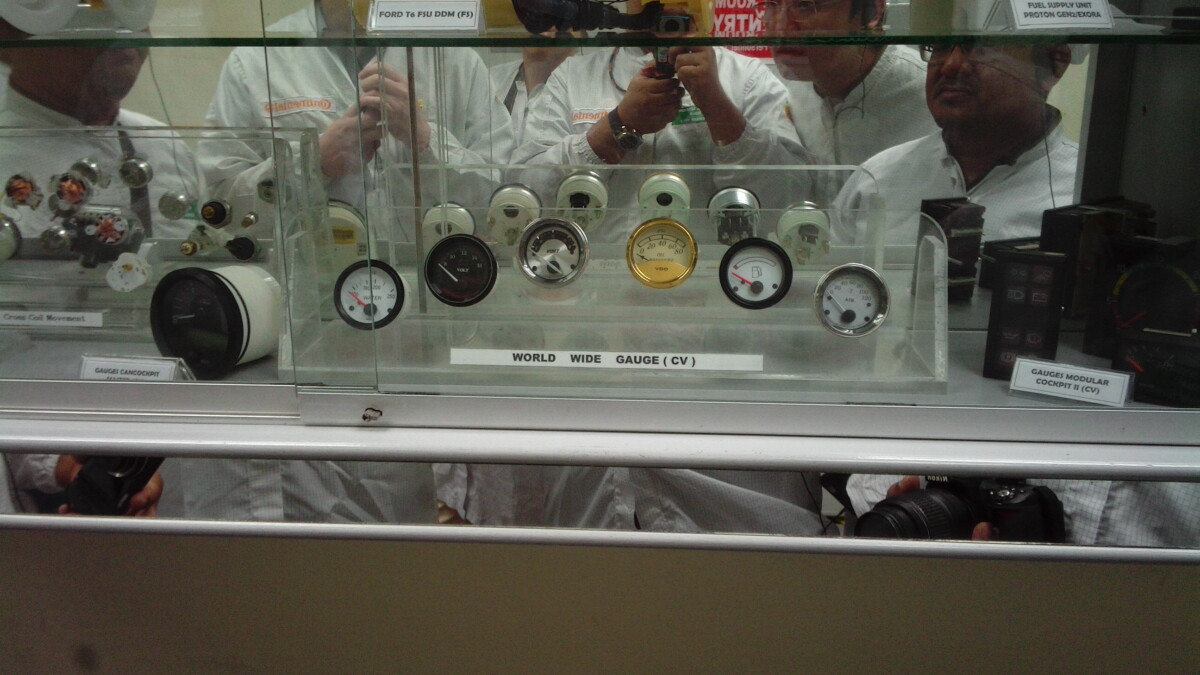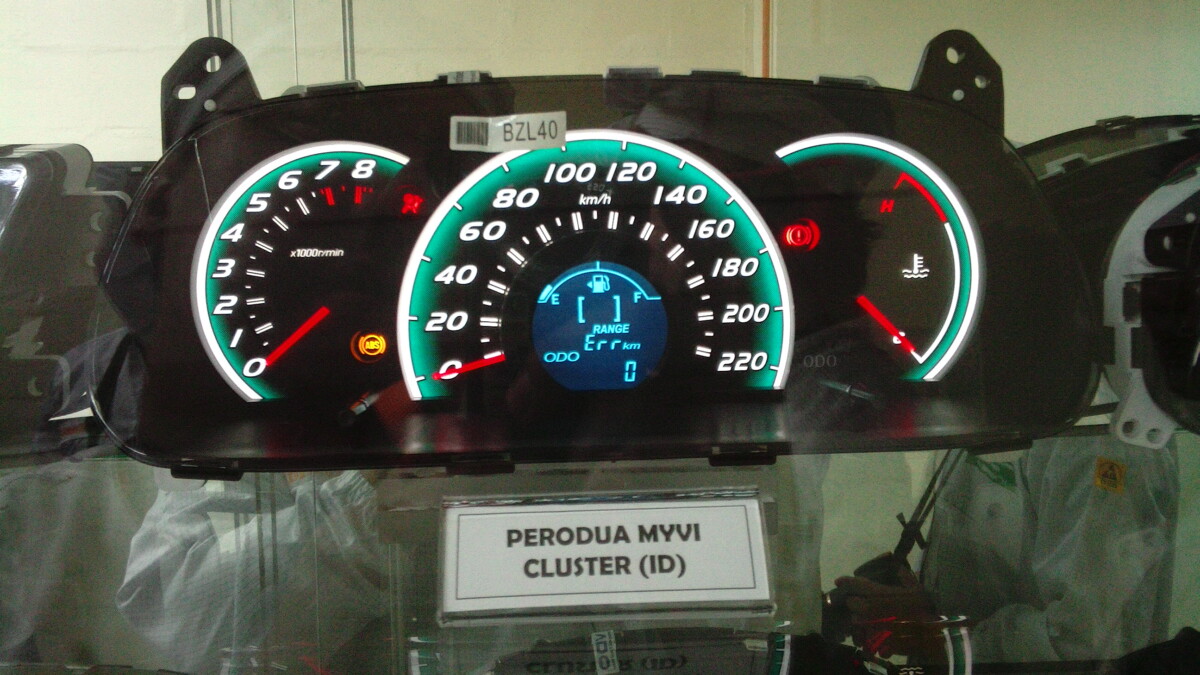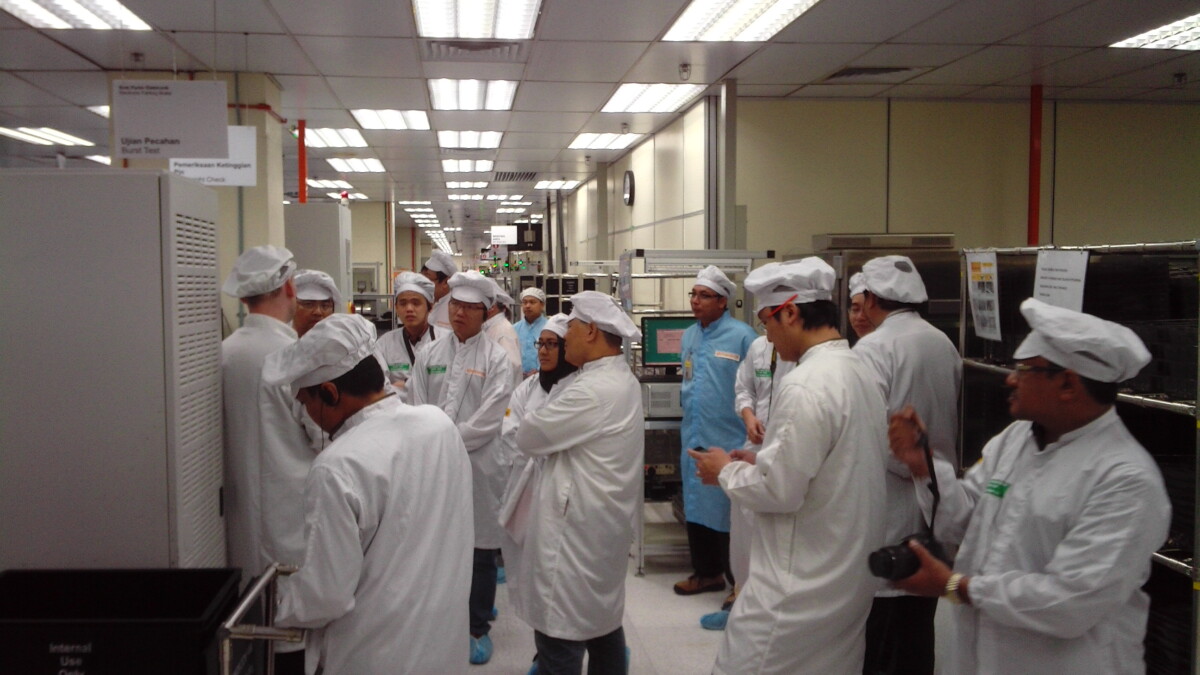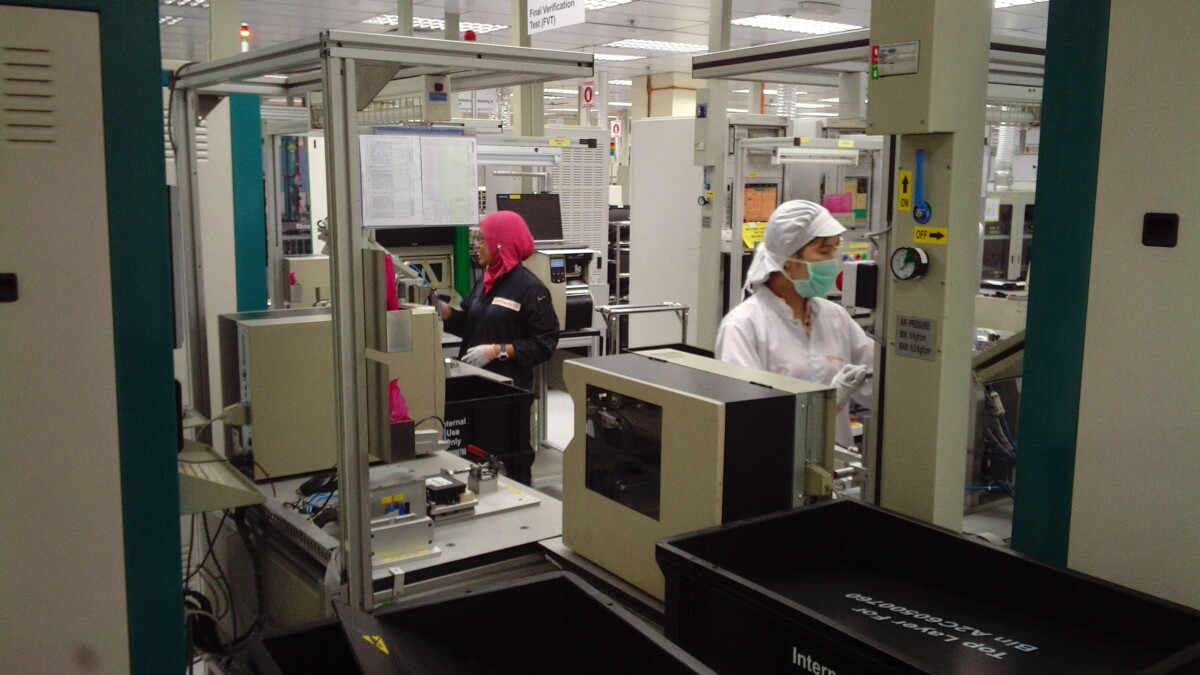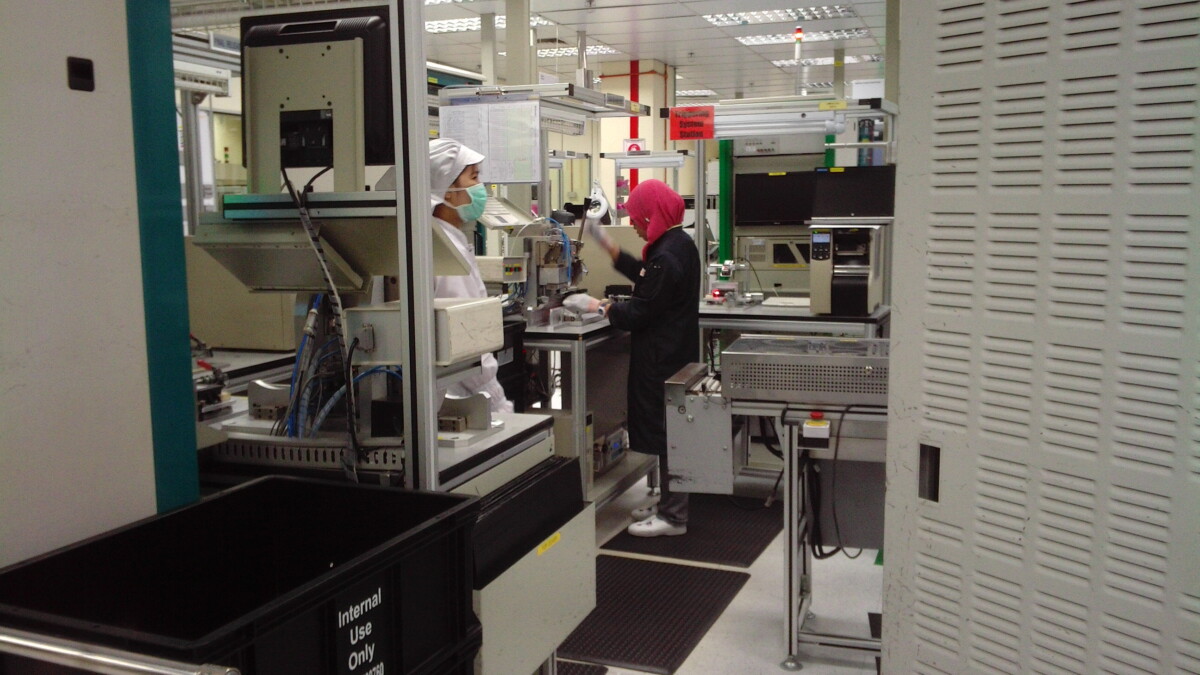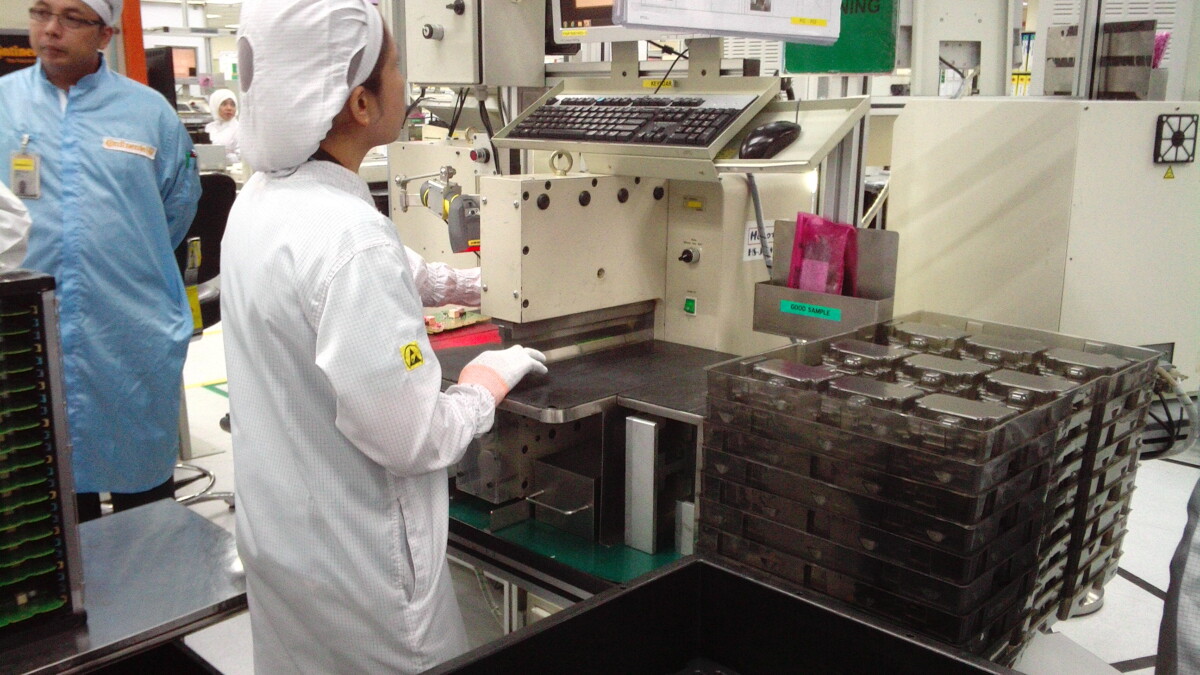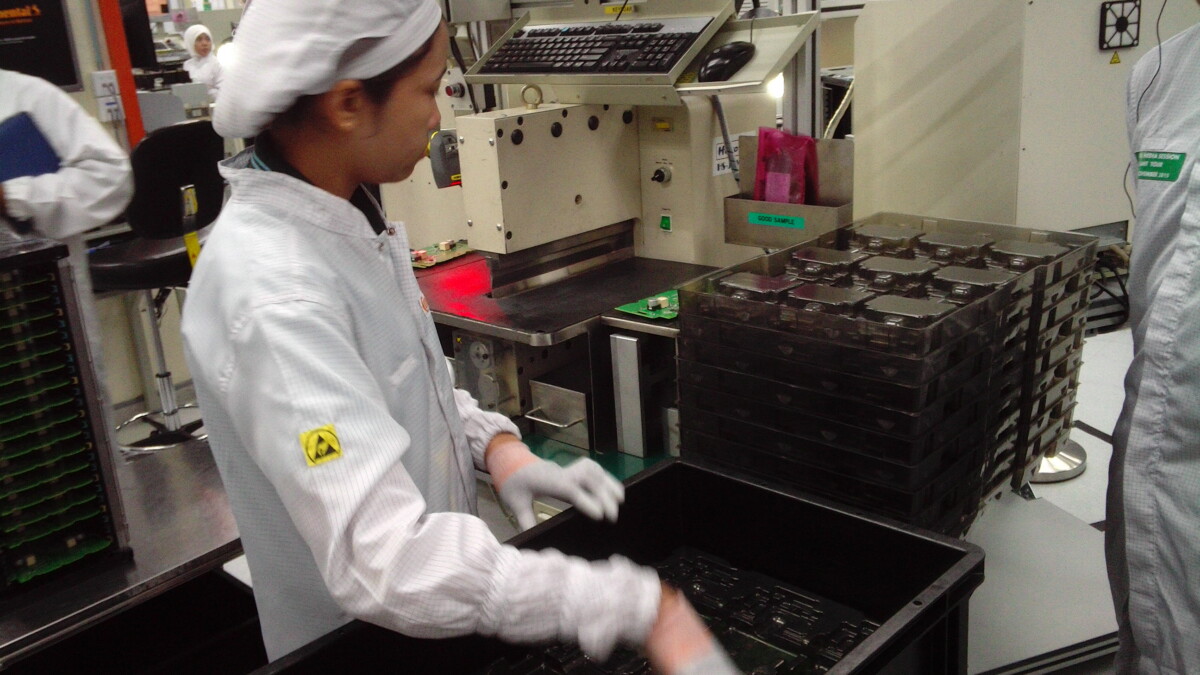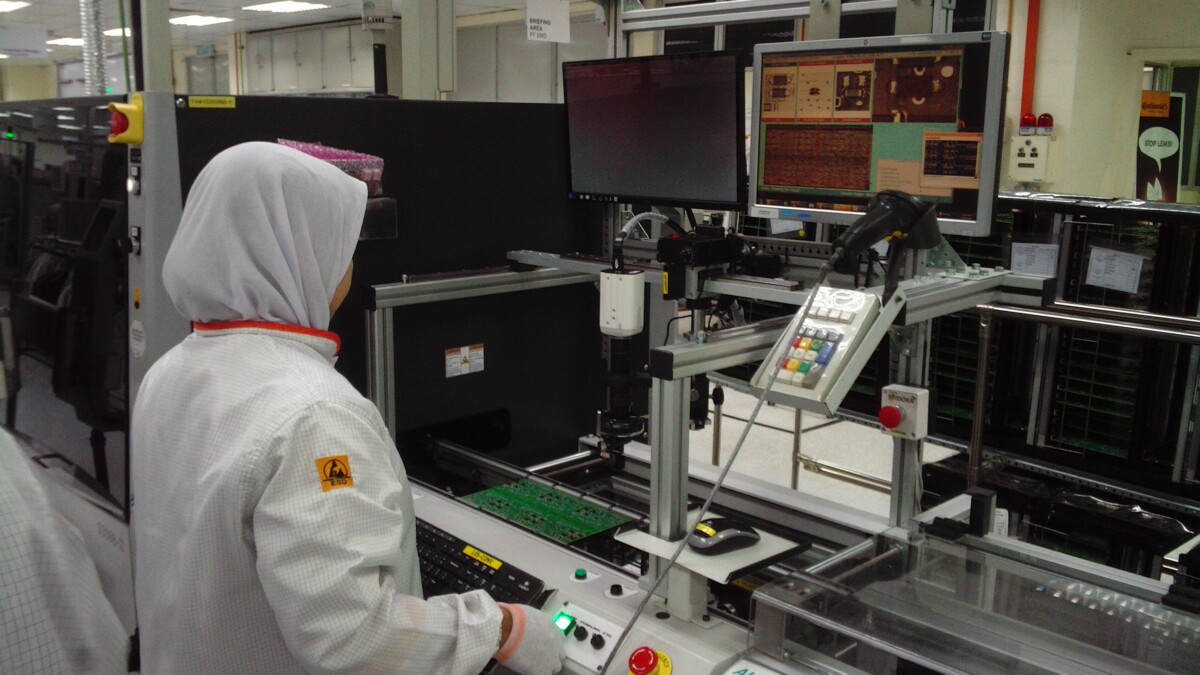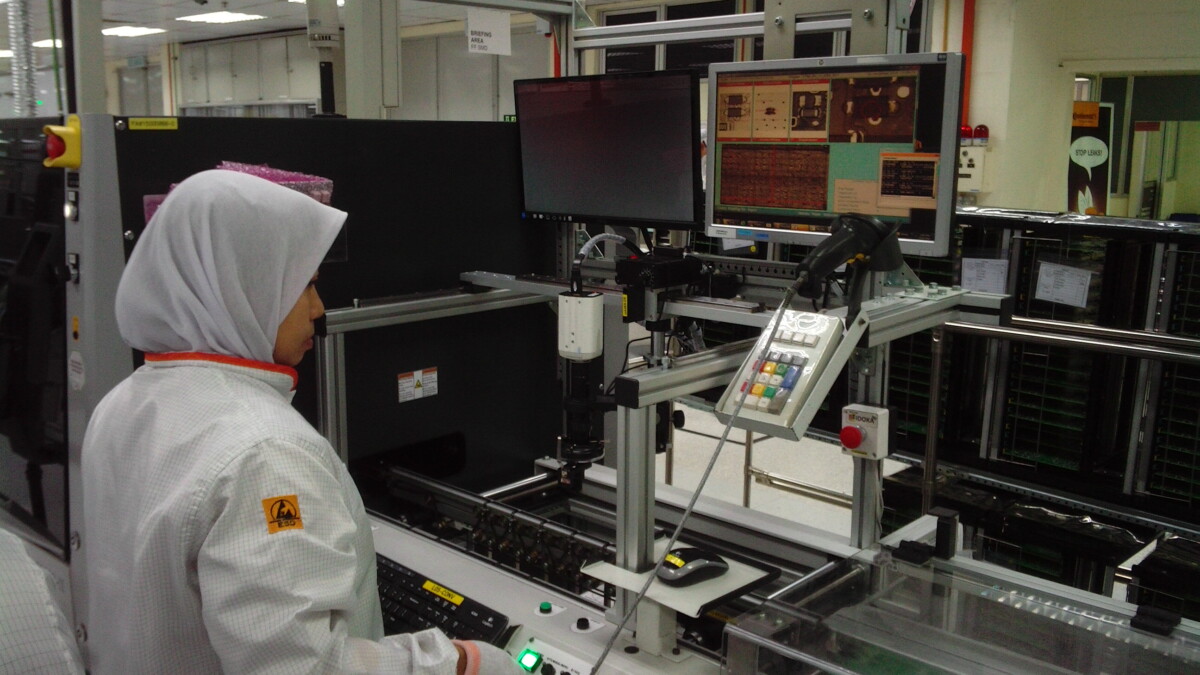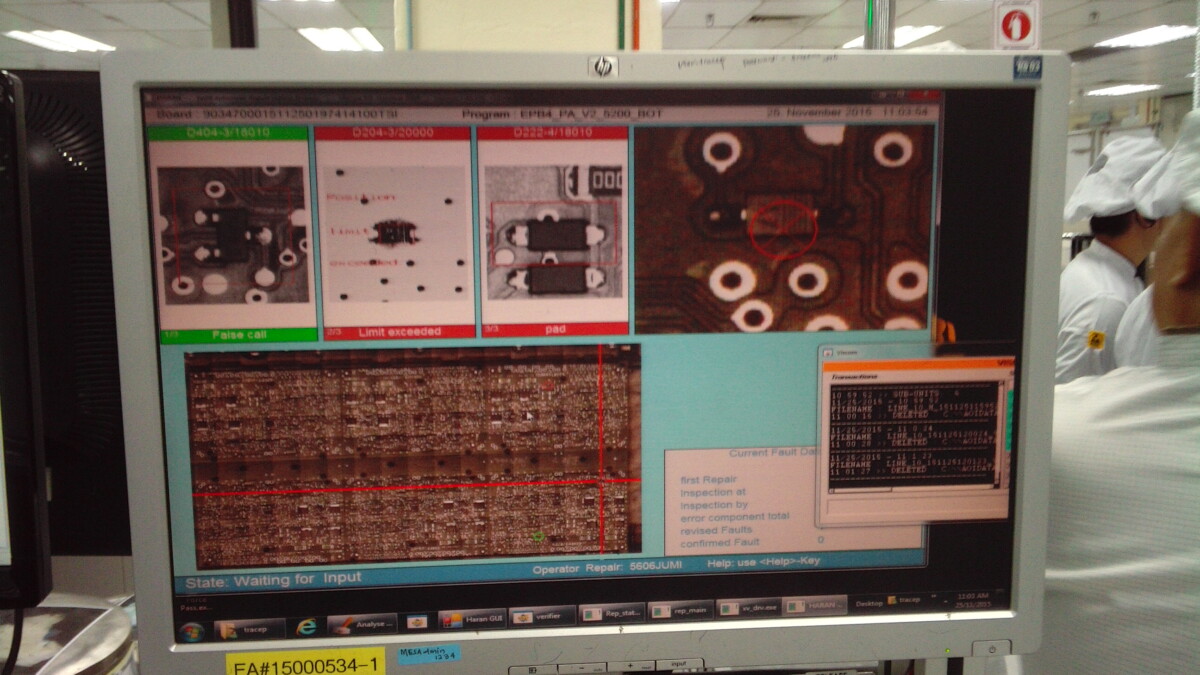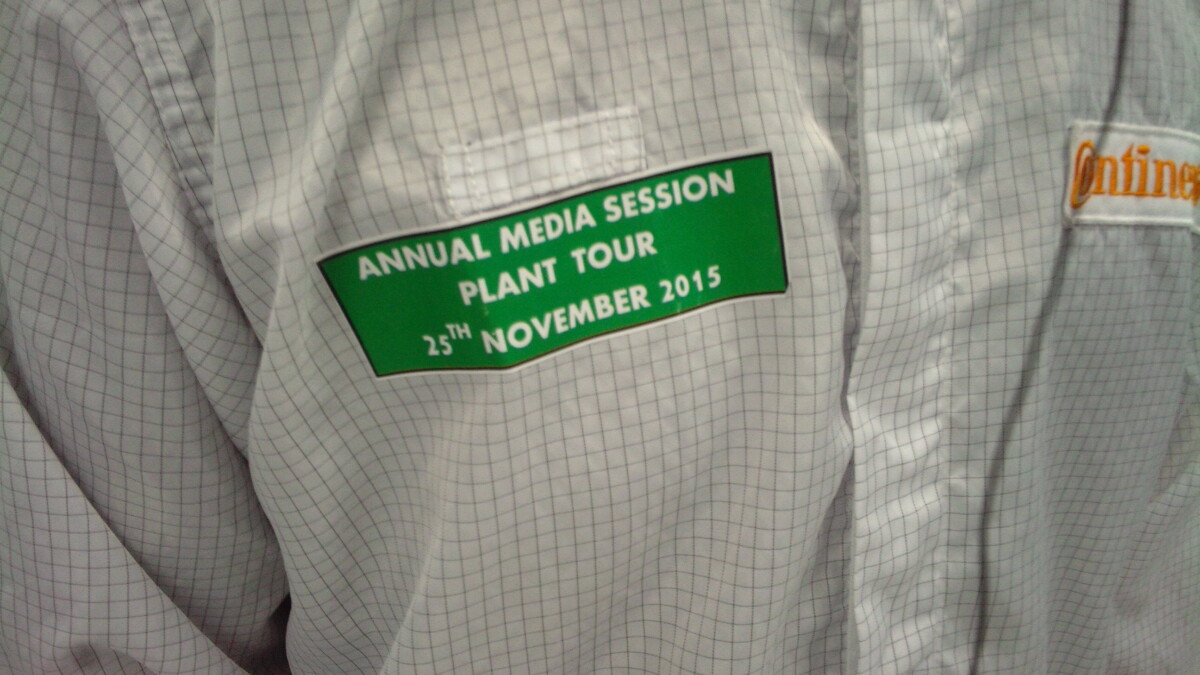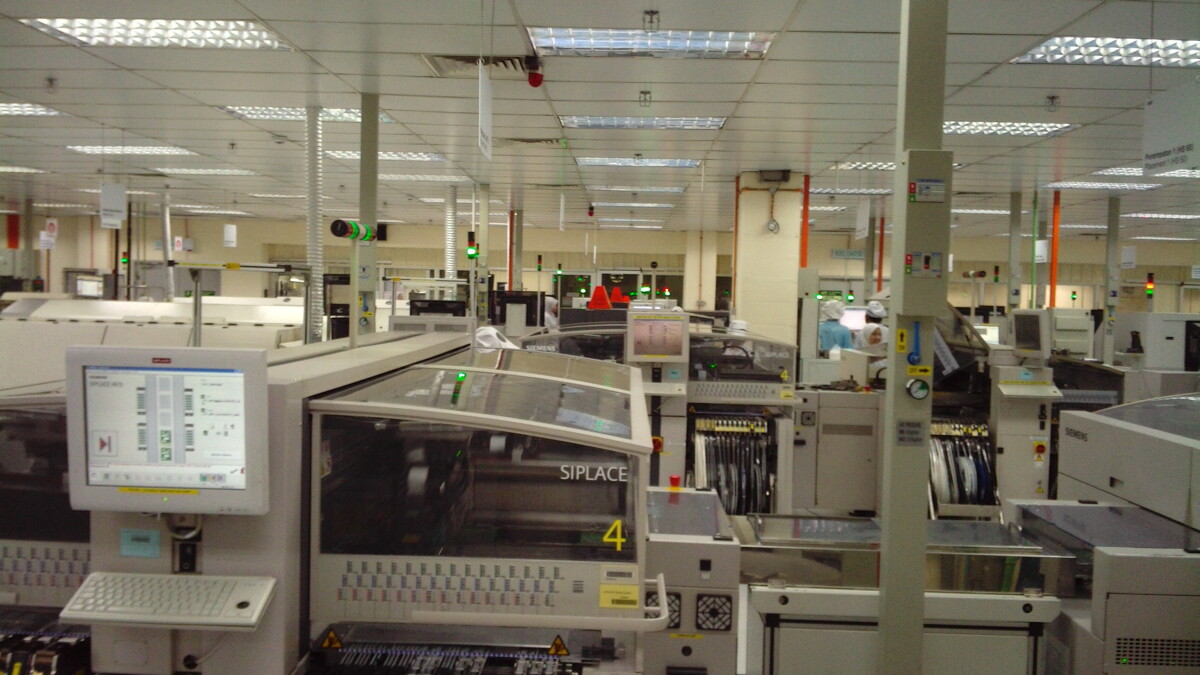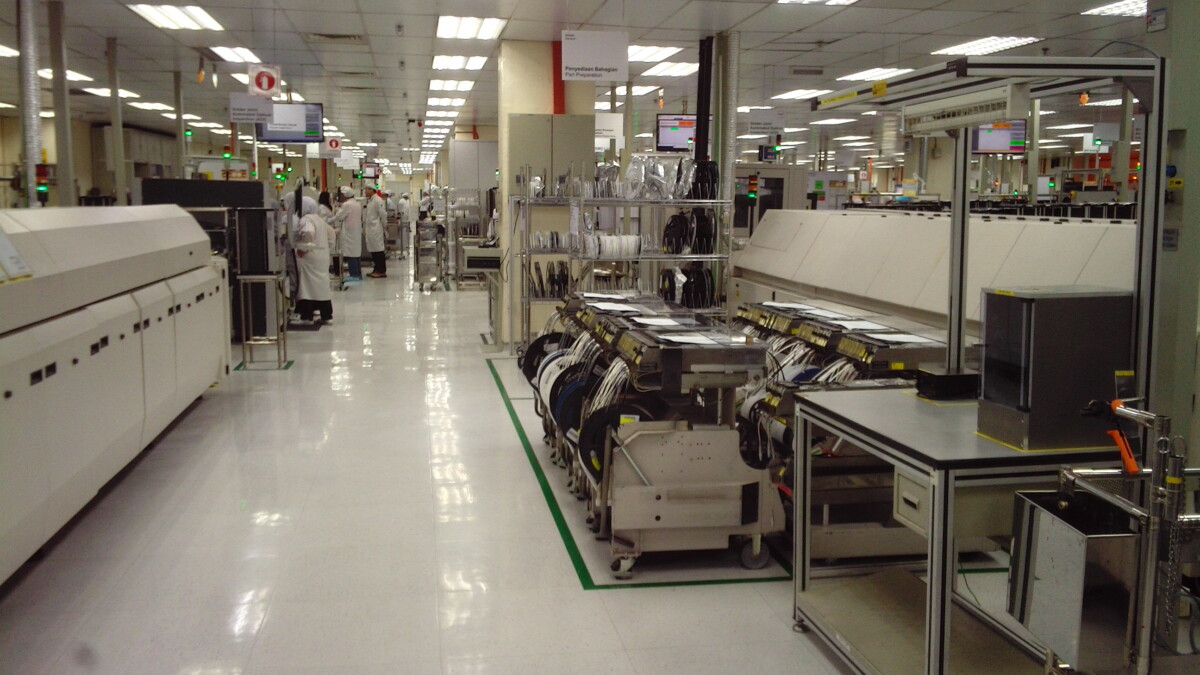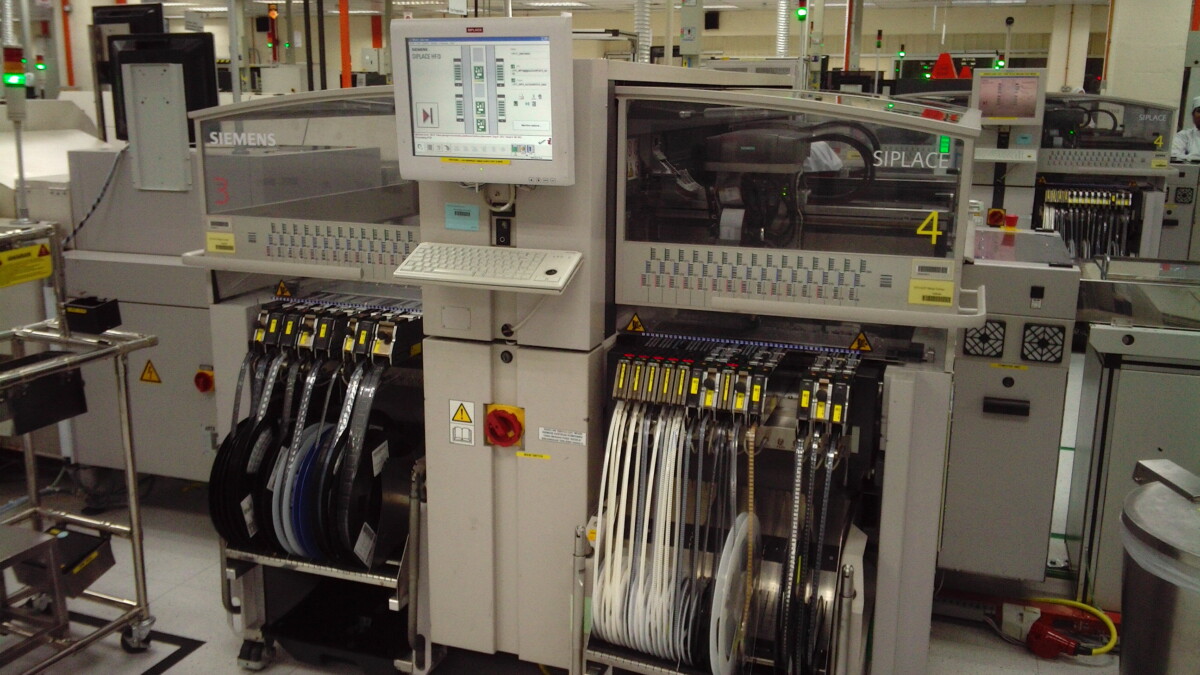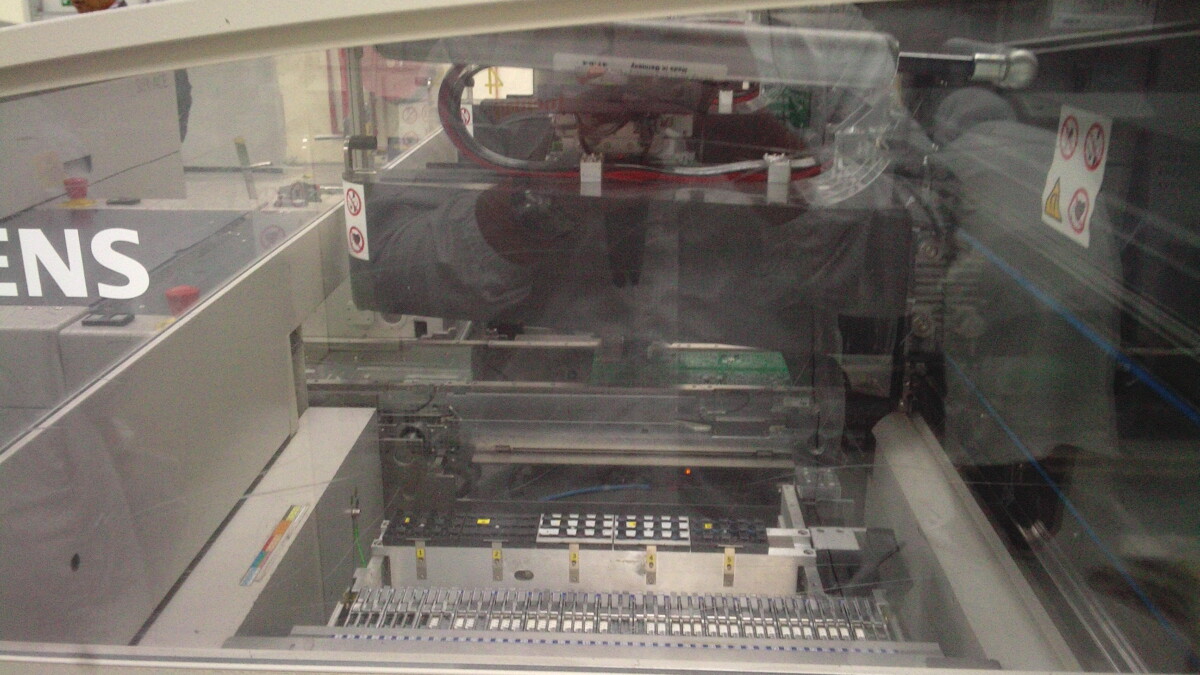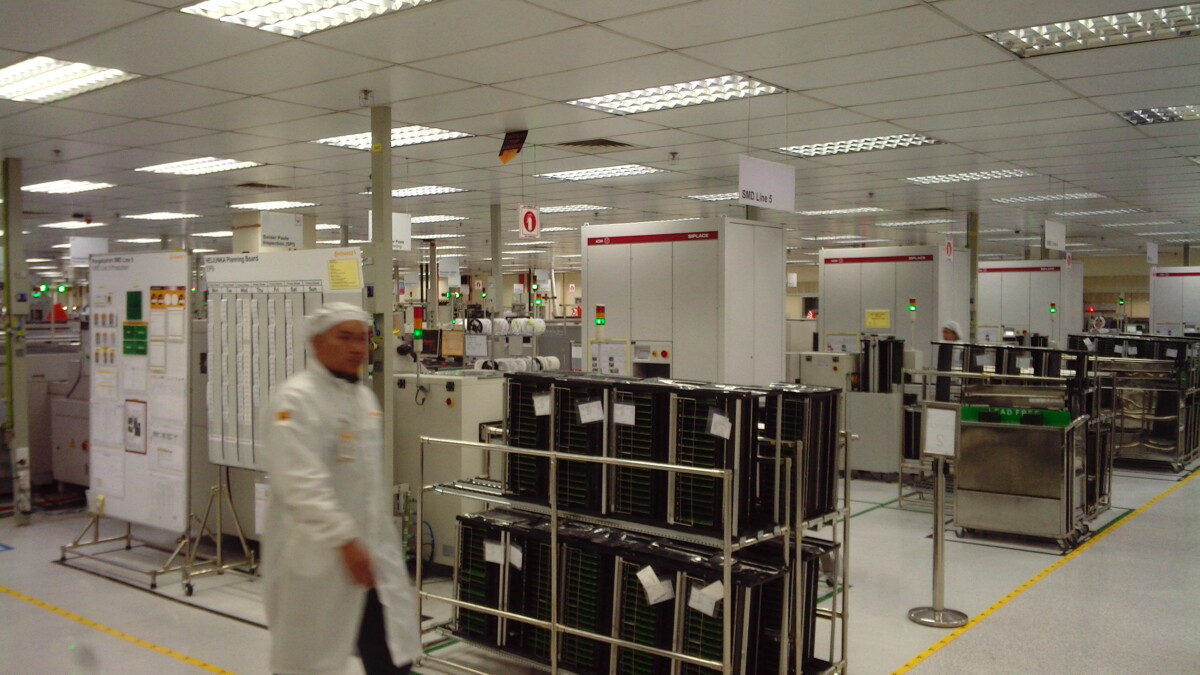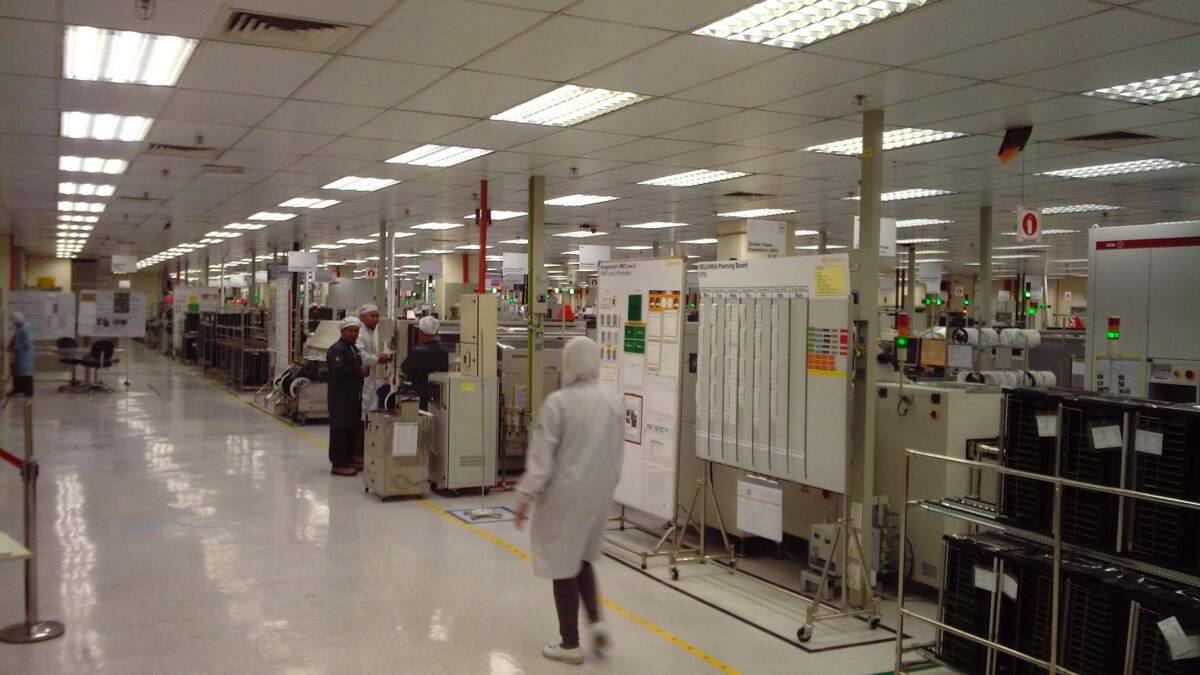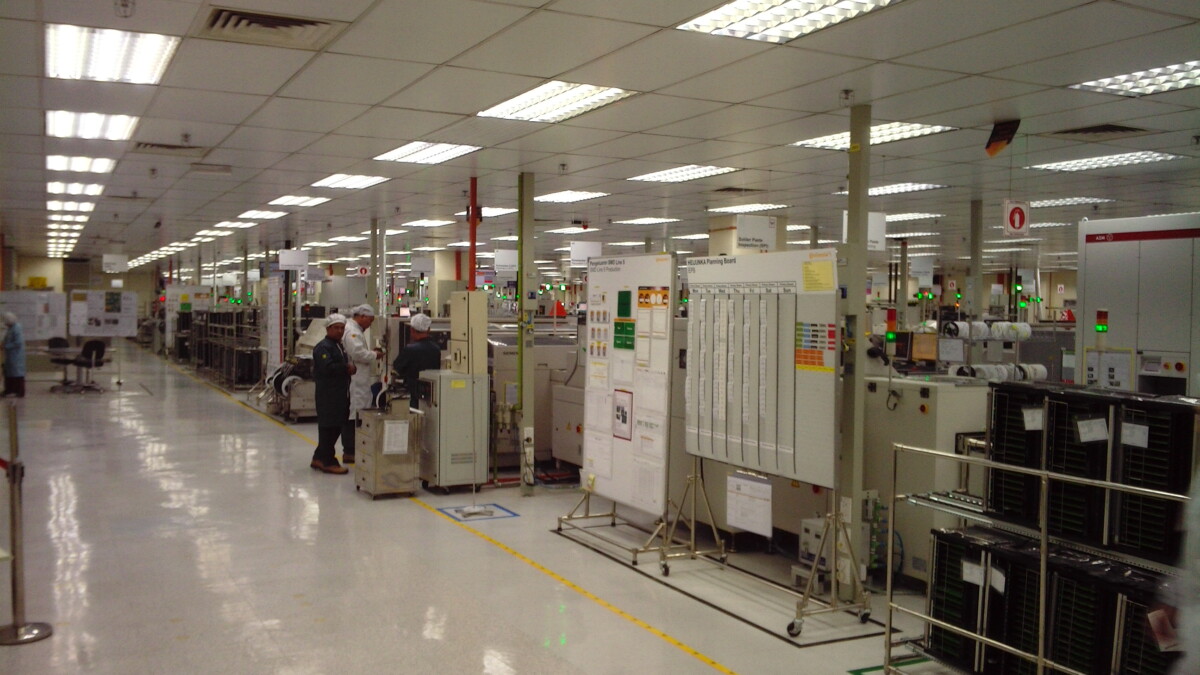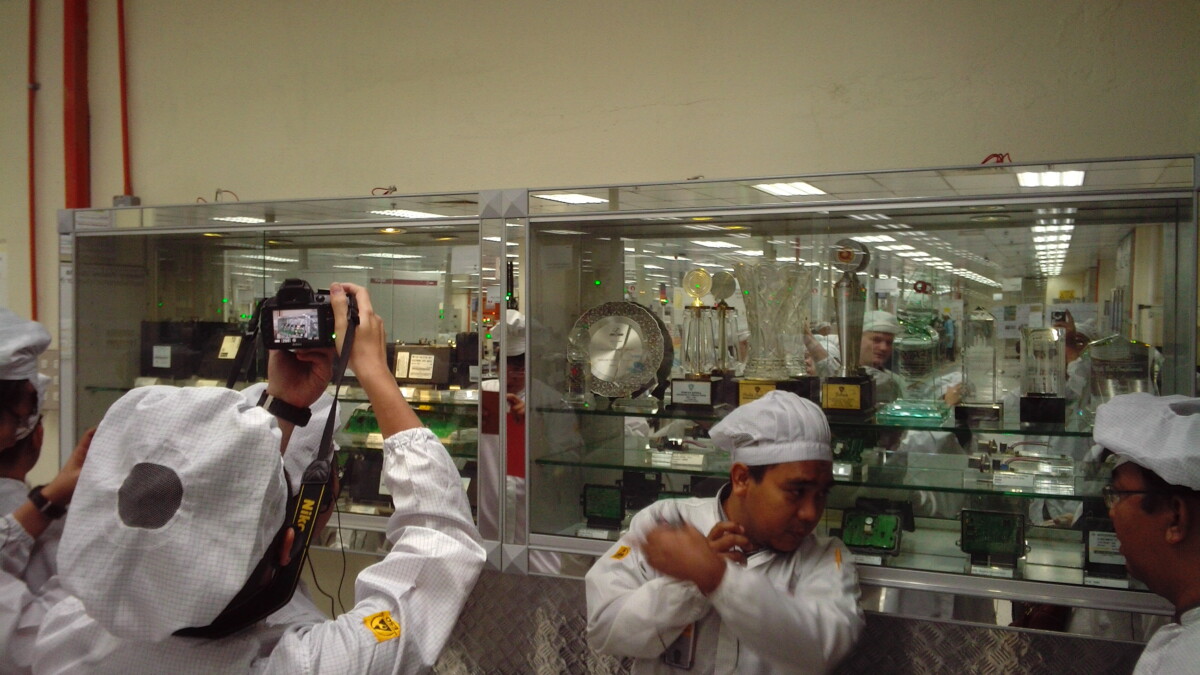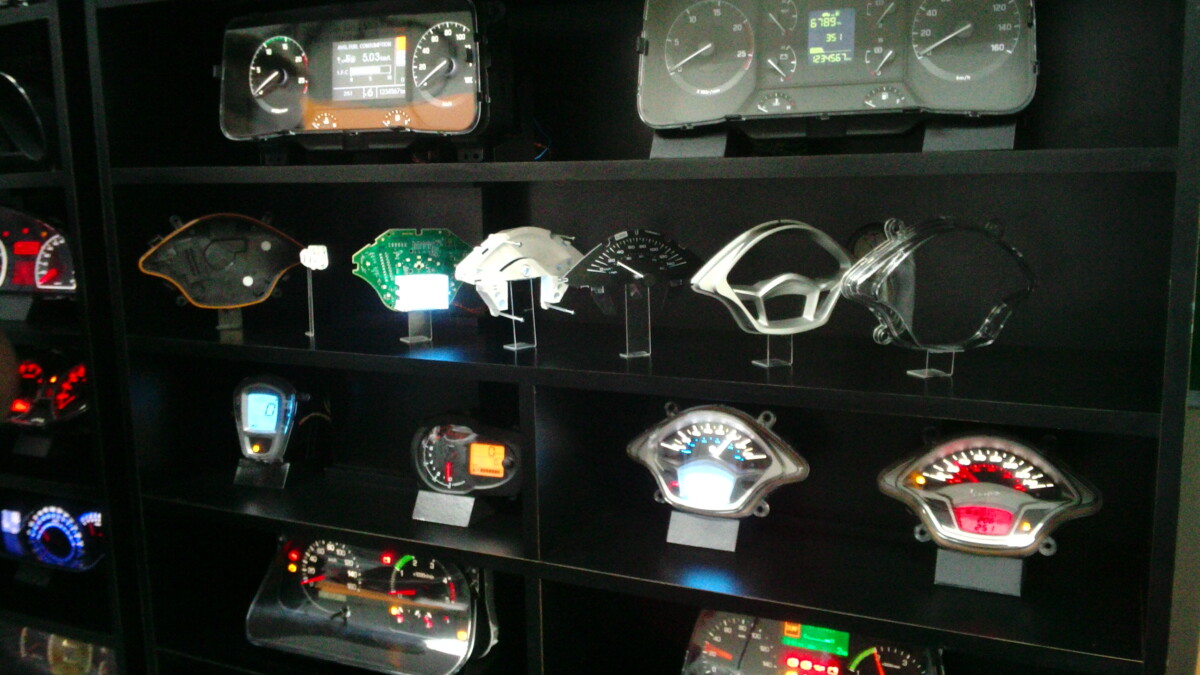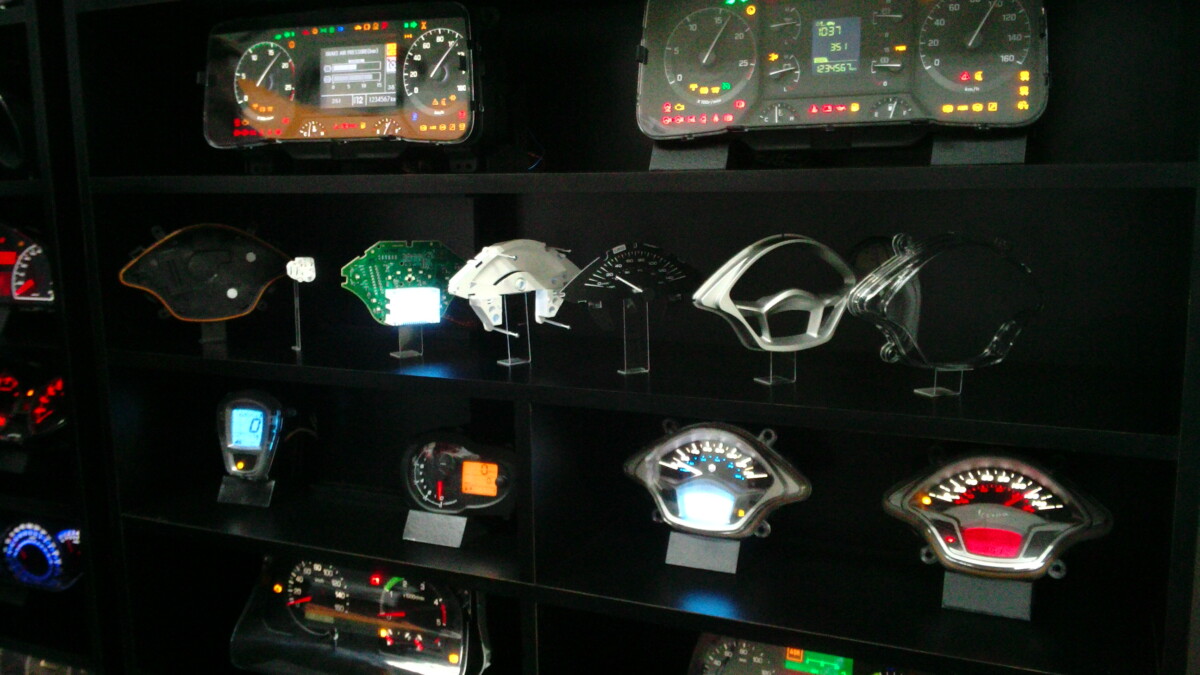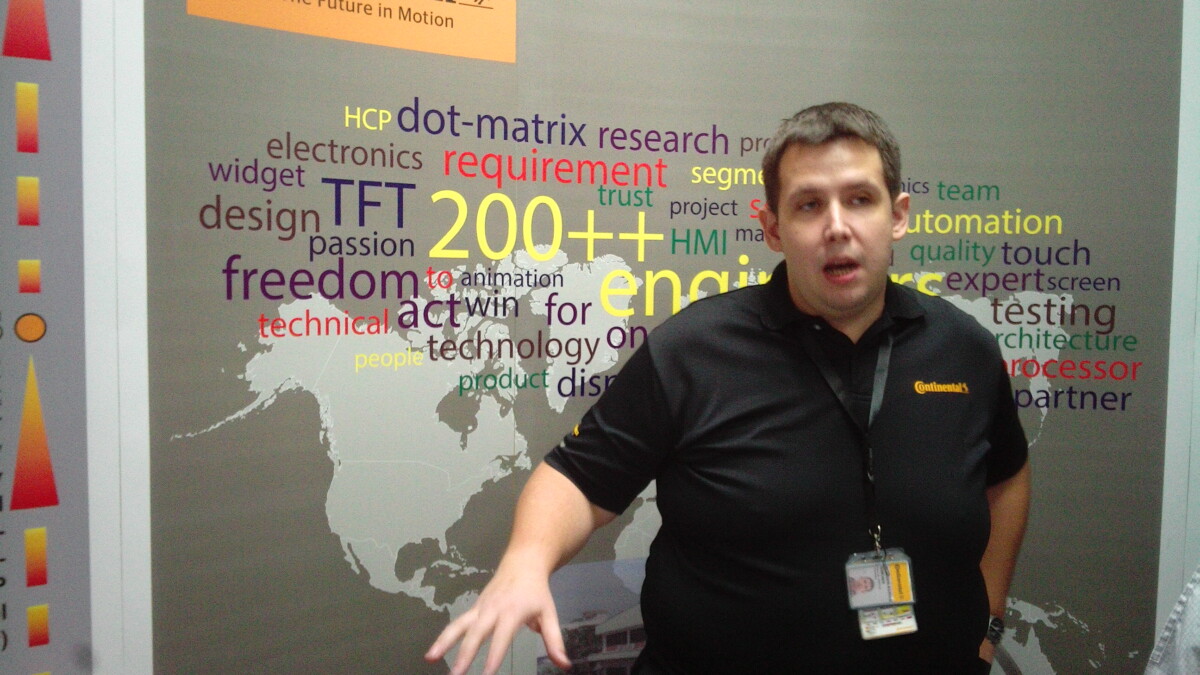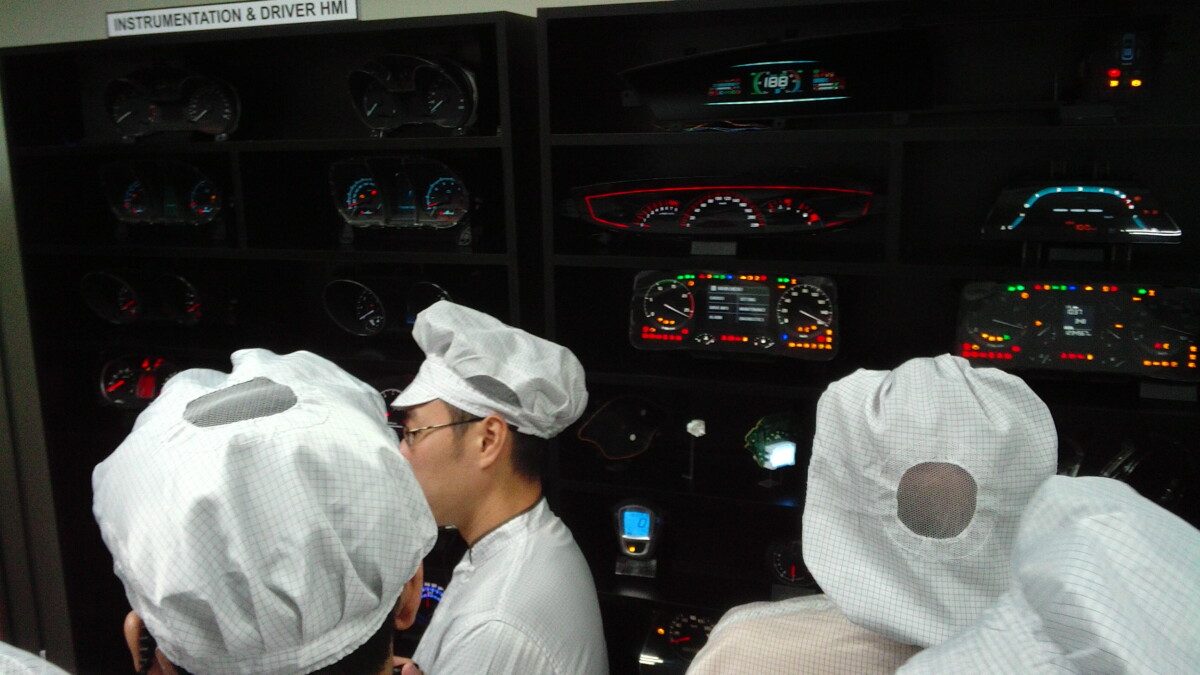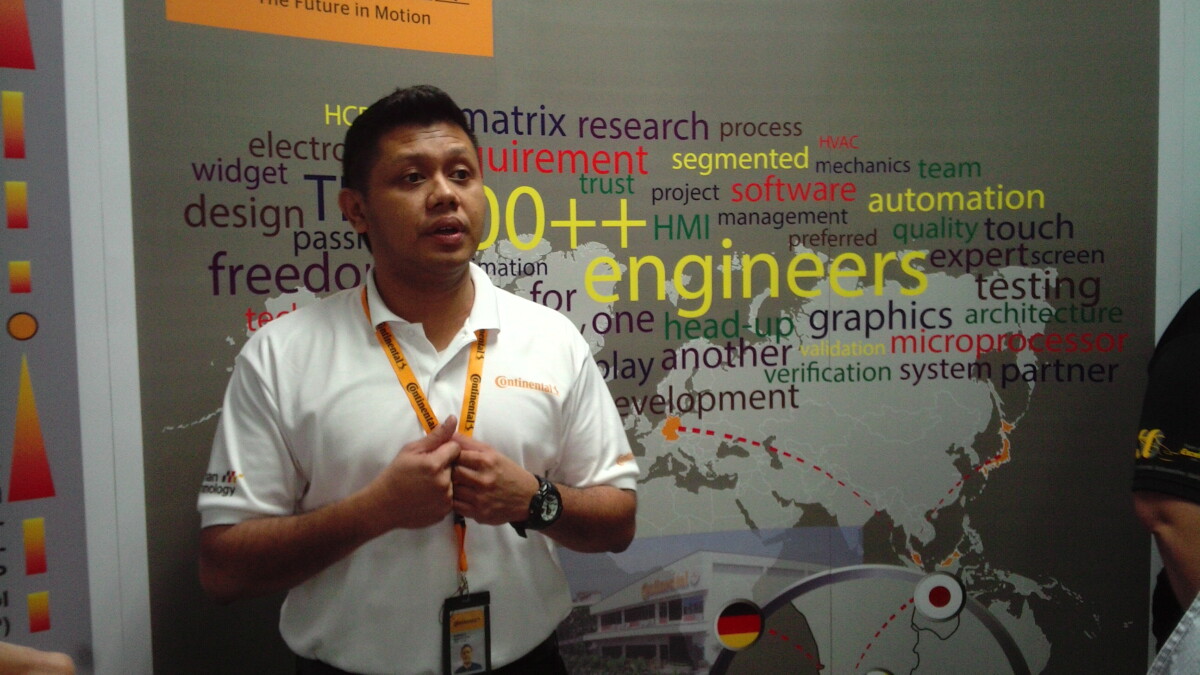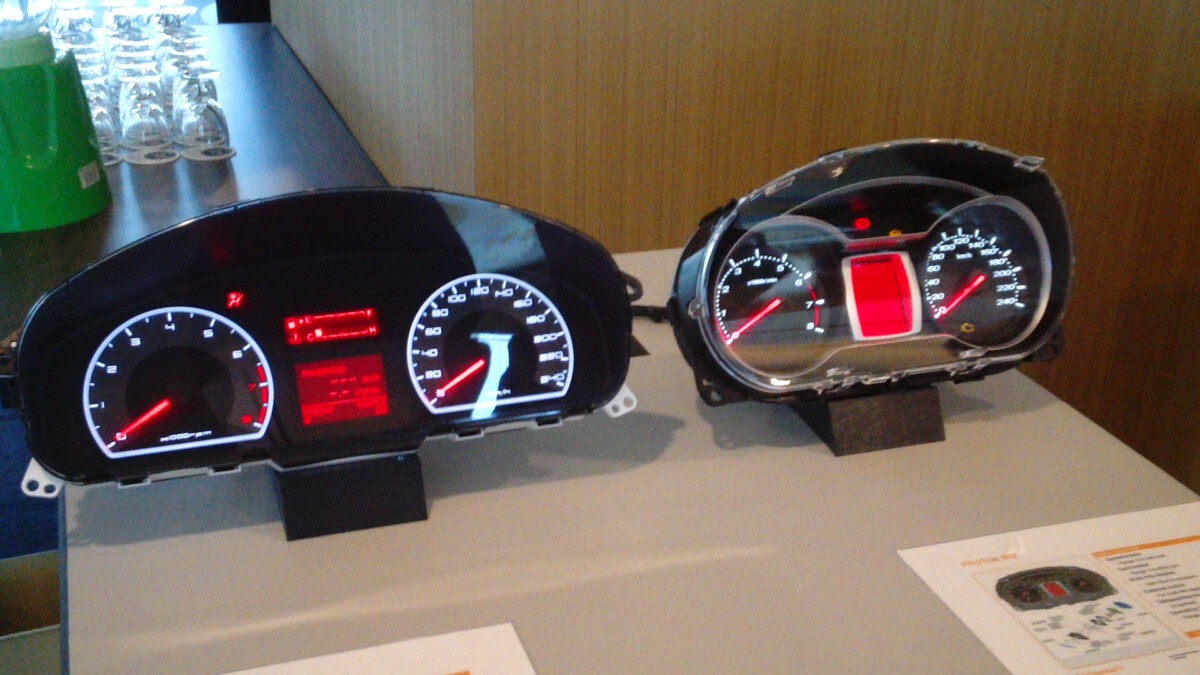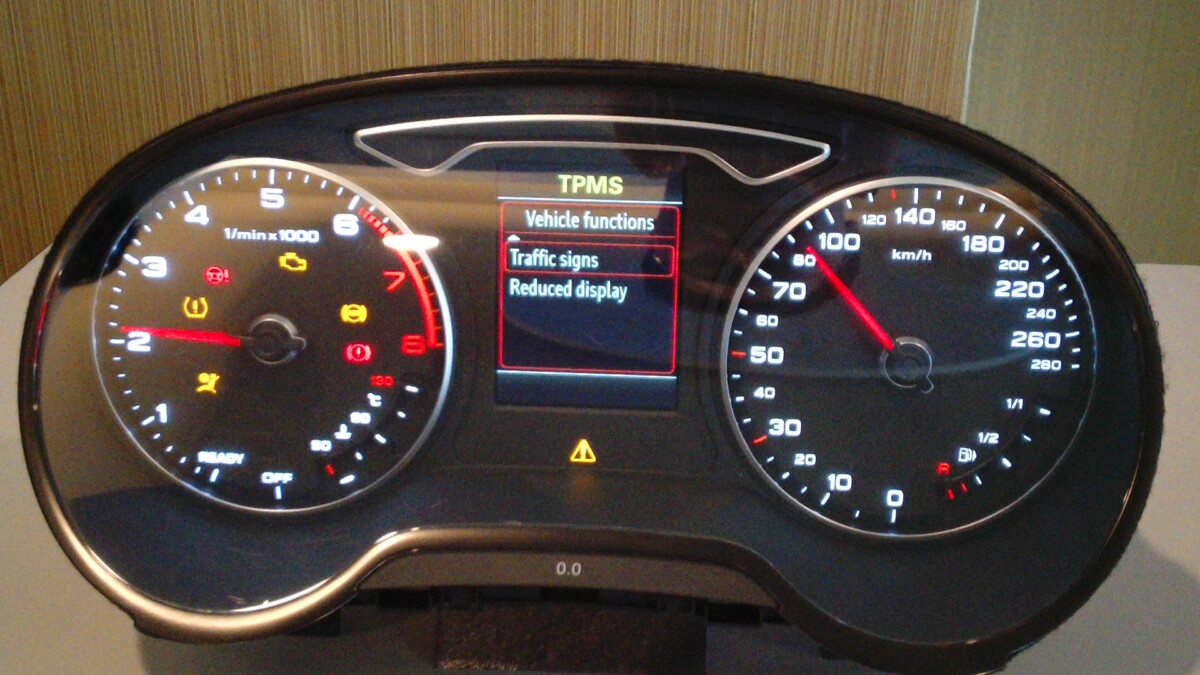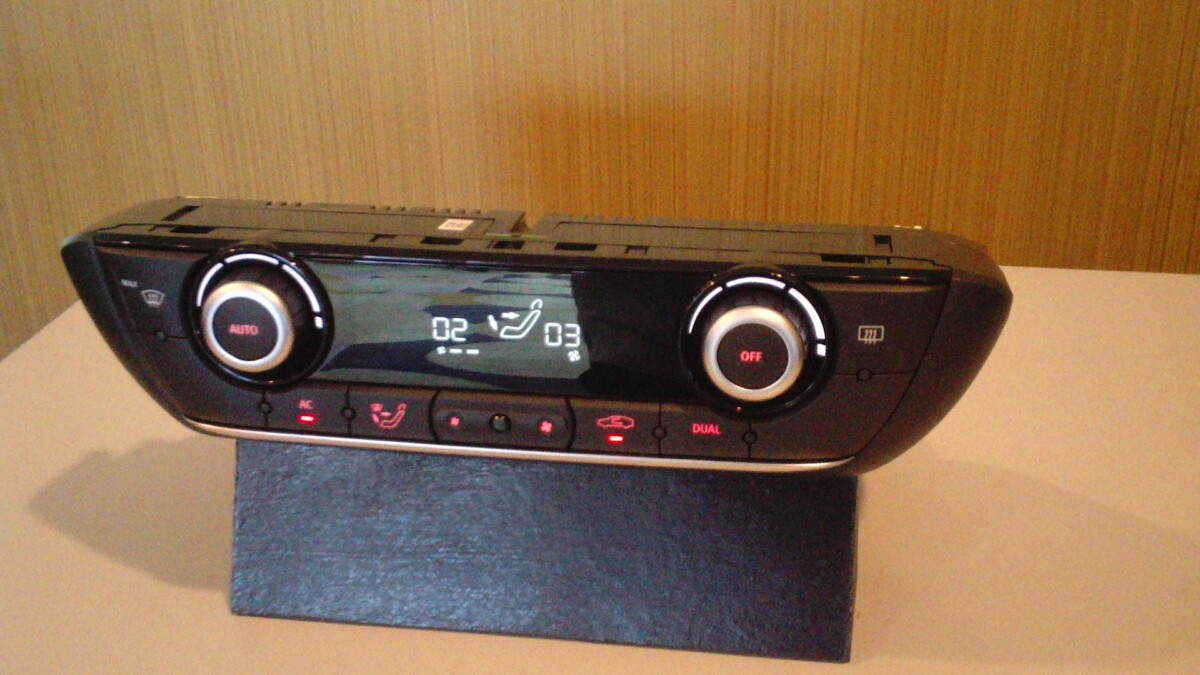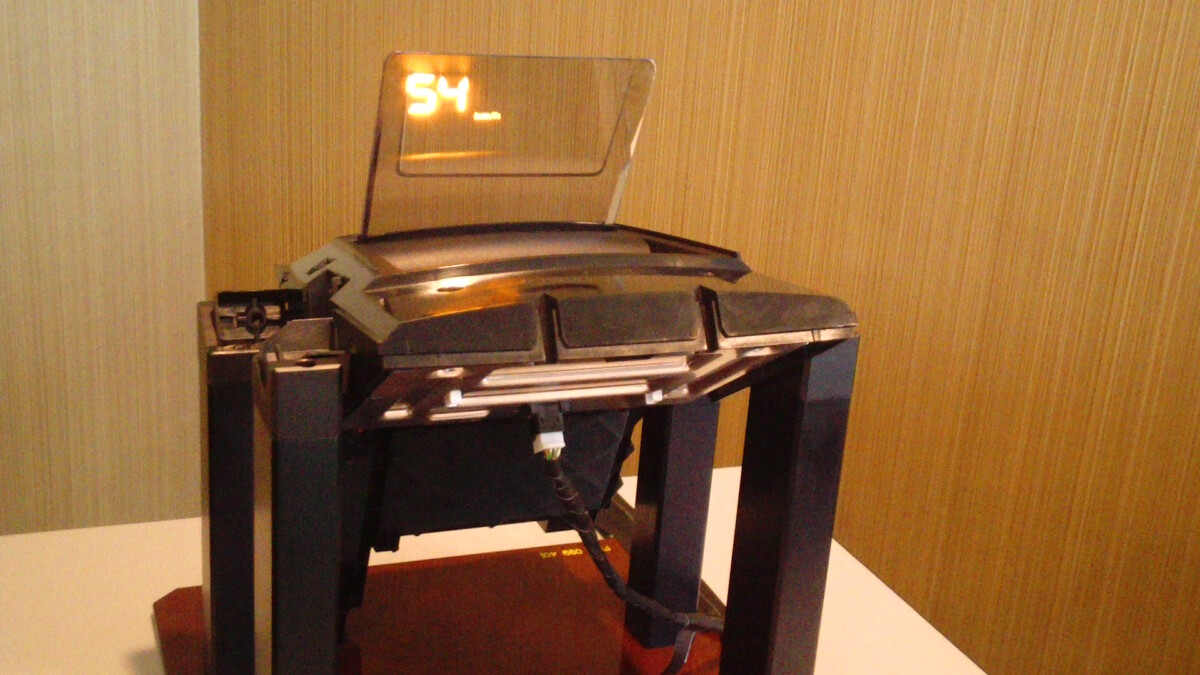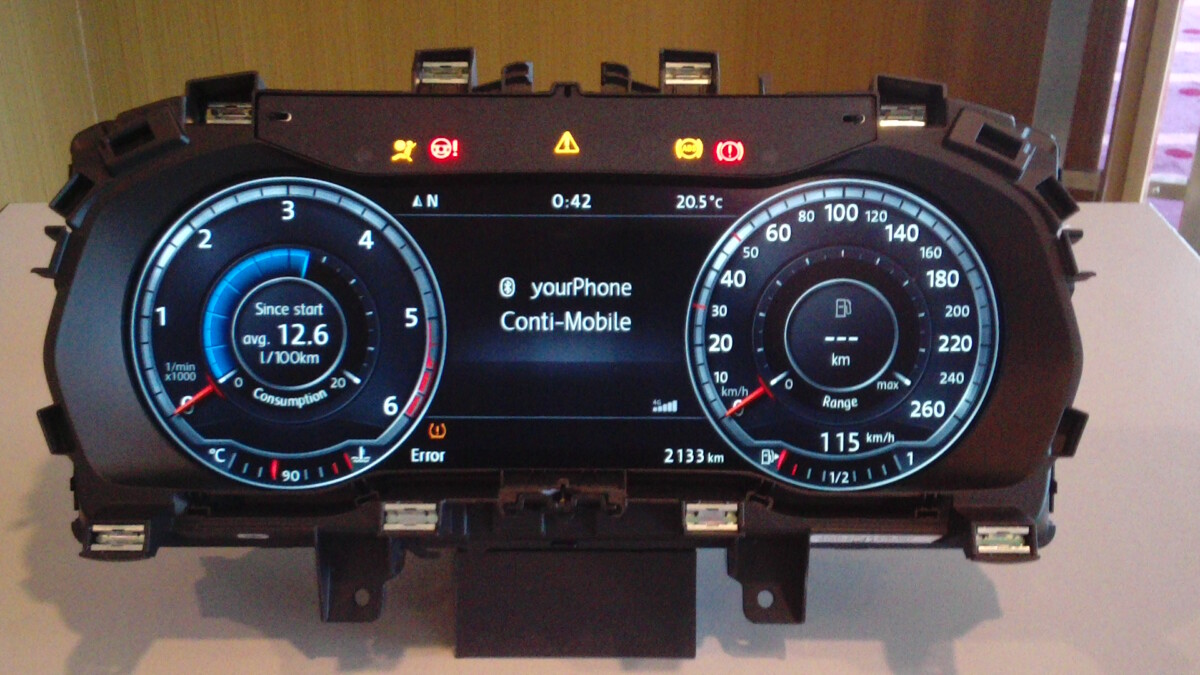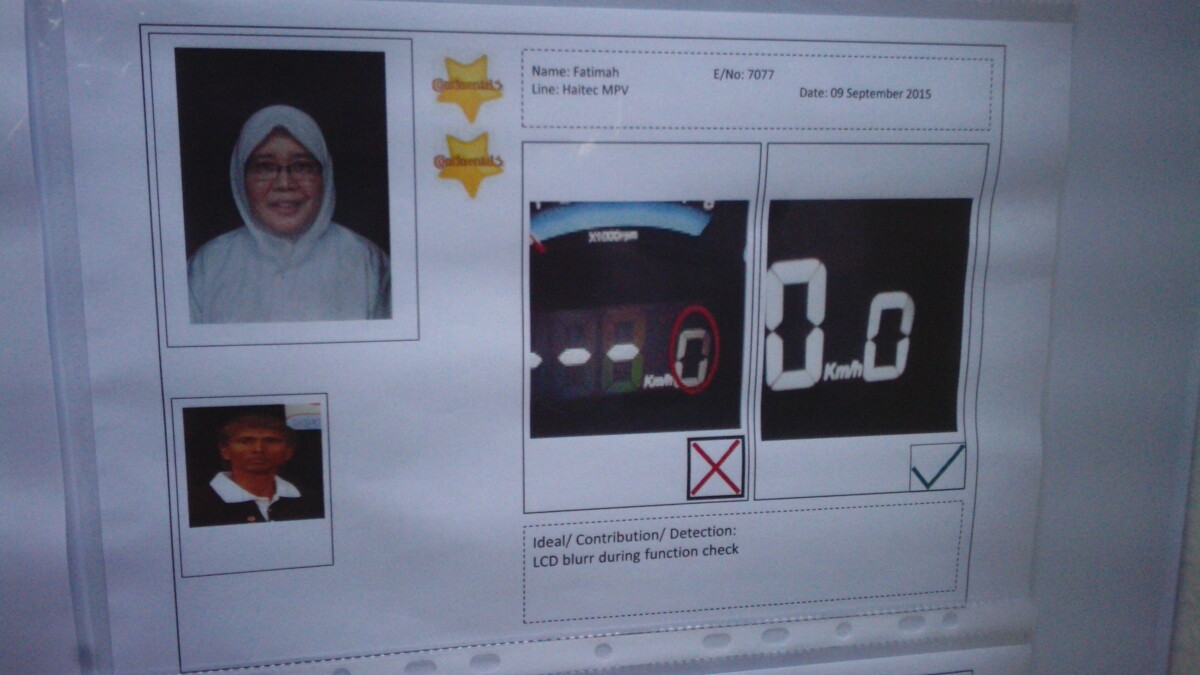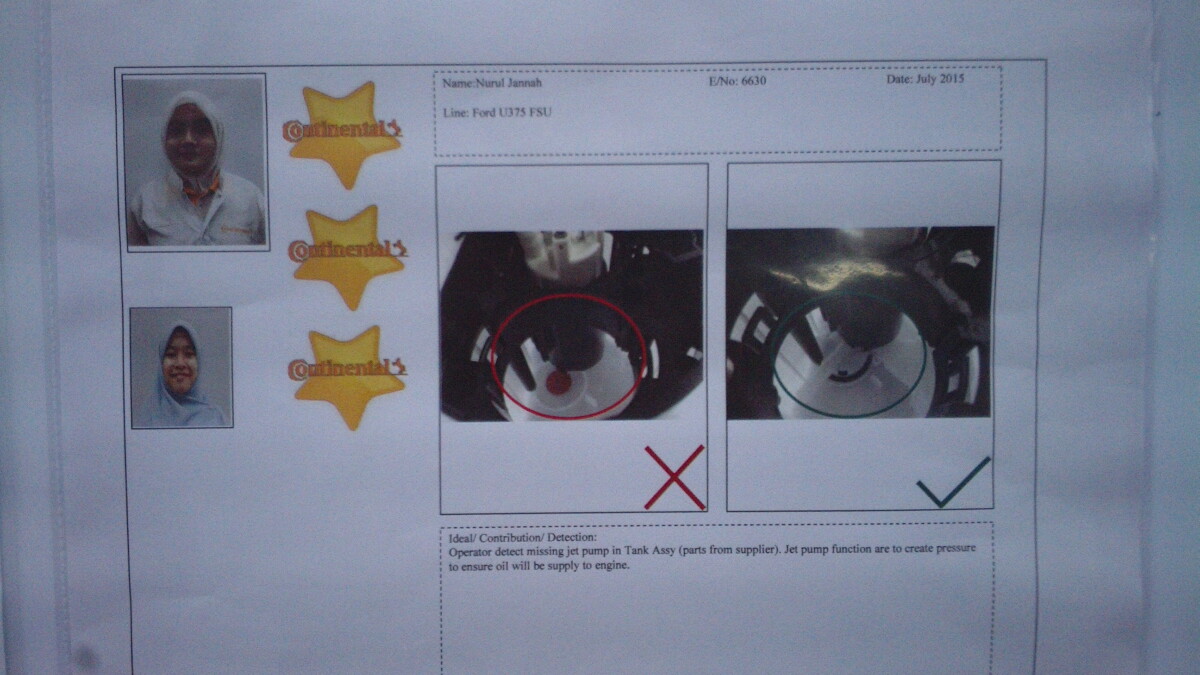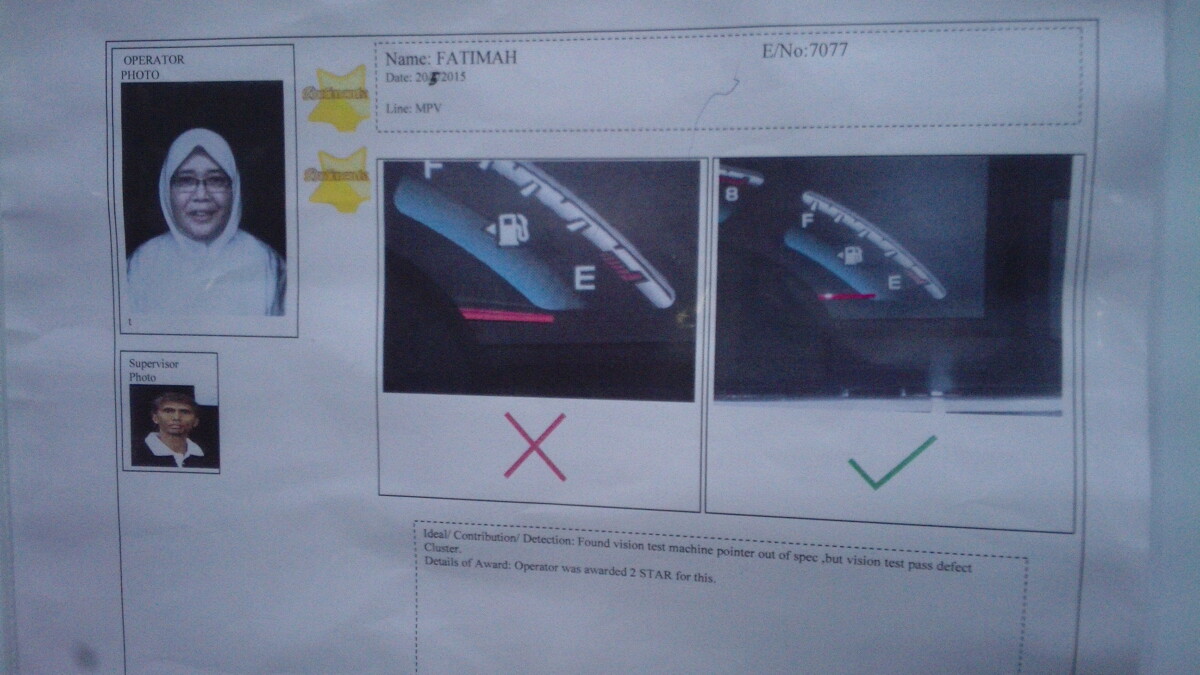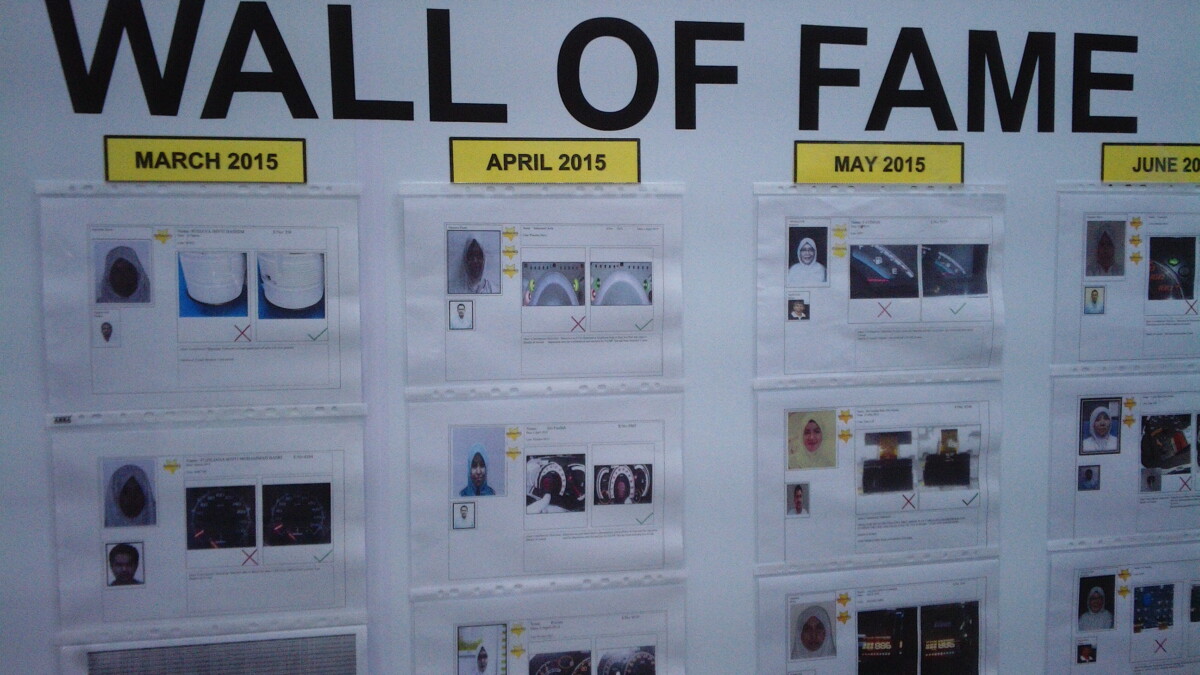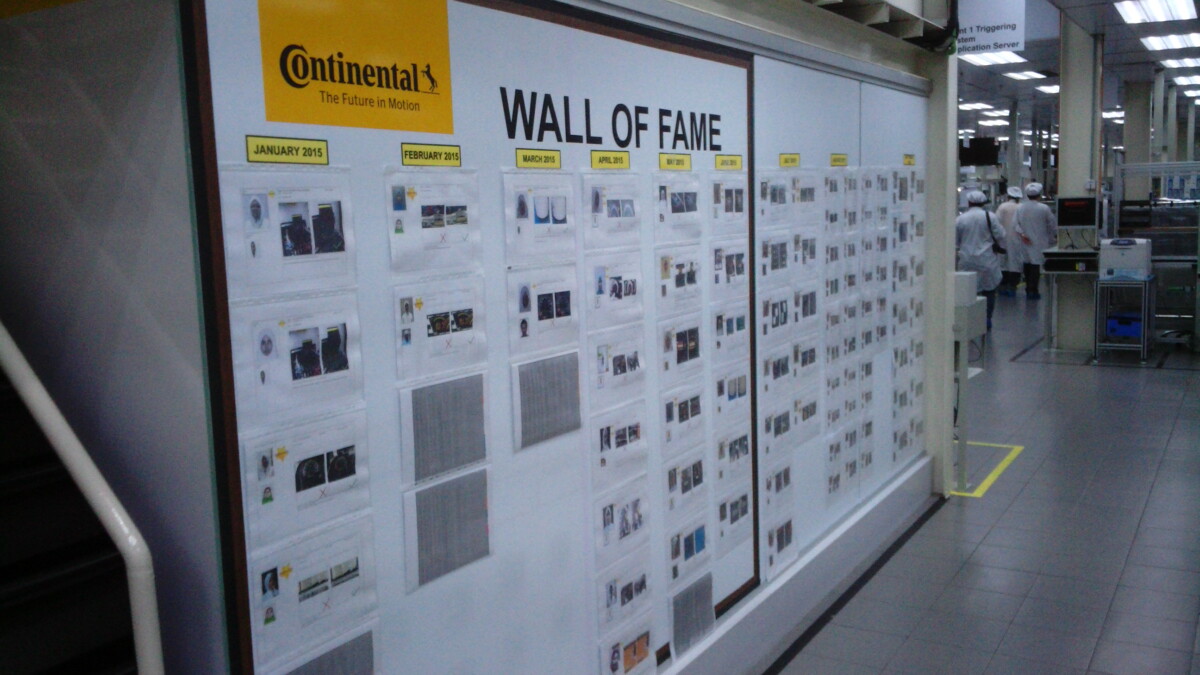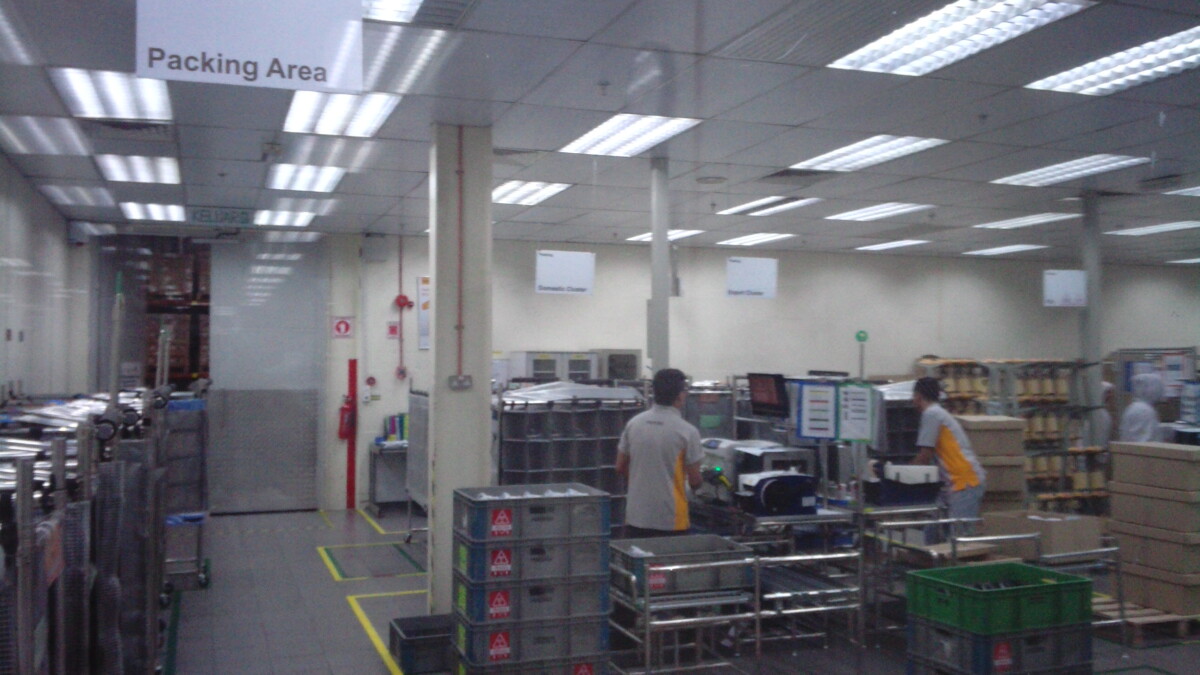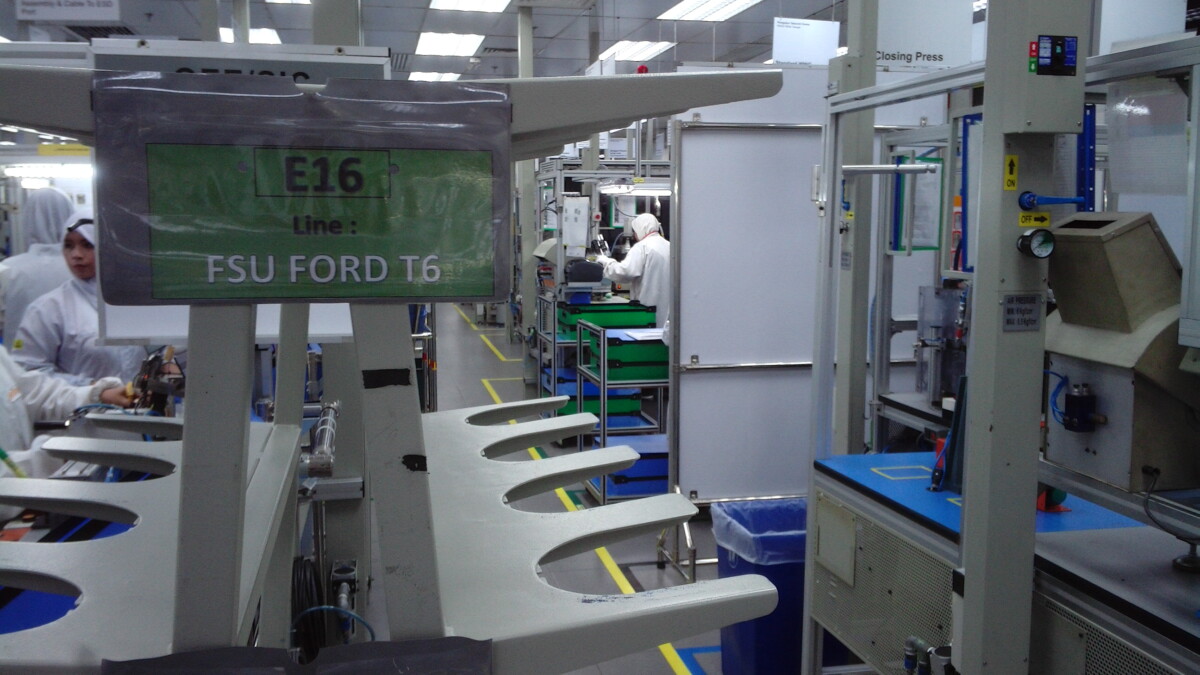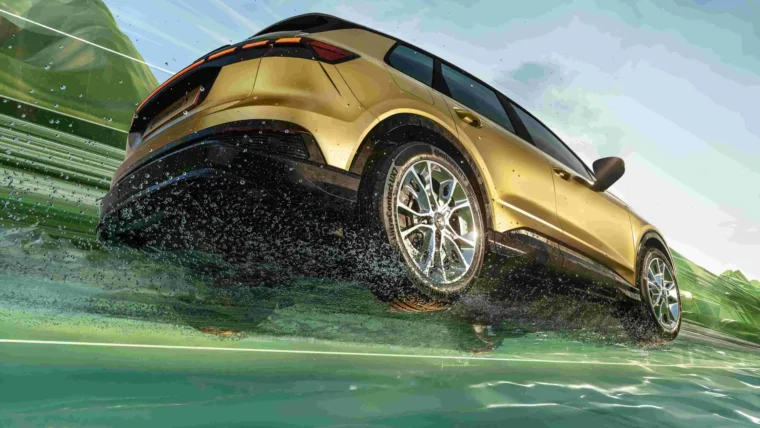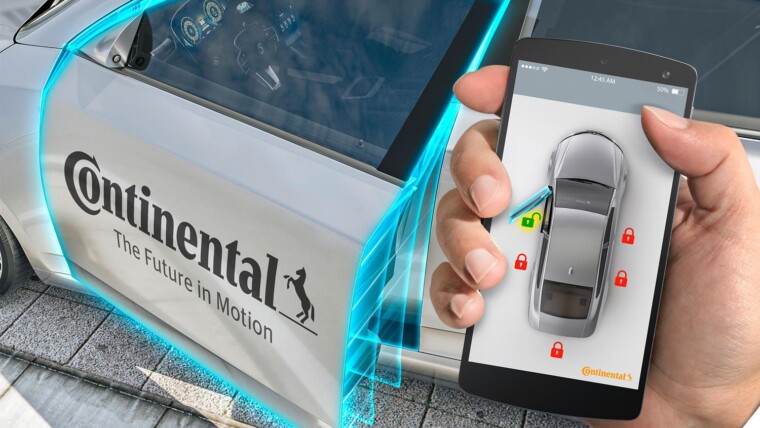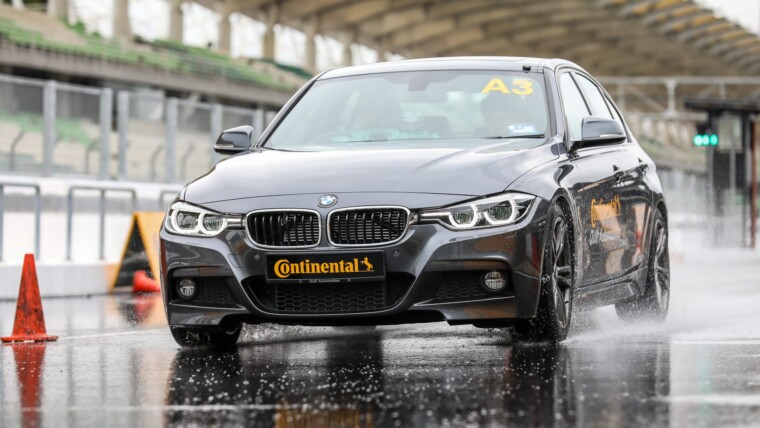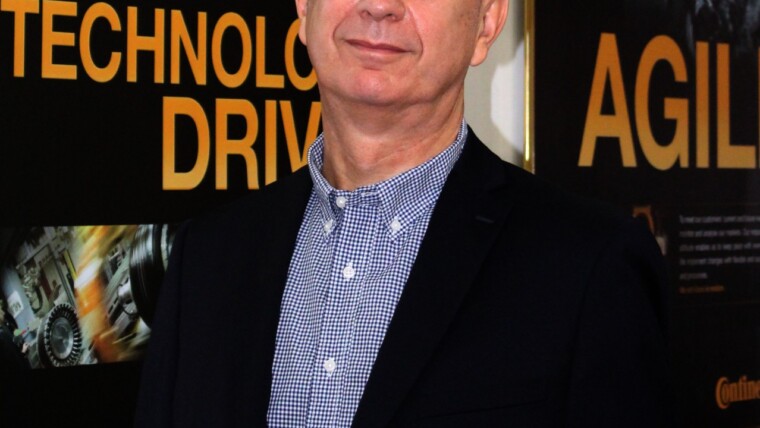“The car is the ultimate gadget,” said Ralf Lenninger, Continental Senior Vice President of the Interior Electronics Solutions Division. He was giving an update and overview of what Continental is doing in the world of automotive technology at a recent field trip organized by Continental Malaysia.
Lenninger backed up his claims with calculating that there are 2.4 billion Internet users in the world currently and with an average of 20 minutes of use per person, which comes to 800 million Internet hours per day.
On the other hand, there are 1.2 billion cars on the road and if one car is driven roughly an hour per day, that’s already more than what people spend on the smart phone and computers.
“In the near future, with autonomous driving, the driver is sitting in the car and the car is driving by itself and the car is connected, then the 800 million internet hours is more then doubled.”
“And that’s how the IT industry is interested to enter the arena of automotive, every hour the driver is not driving, is spent on the internet which is revenue to IT companies, this is why the car is the ultimate gadget,” Lenninger went on.
The future sounds boring to car enthusiast, or in this case “Autofreaks” but Lenninger also explains for people like us, they will install an off button.
“Ultimately you will have the choice on when to use the system and logically we forsee people using autonomous driving whenever they are moving from one location to another especially in their commute to work, and then switching it off over the weekend for some fun.”
Makes good logic which gives you the ability to read Autofreaks postings on your way to work and drive like one over the weekend. Apart from all that information flowing into the car, the connectivity of everything also means cars will be safer and cleaner.
According to Lenninger, by having all the cars sharing information on road and traffic conditions, cars can be at least 6 percent more efficient.
The car will know what gear and what suspension setting it will need to drive down a certain road by comparing the data from other cars that had driven there before.
However there are hurdles that the whole automotive industry have to overcome first and that’s the information itself. Yes, cars can be connected currently by using the smartphone or its own datalink but these systems are not secure enough especially for proper autonomous driving.
Imagine if the car receives the wrong signal or someone hacks the system and that results in the wrong suspension settings. That scenario could end in a bad way with the vehicle loosing control and crashing.
So Lenninger predicts that the car will eventually have two or even three SIM cards for it to be able to be properly connected. Each SIM card will have different level of security and could also act as a back up if say the other unit does not receive any signals.
Of course the smart phone can still play a role as the normal SIM is good enough for things like infotainment and also personalizing the car.
As one gets into the car, both the car and your smartphone talks to each other and immediately you get your favorite settings from the type of music to how your seat is set and even auto adjusting the climate control to your liking.
A very useful thing if you either share a common car within the family or rental cars.
But that’s not all that was talked about, Continental Automotive Components Malaysia CEO, Yen Siew San took the opportunity to announce his retirement while his successor, Continental Automotive Components Malaysia Plant Manager, Luciano Oliveira also gave a few words of insights to what Continental Malaysia have been up and its future.
Oliveira went from showcasing what the plant have been doing, currently busy with and the future of the company.
Located in the Prai Industrial Estate, the plant started as a factory producing instrument clusters for the Malaysian market.
Their portfolio has grown from just producing meter clusters to include other automotive components such as fuel pumps, ECU, sensors and their biggest seller, the electric parking module for four wheelers and two wheelers of several brands.
And the plant had been upgraded into both R&D and production site a few years back. With that they are slowly phasing out the normal meter cluster we are all so used to staring at with the TFT meter cluster. Continental is moving hard towards this technology with adding more programmers into the company in the near future.
Continental Field Trip Photo Gallery (Pics by Albakry)
Other posts by AF Newsdesk

